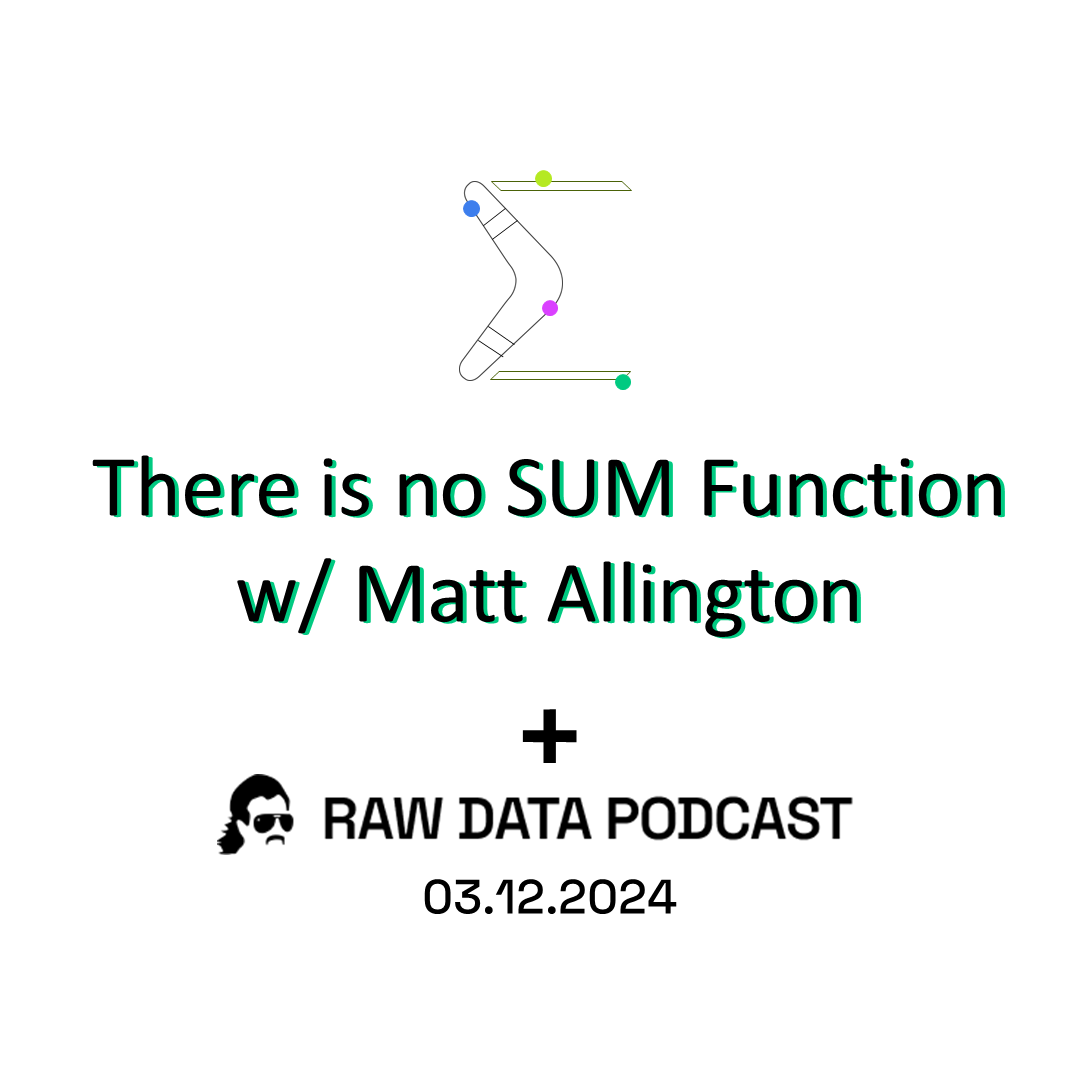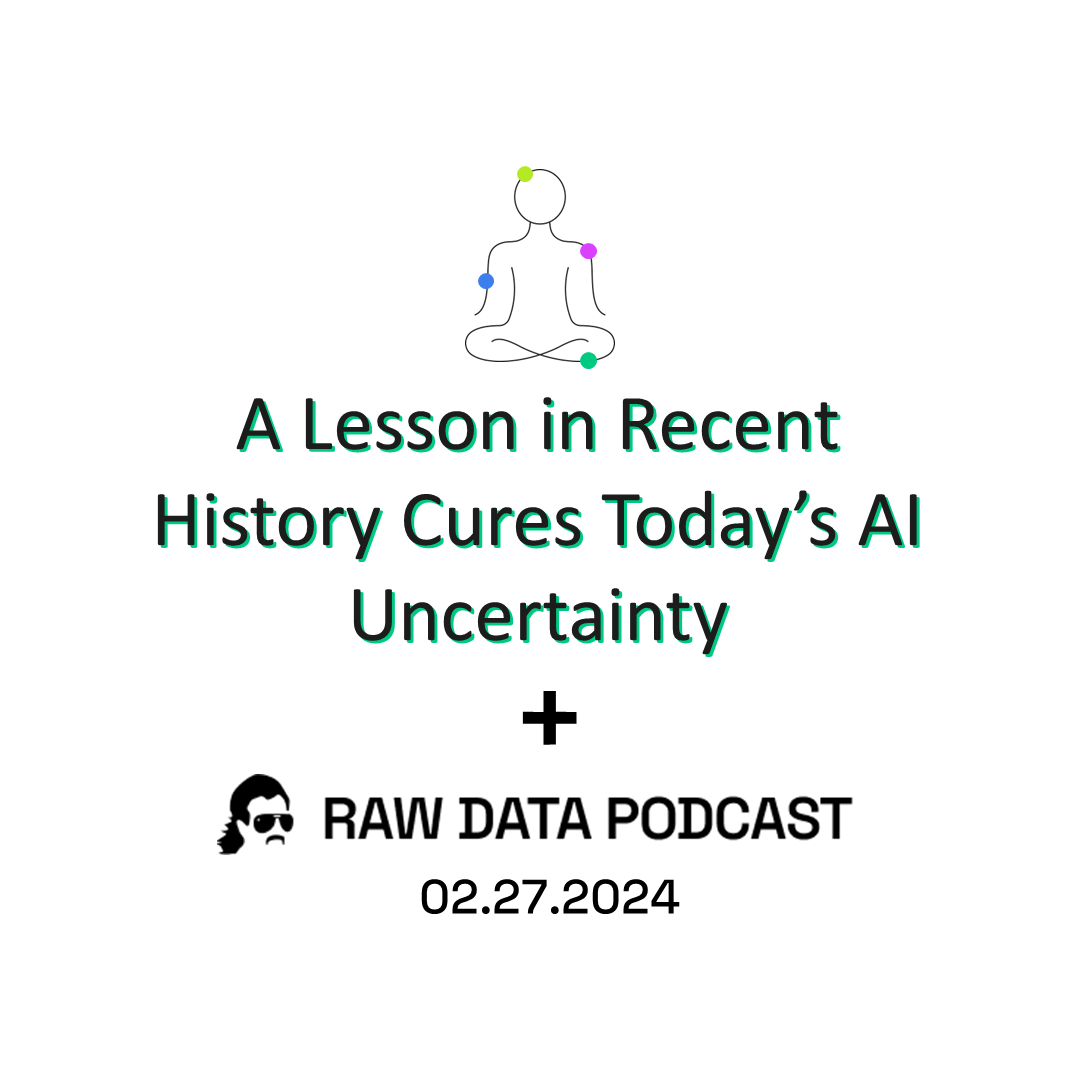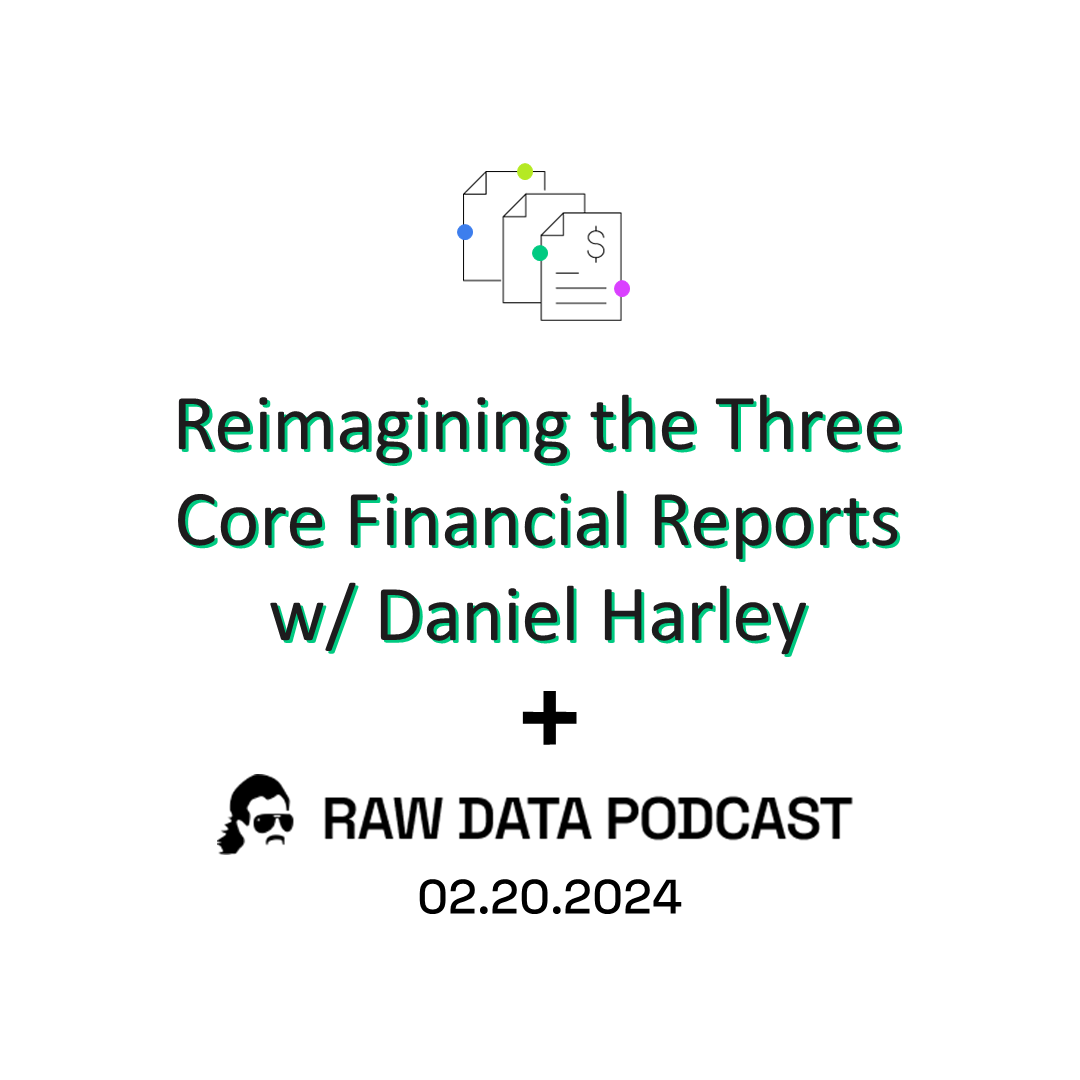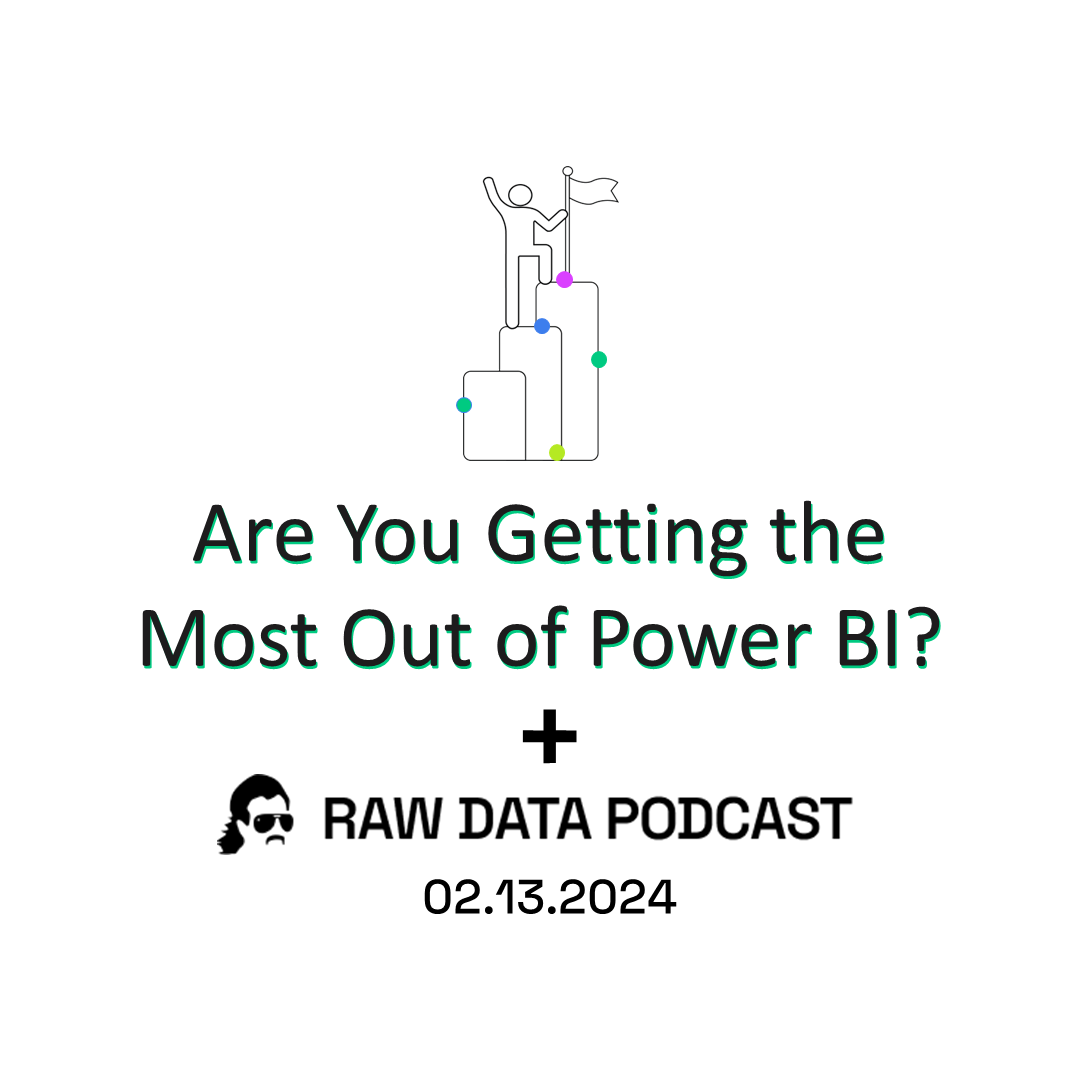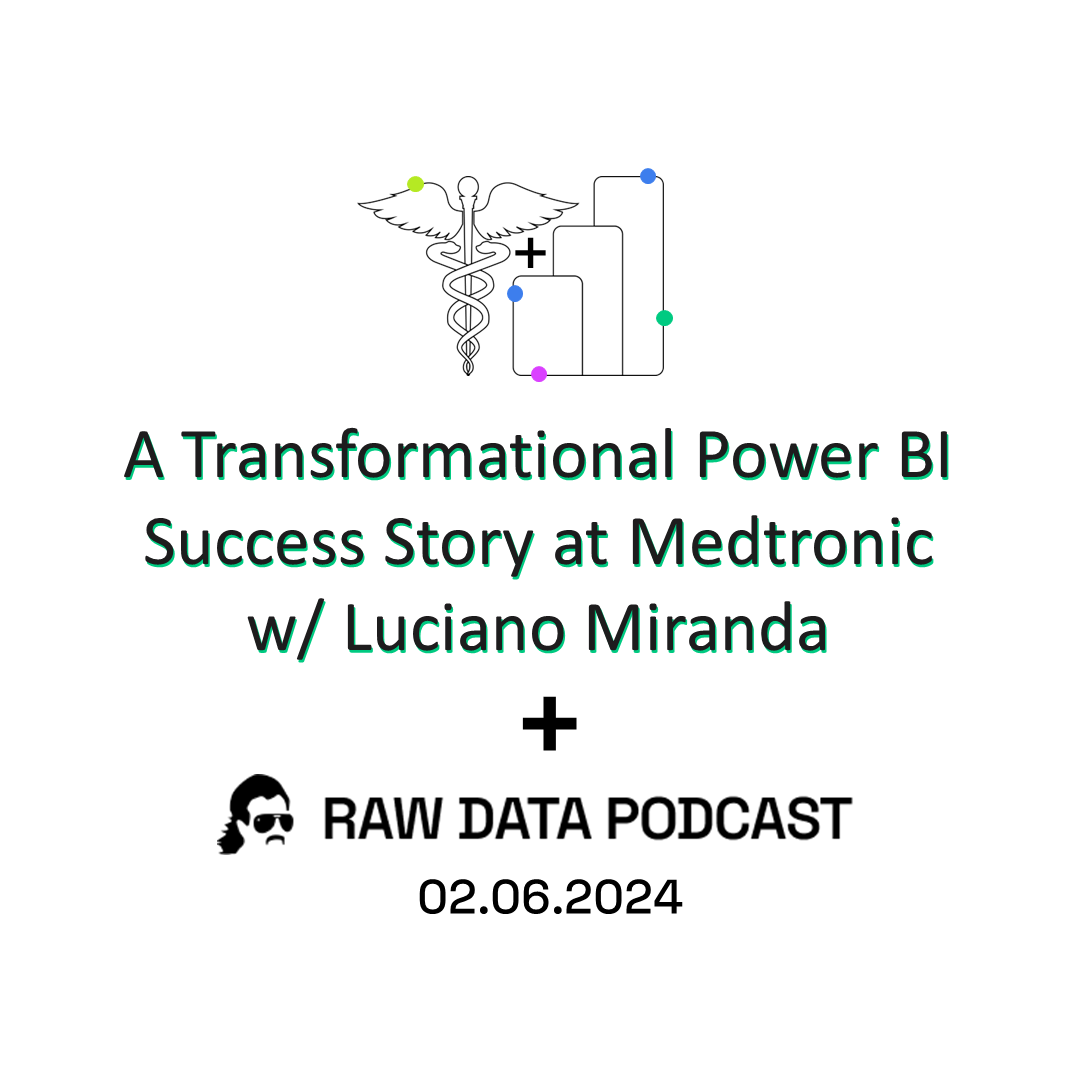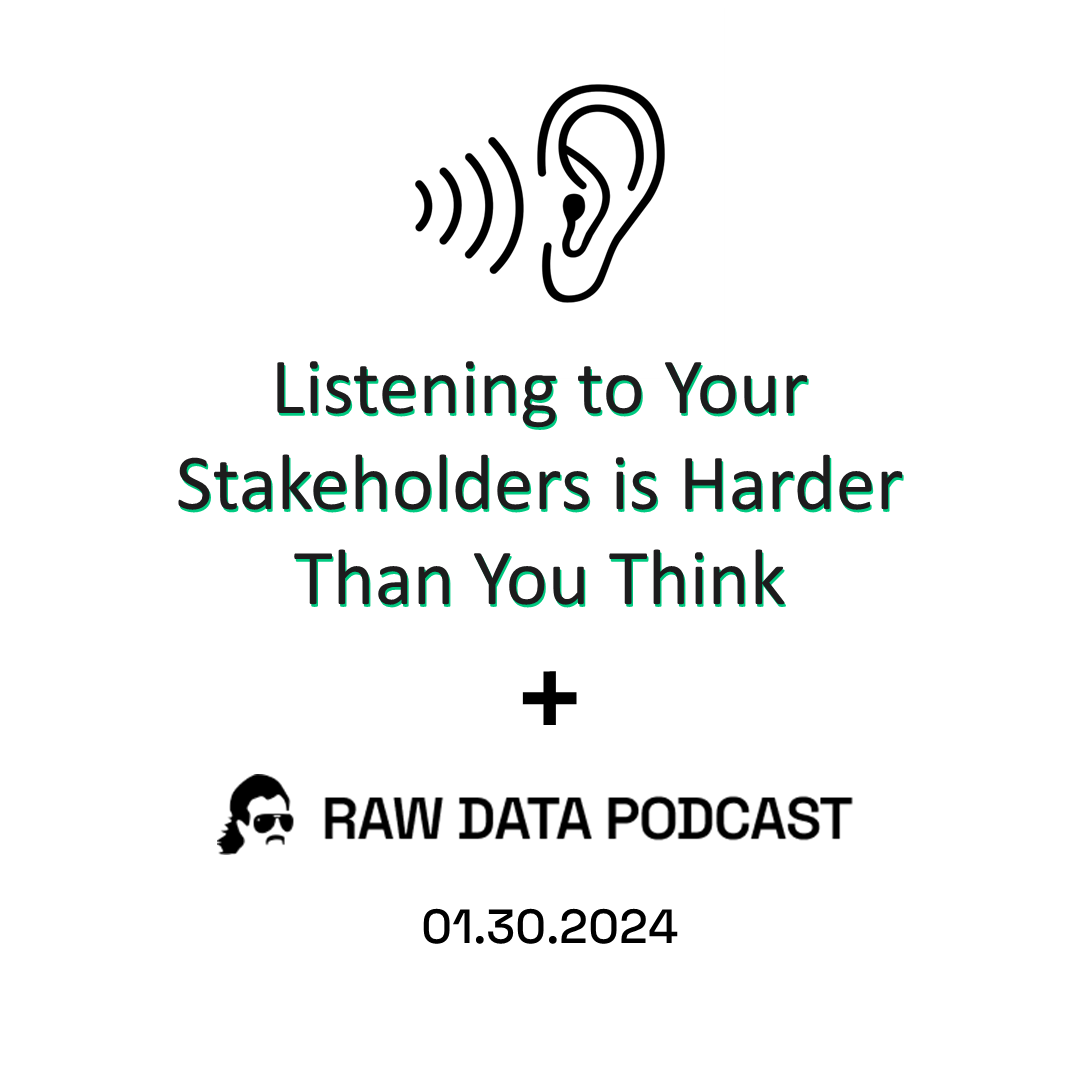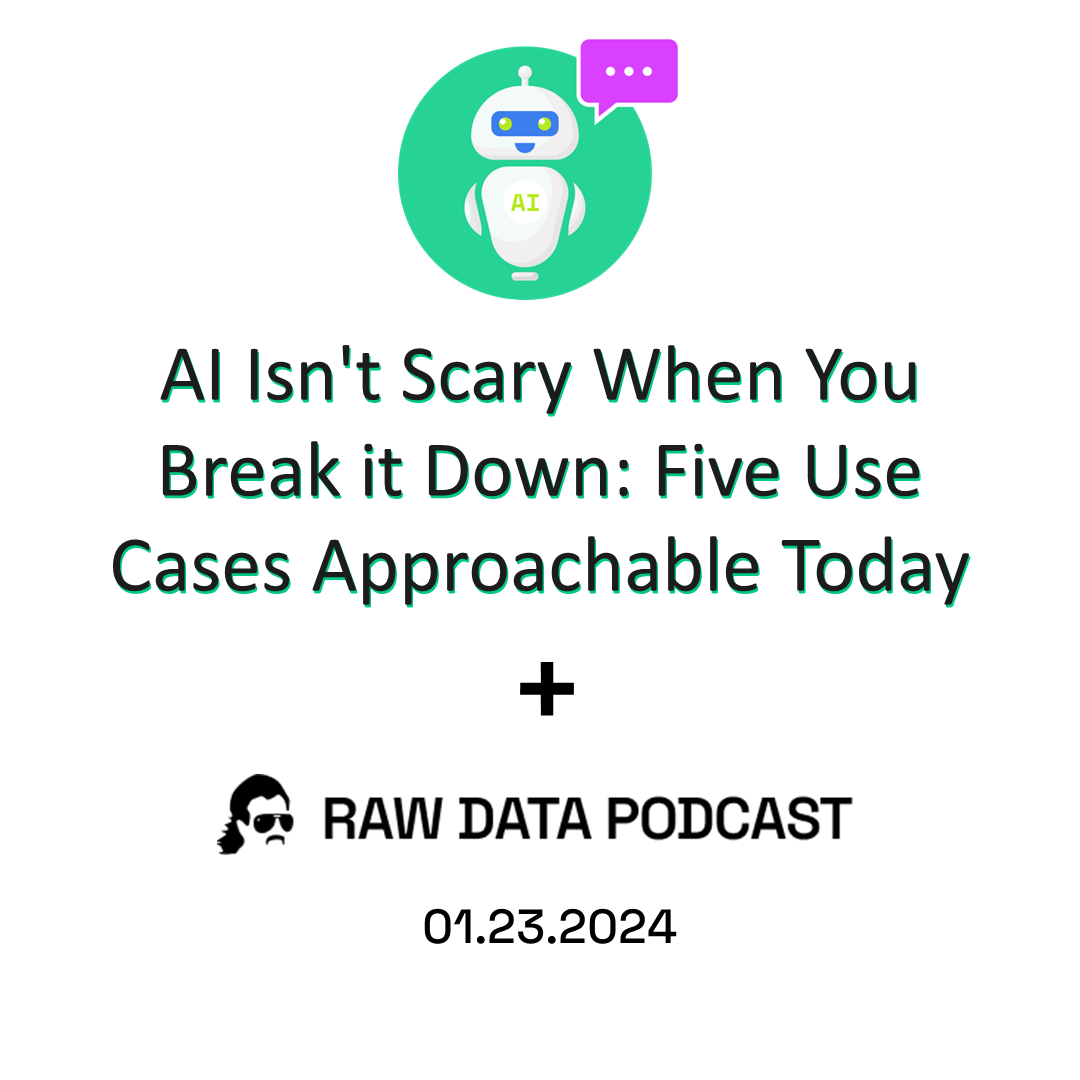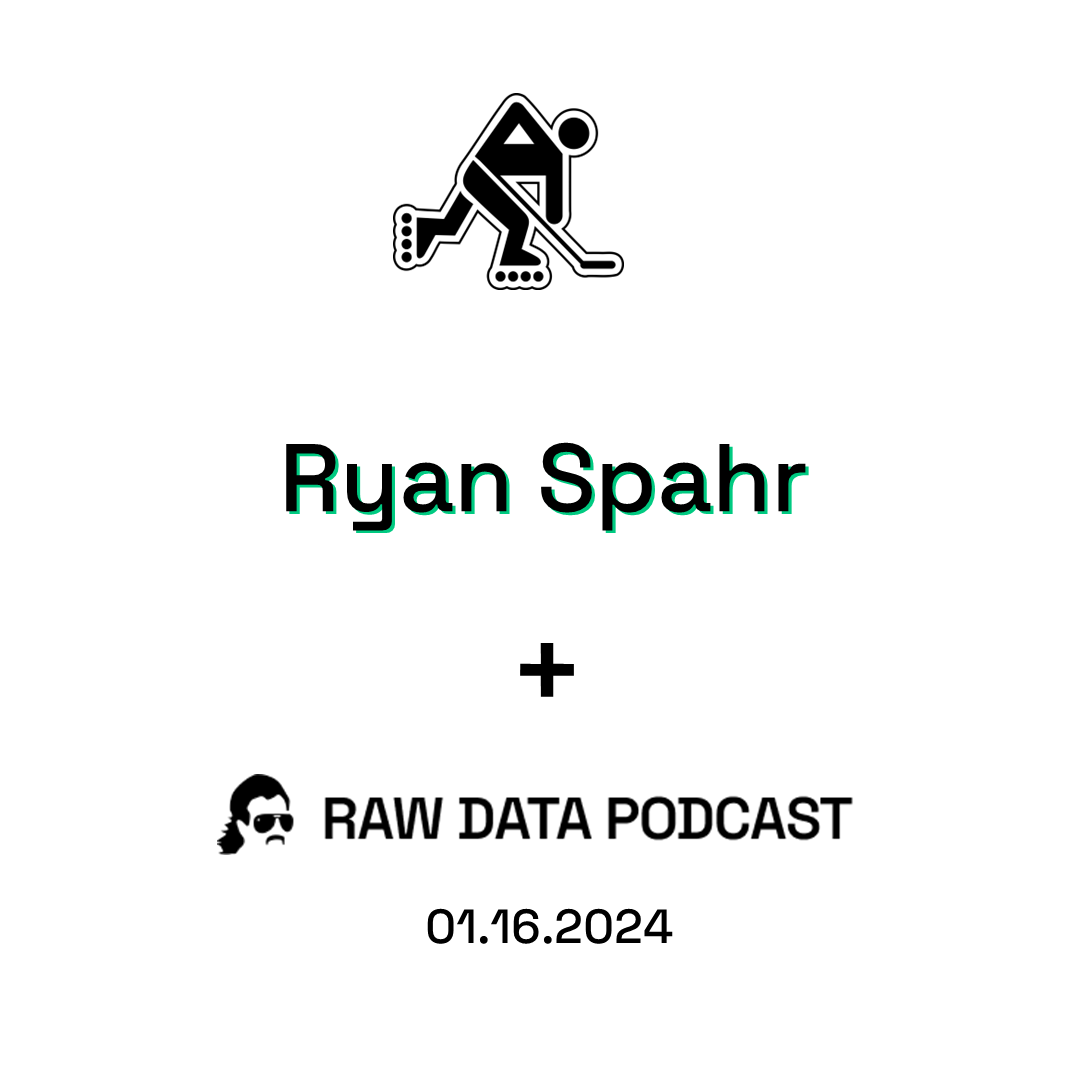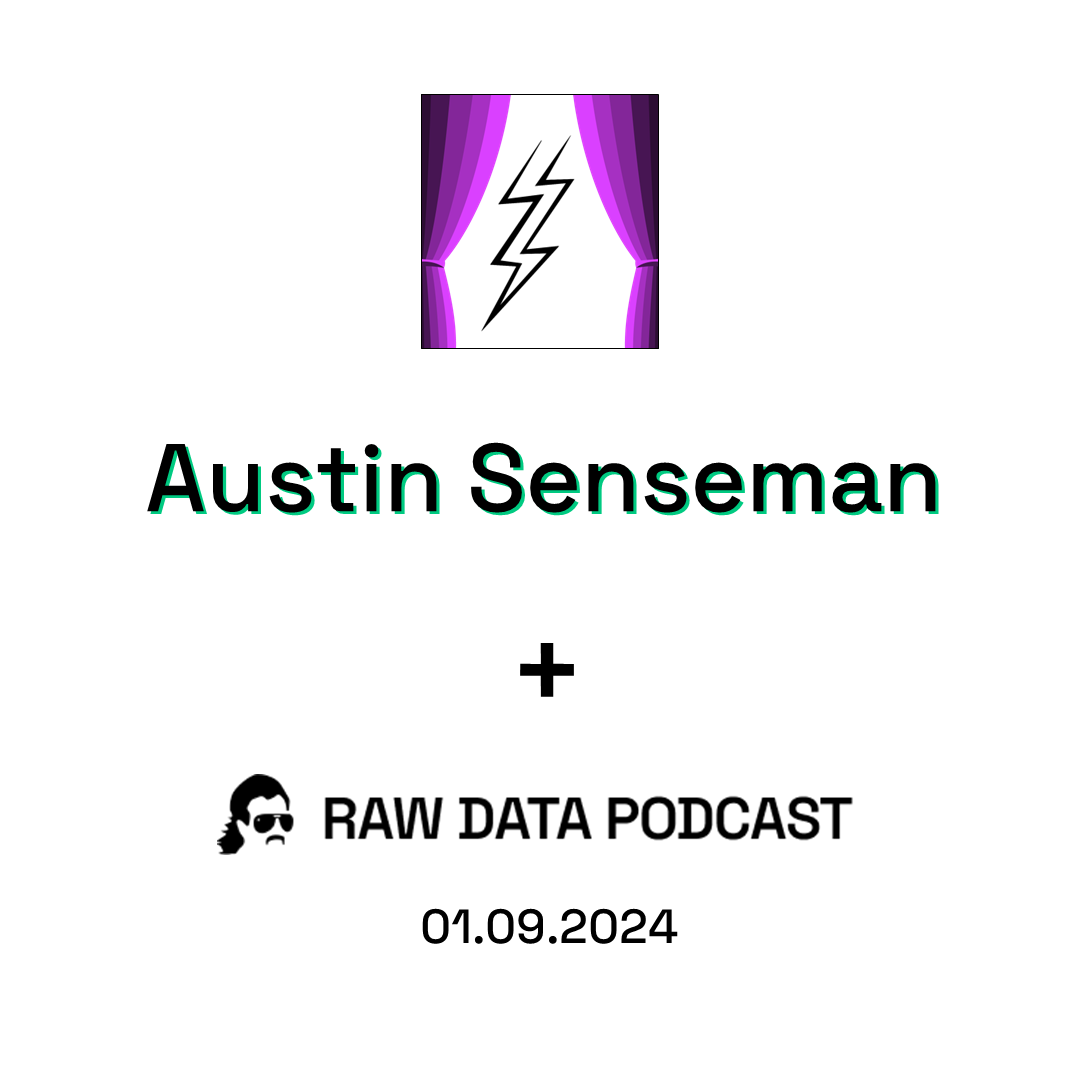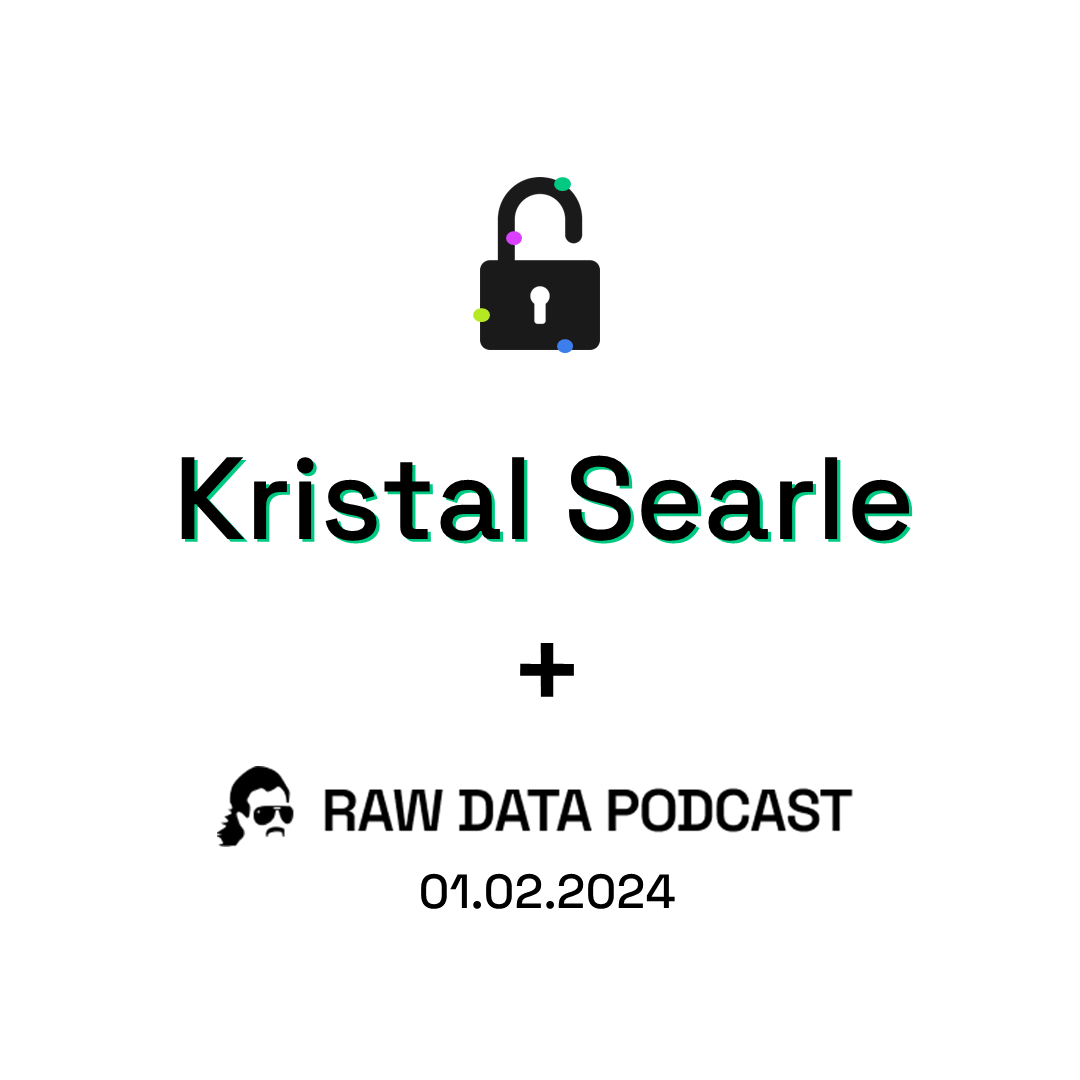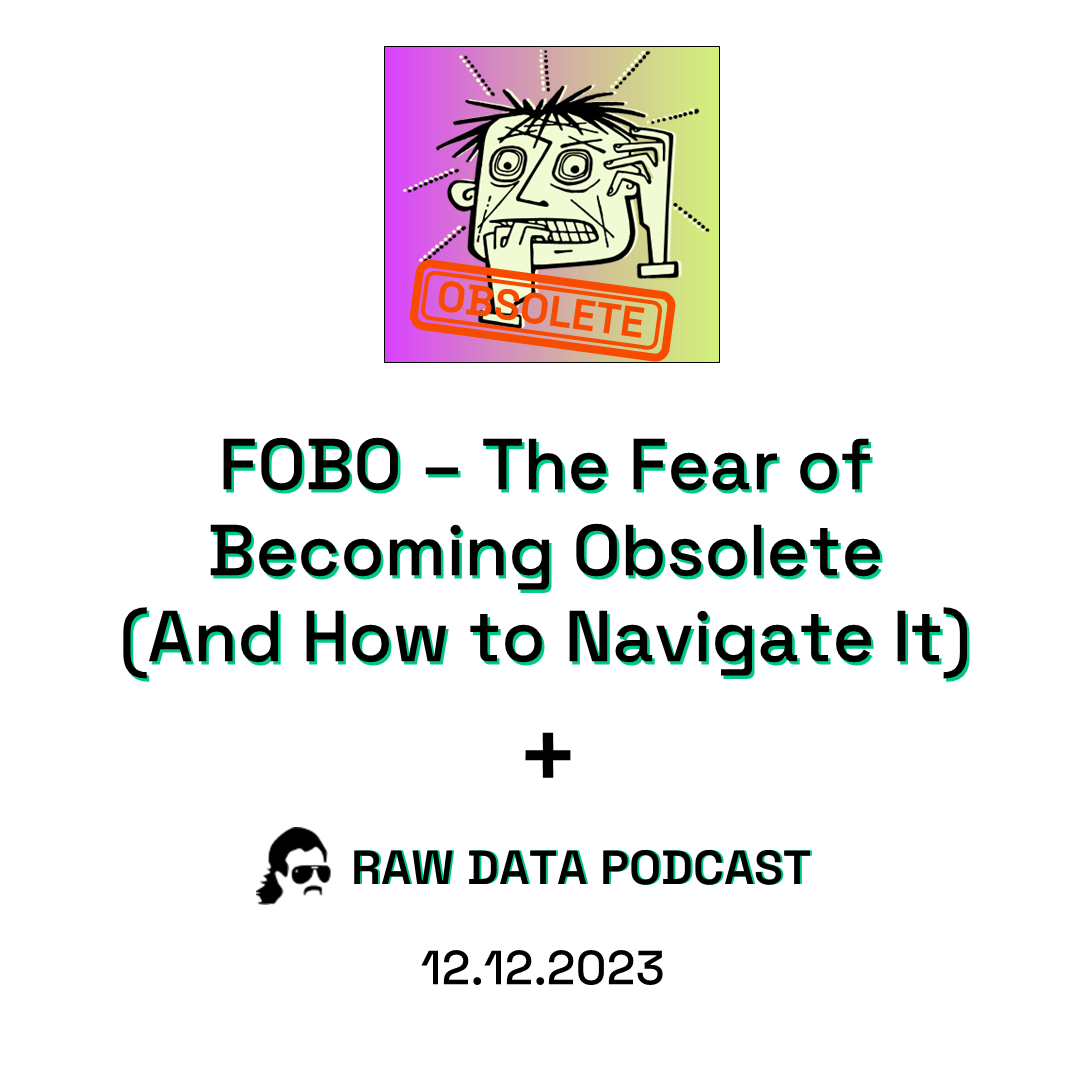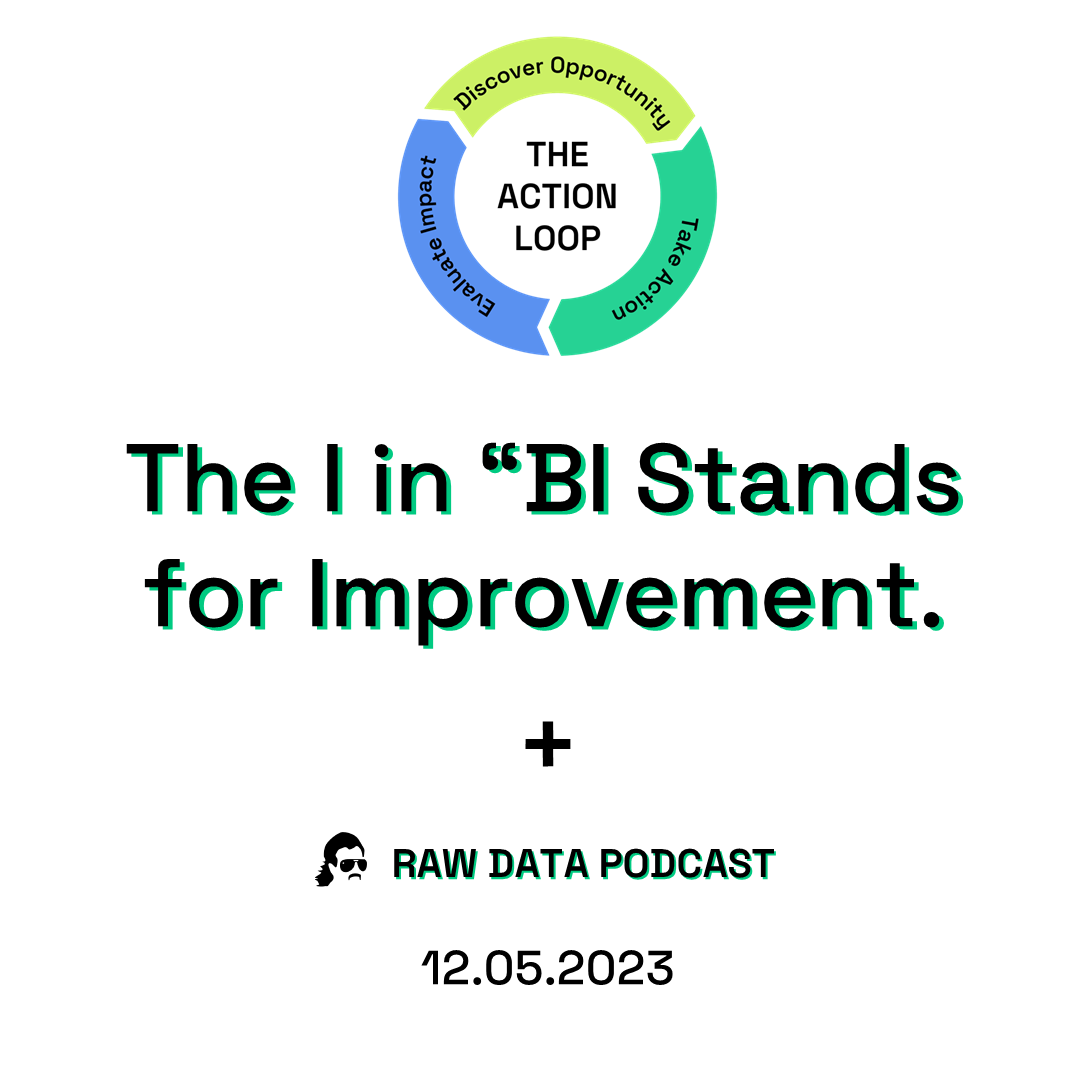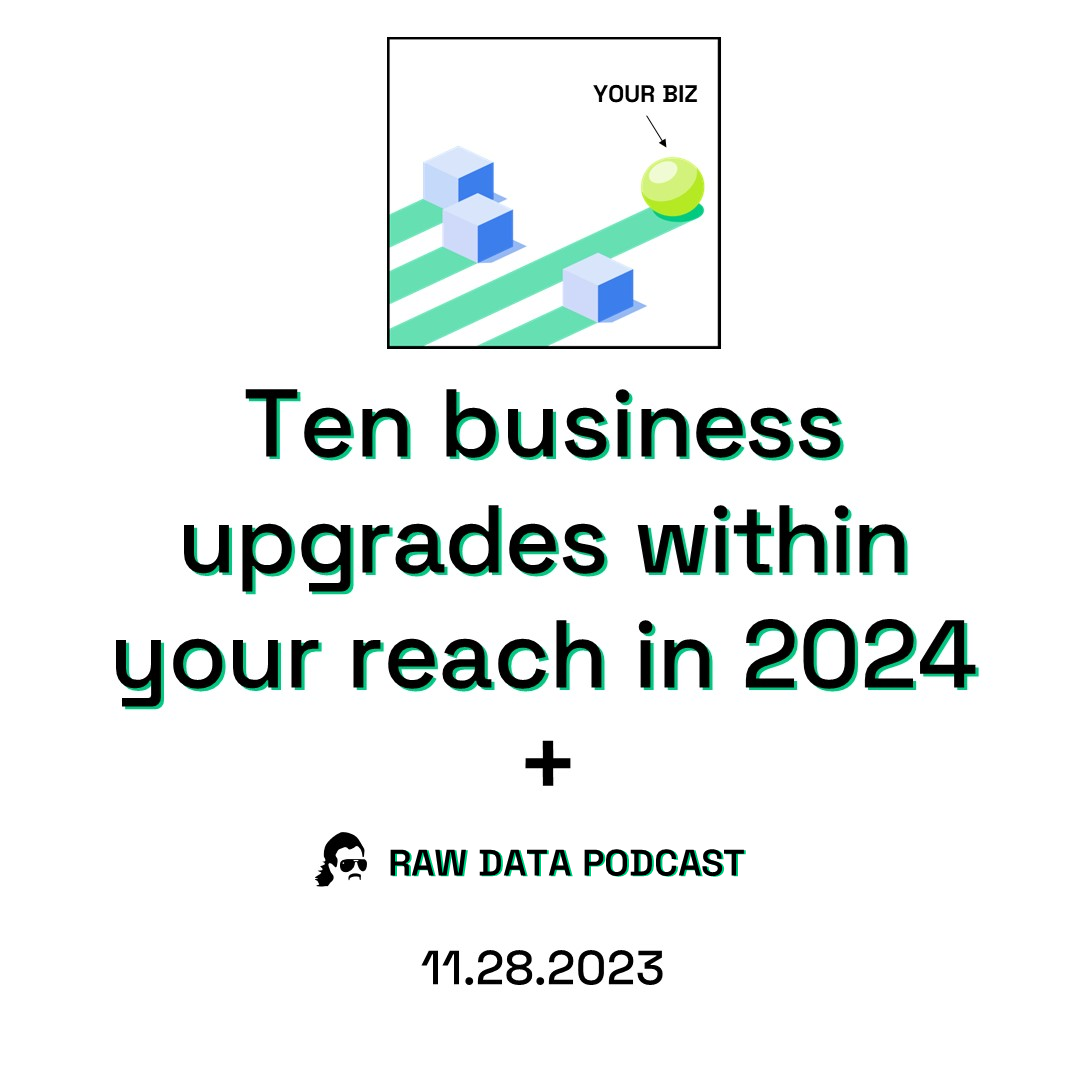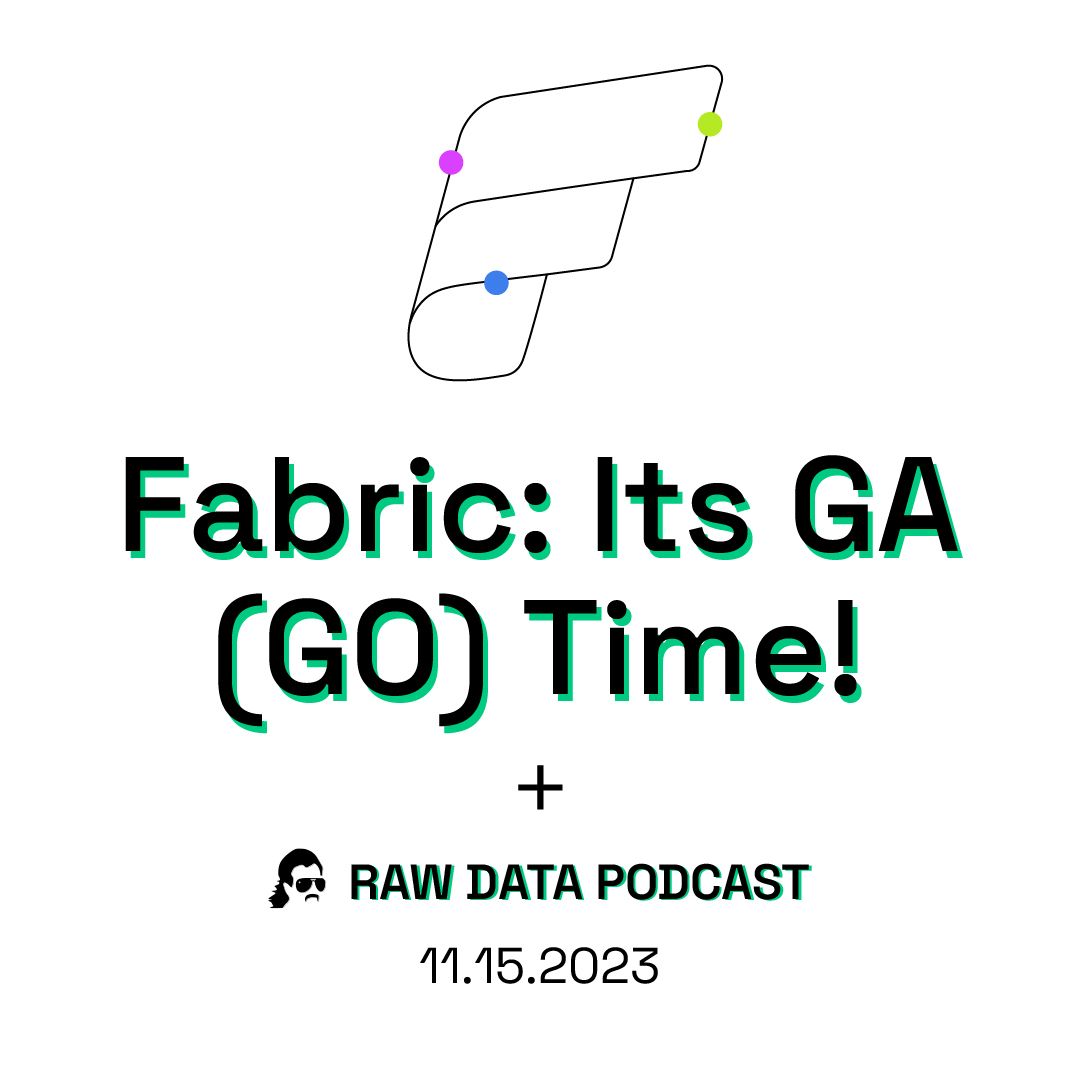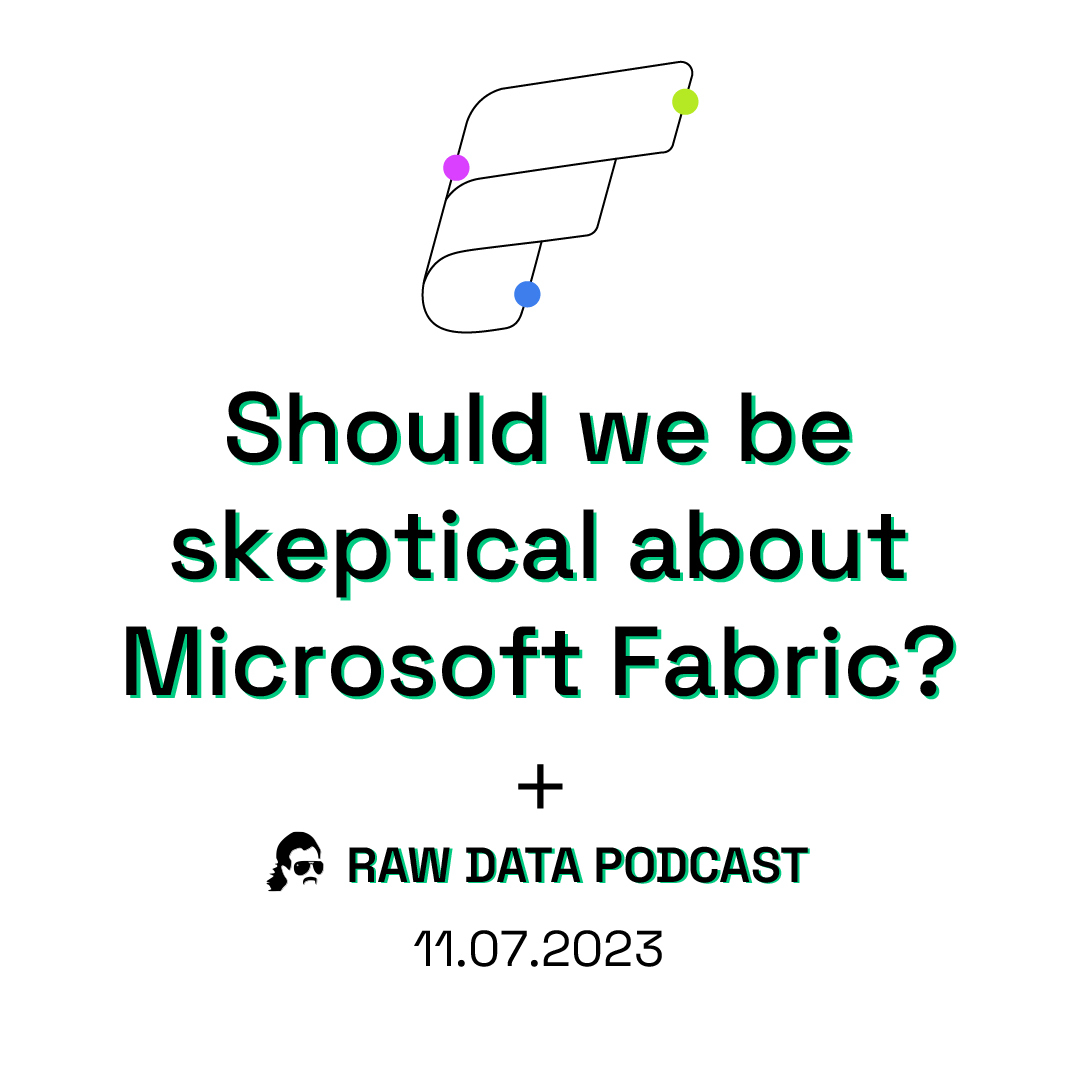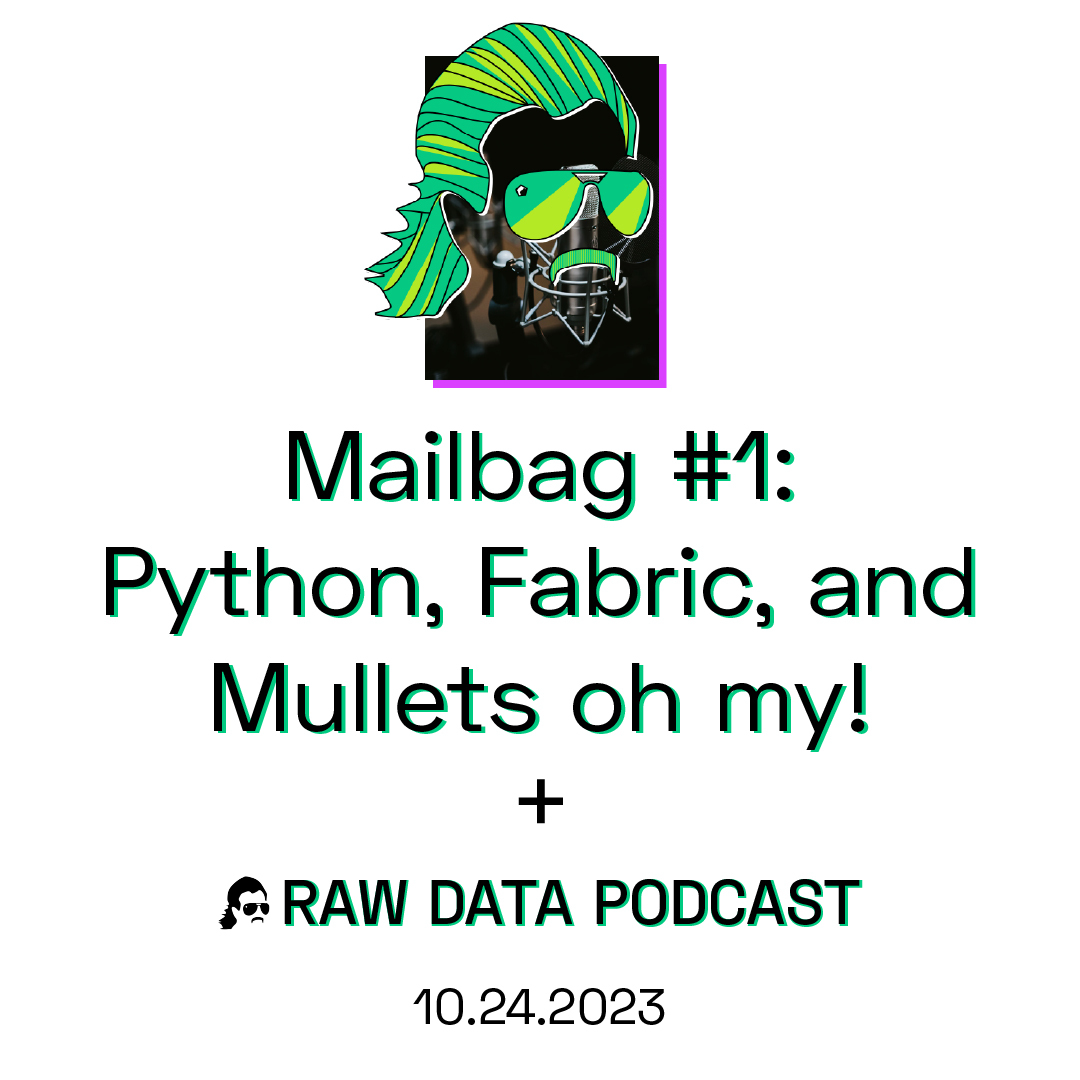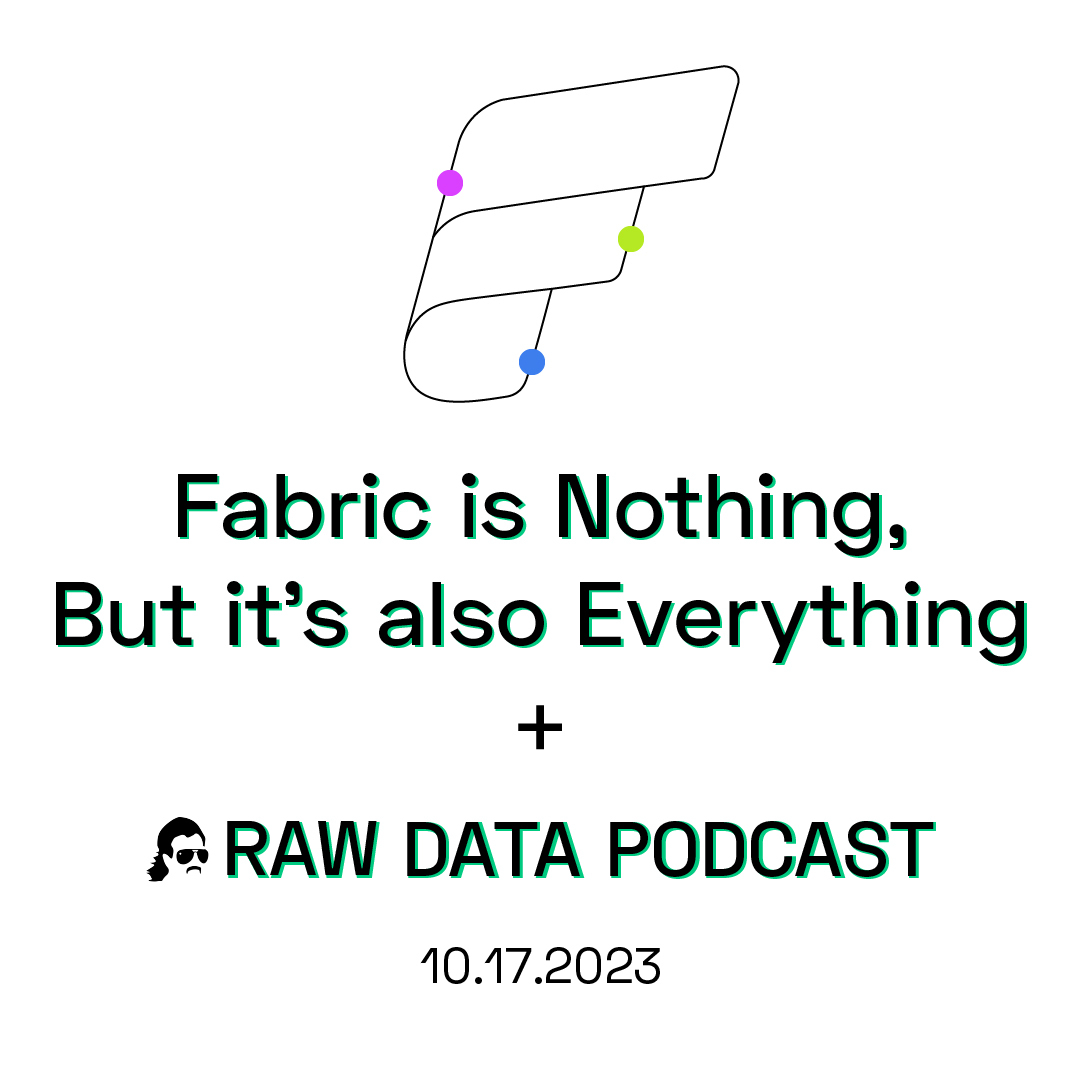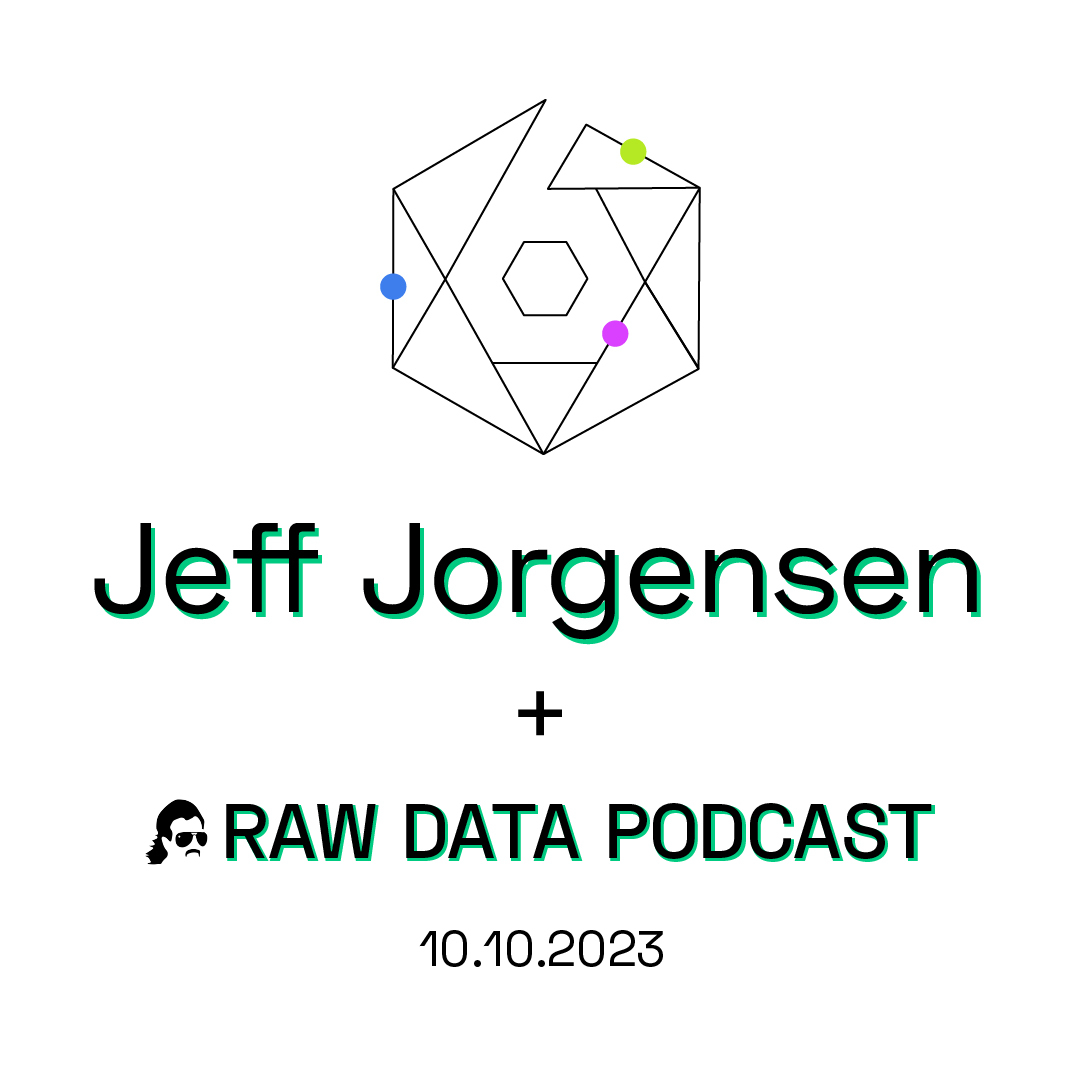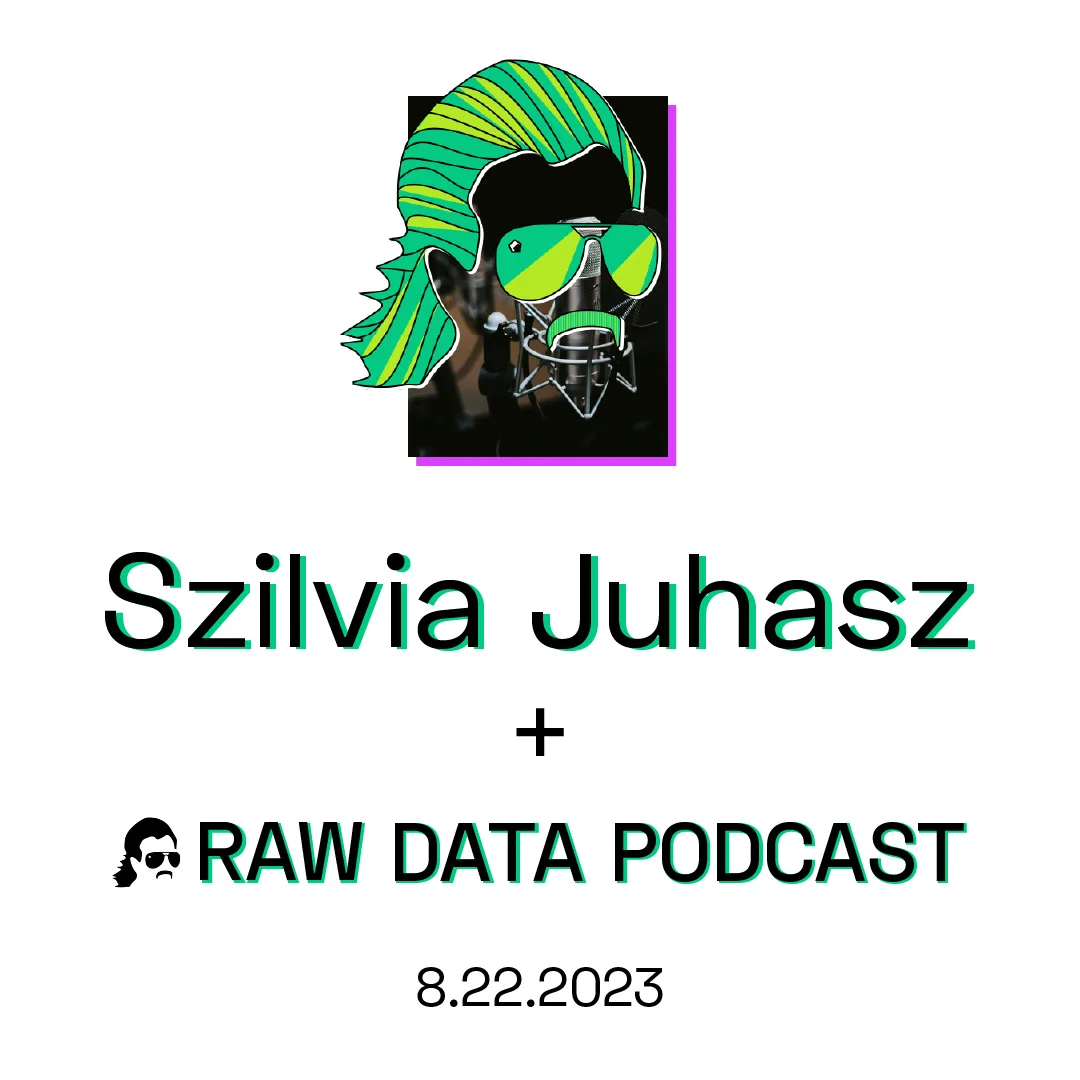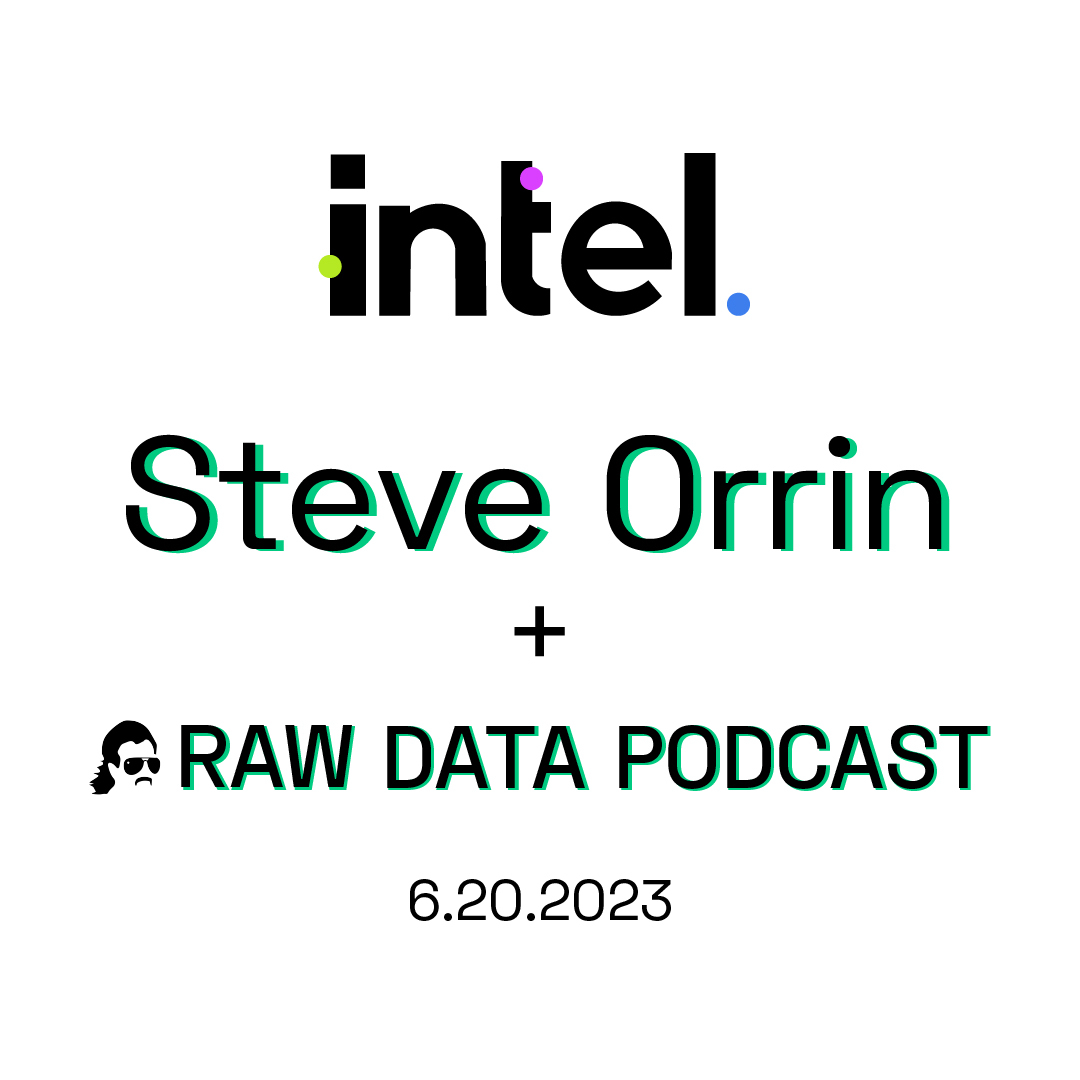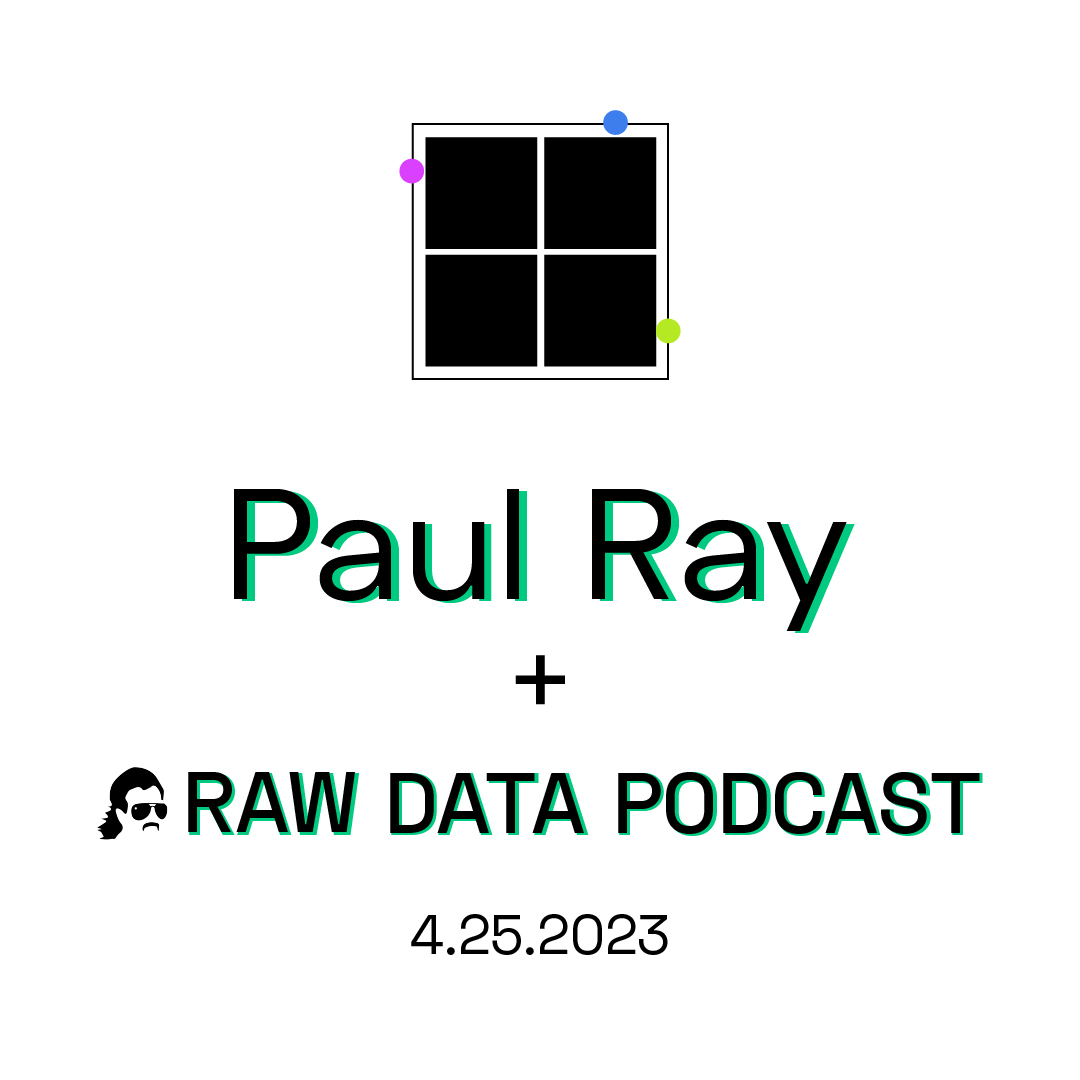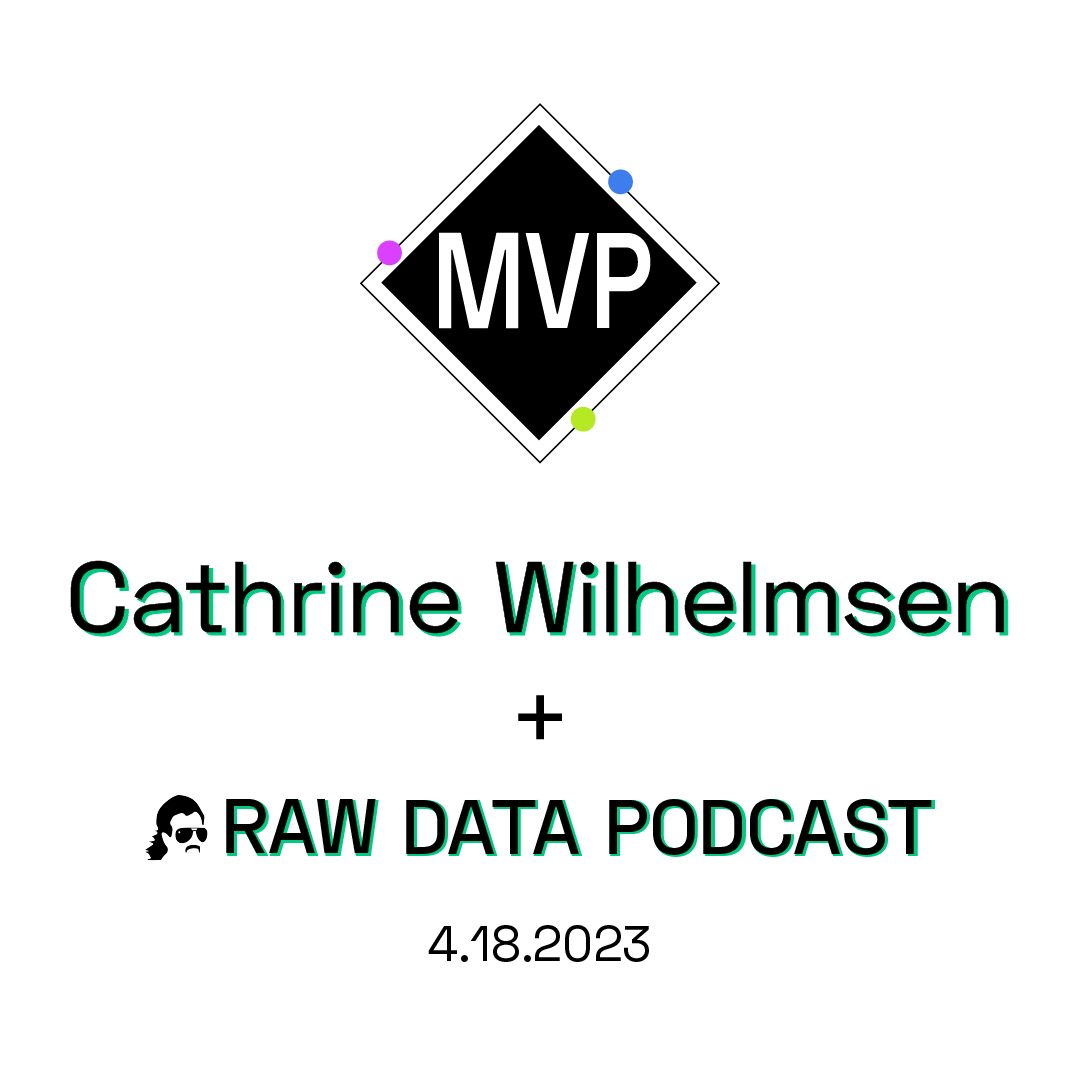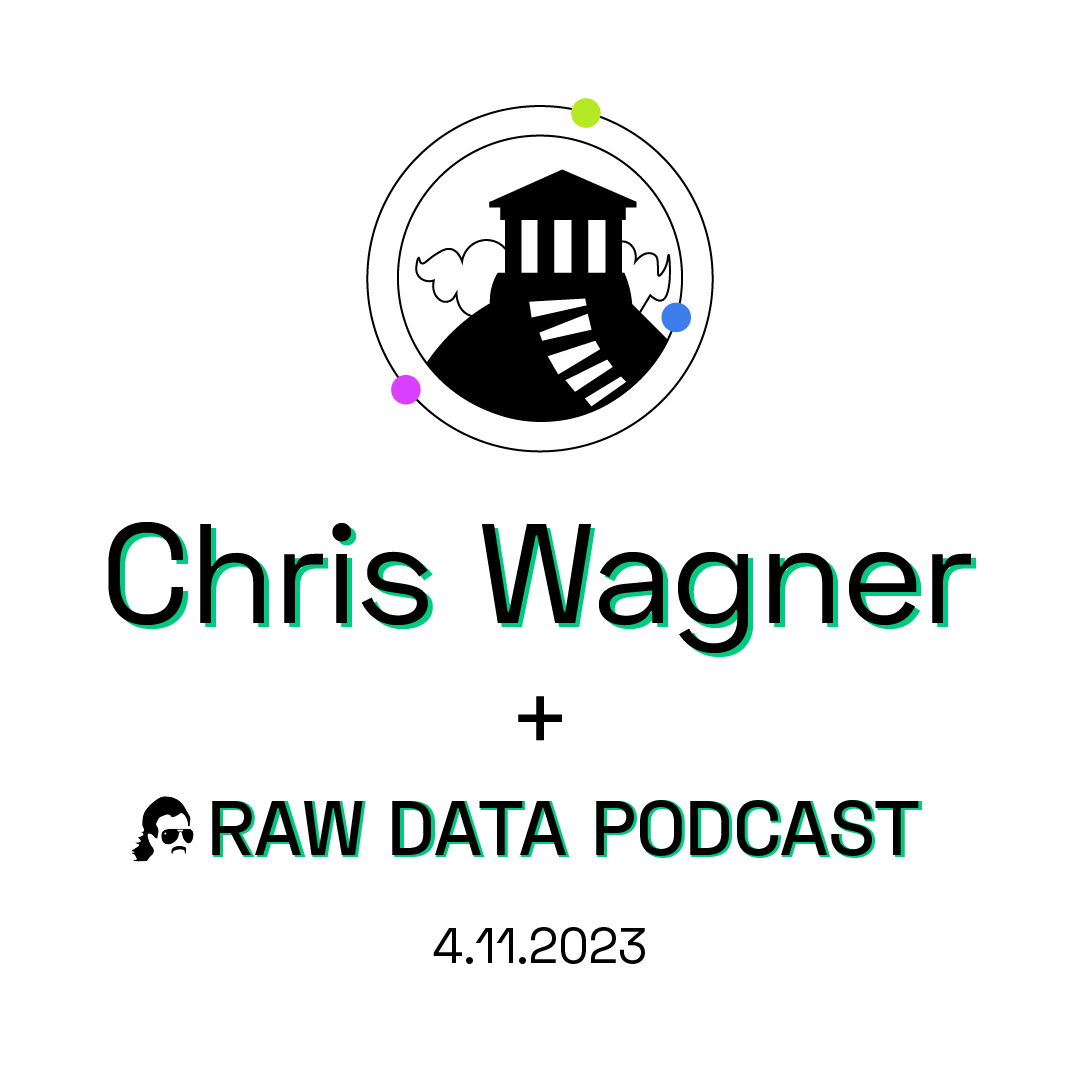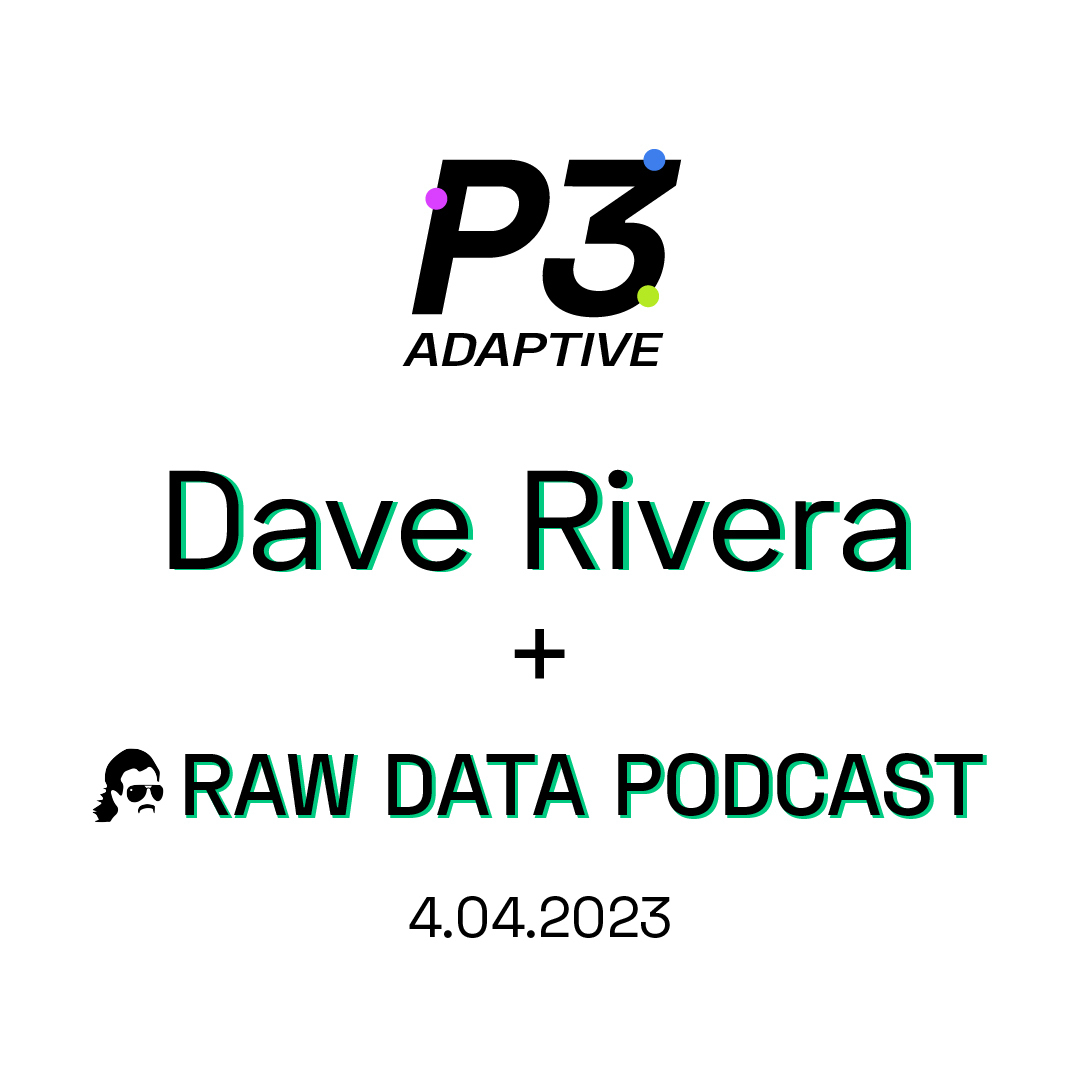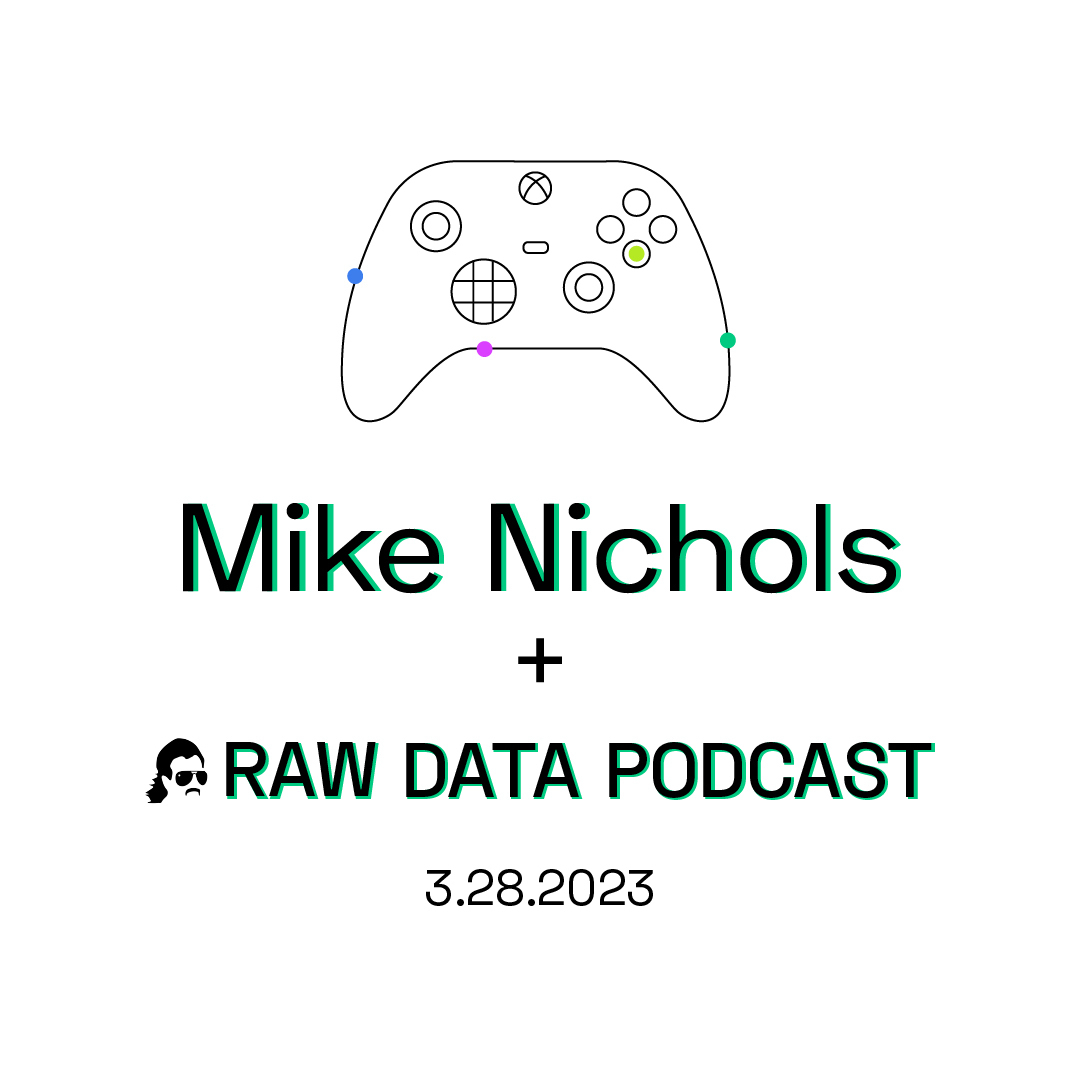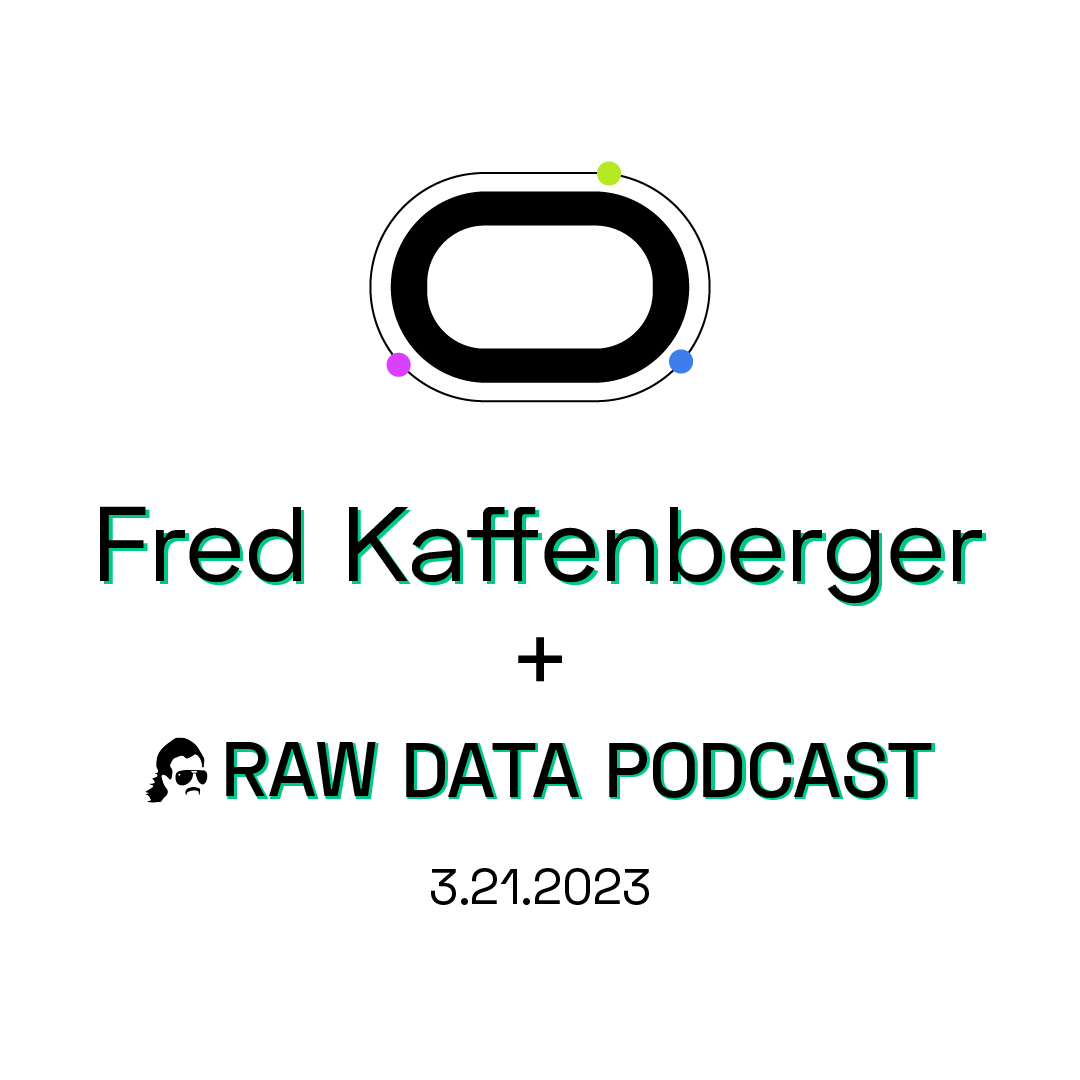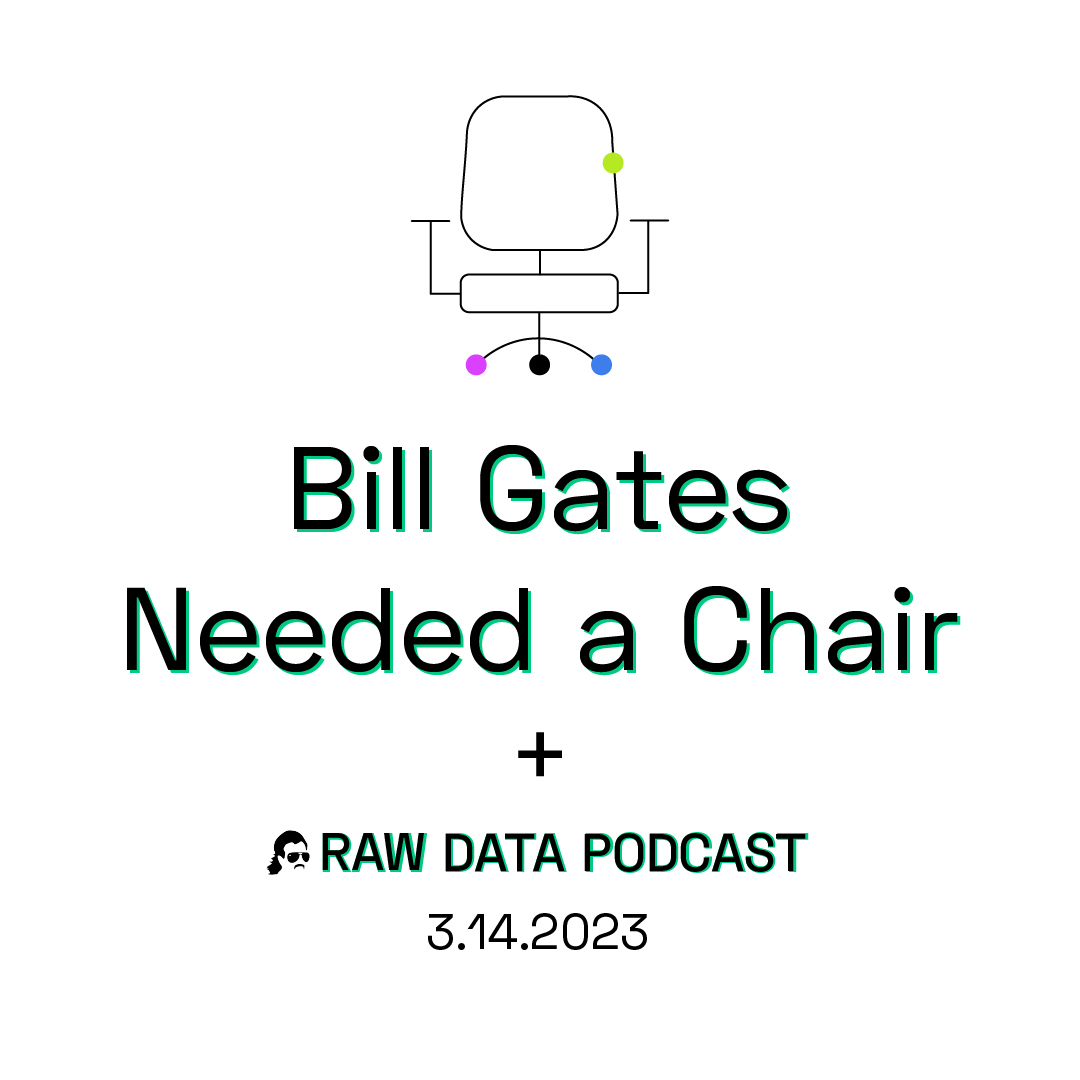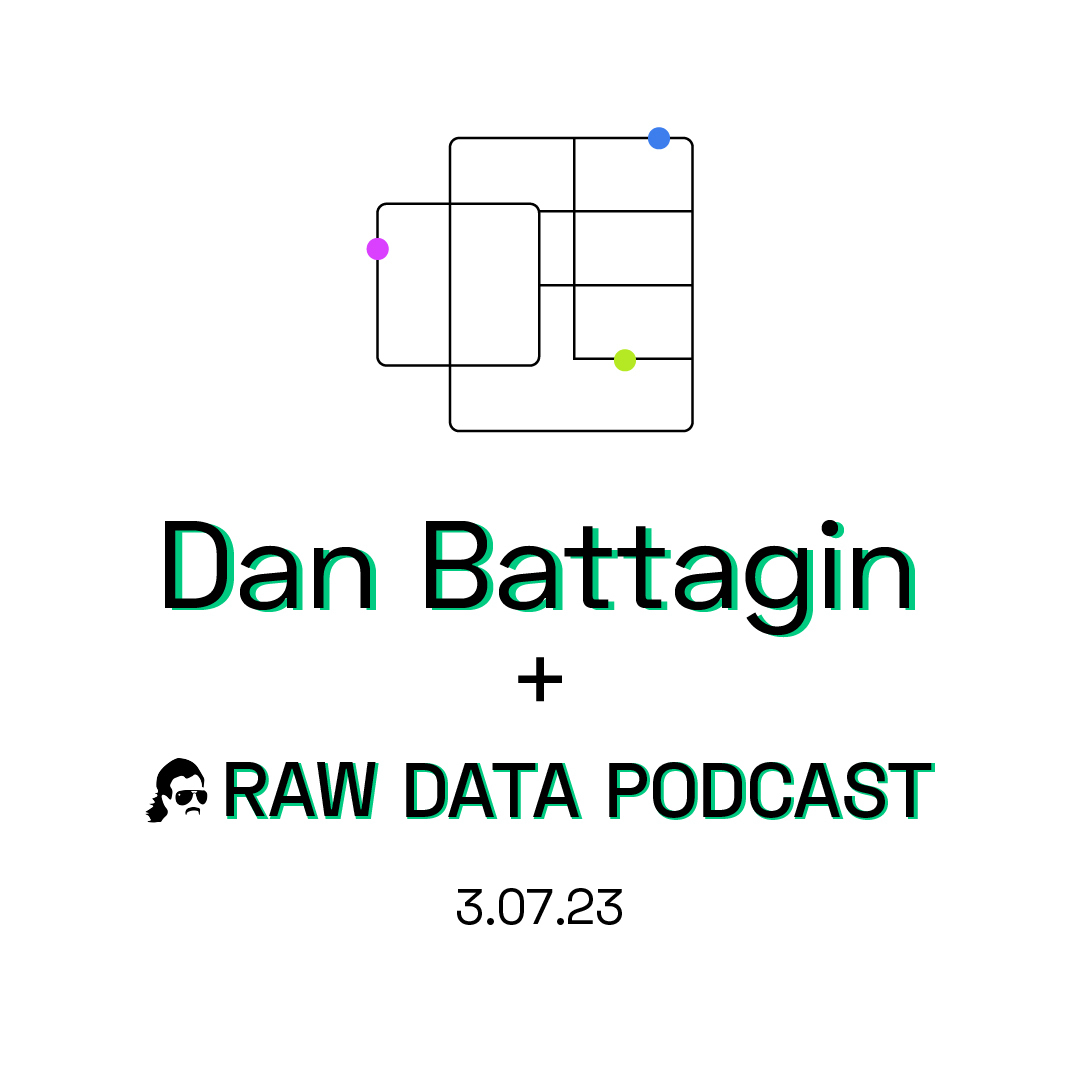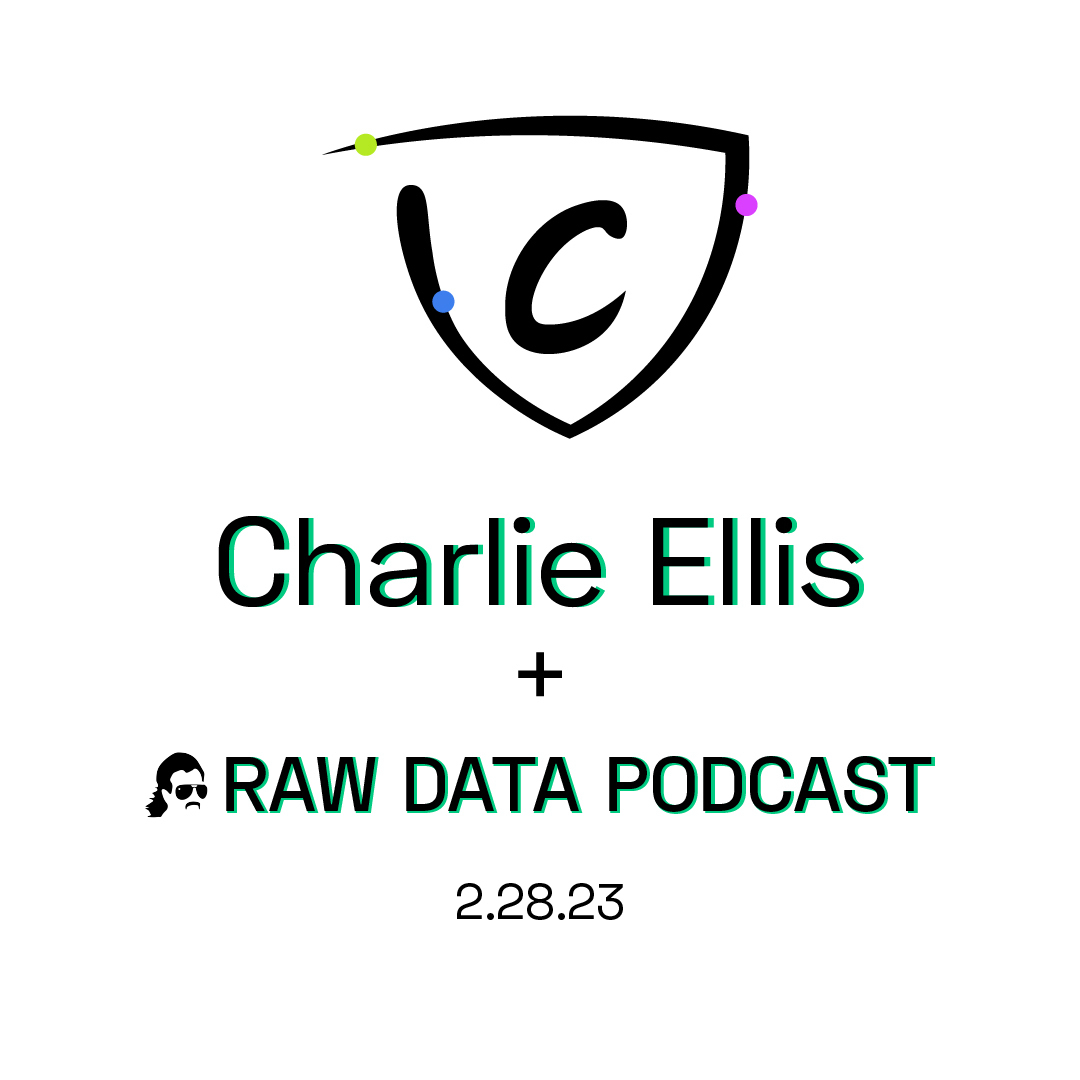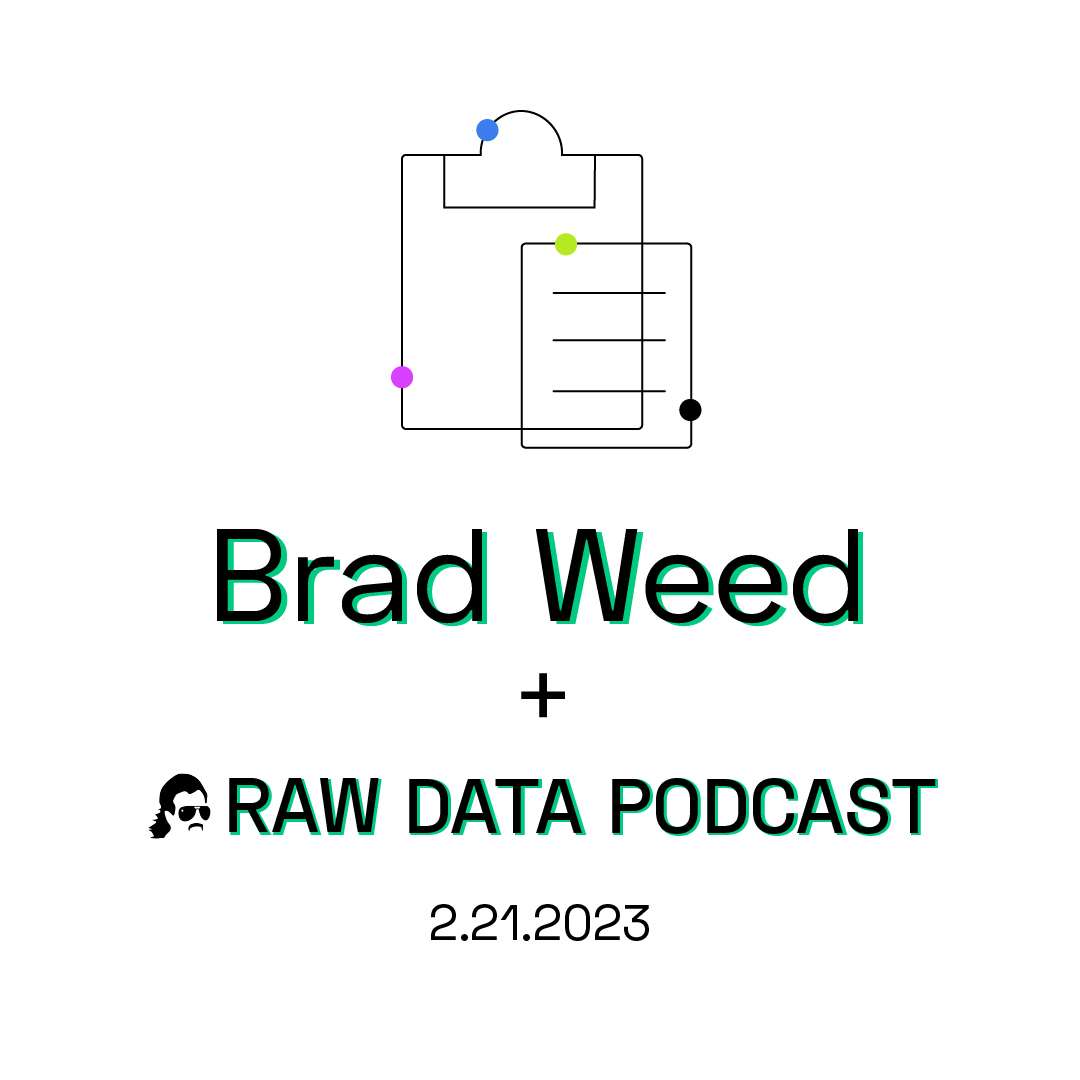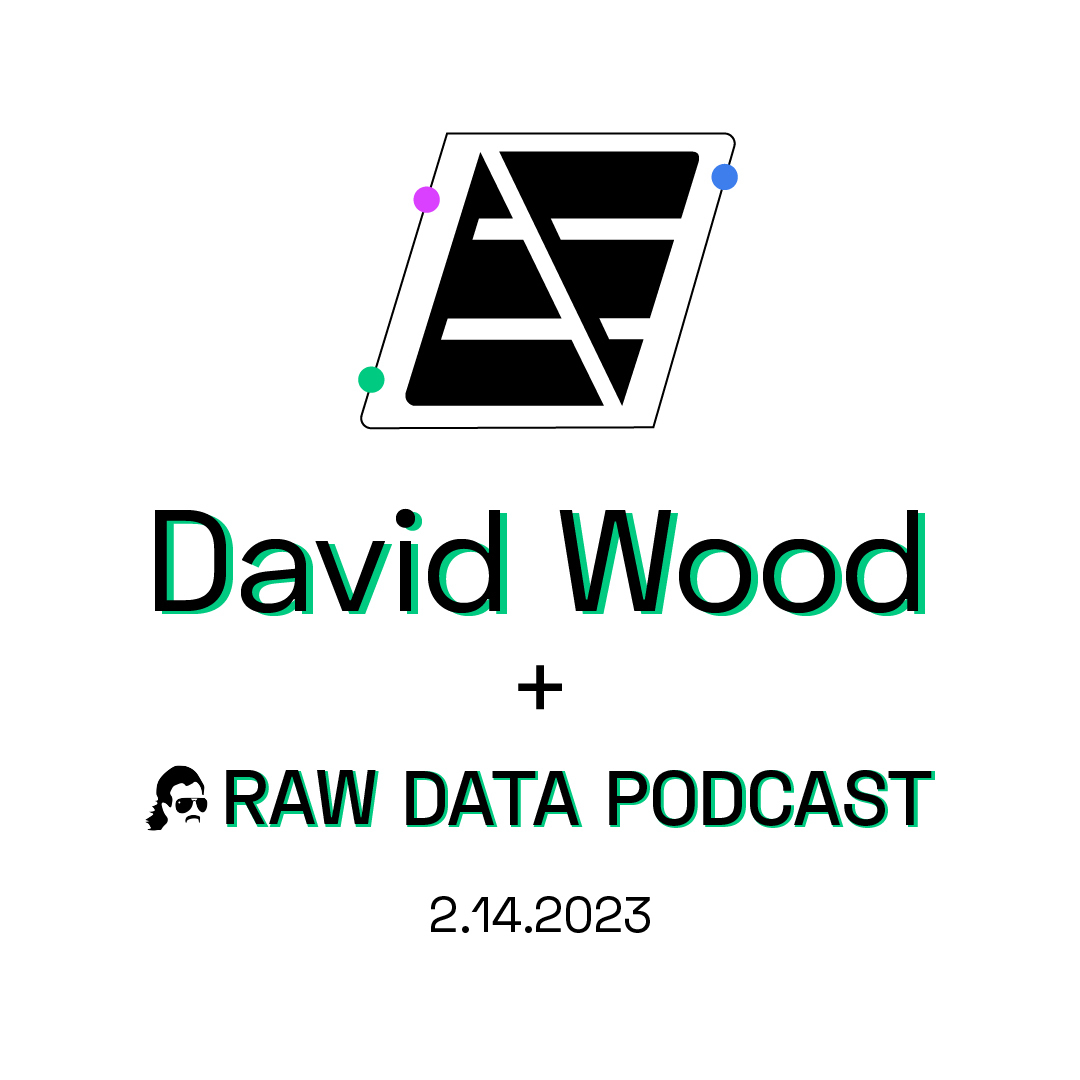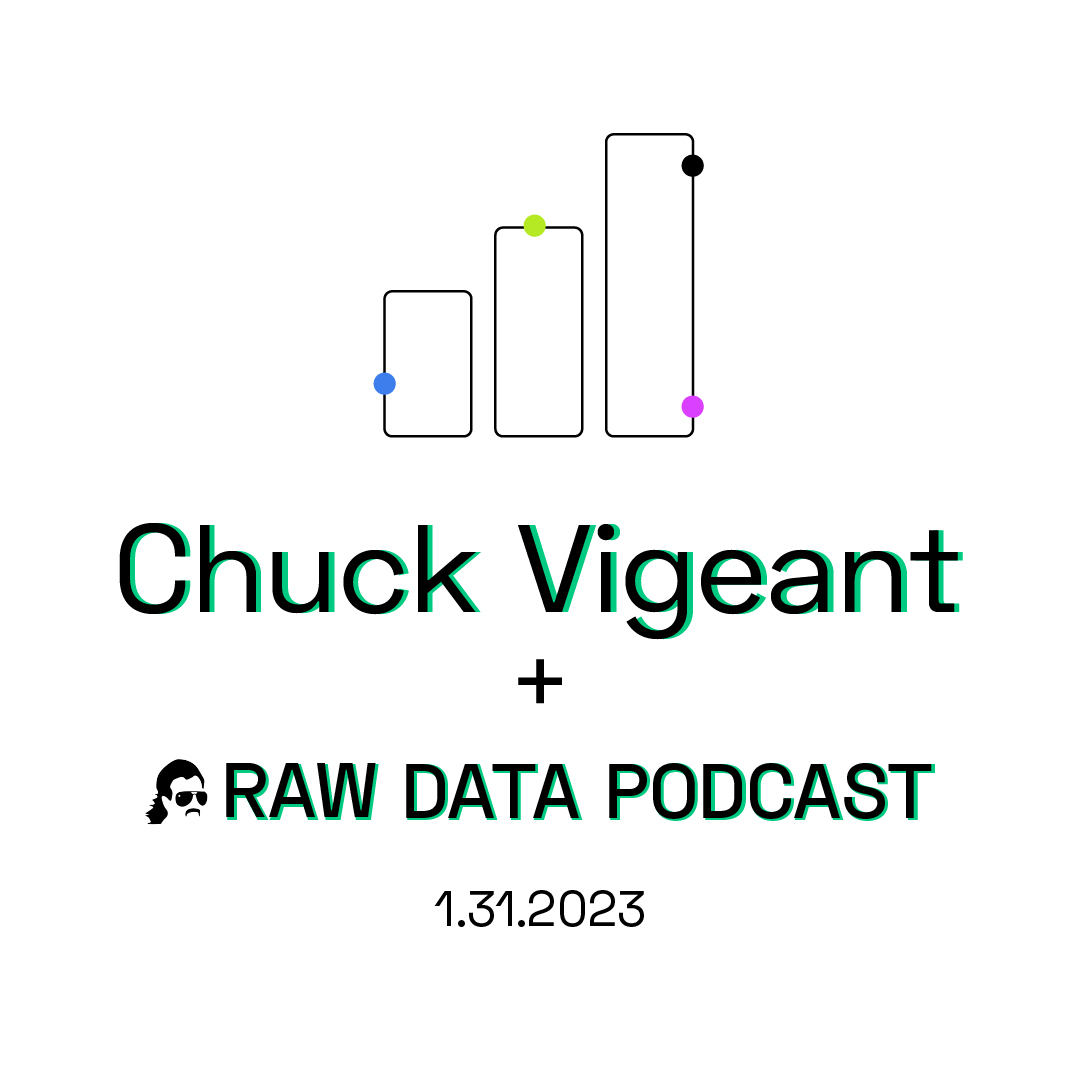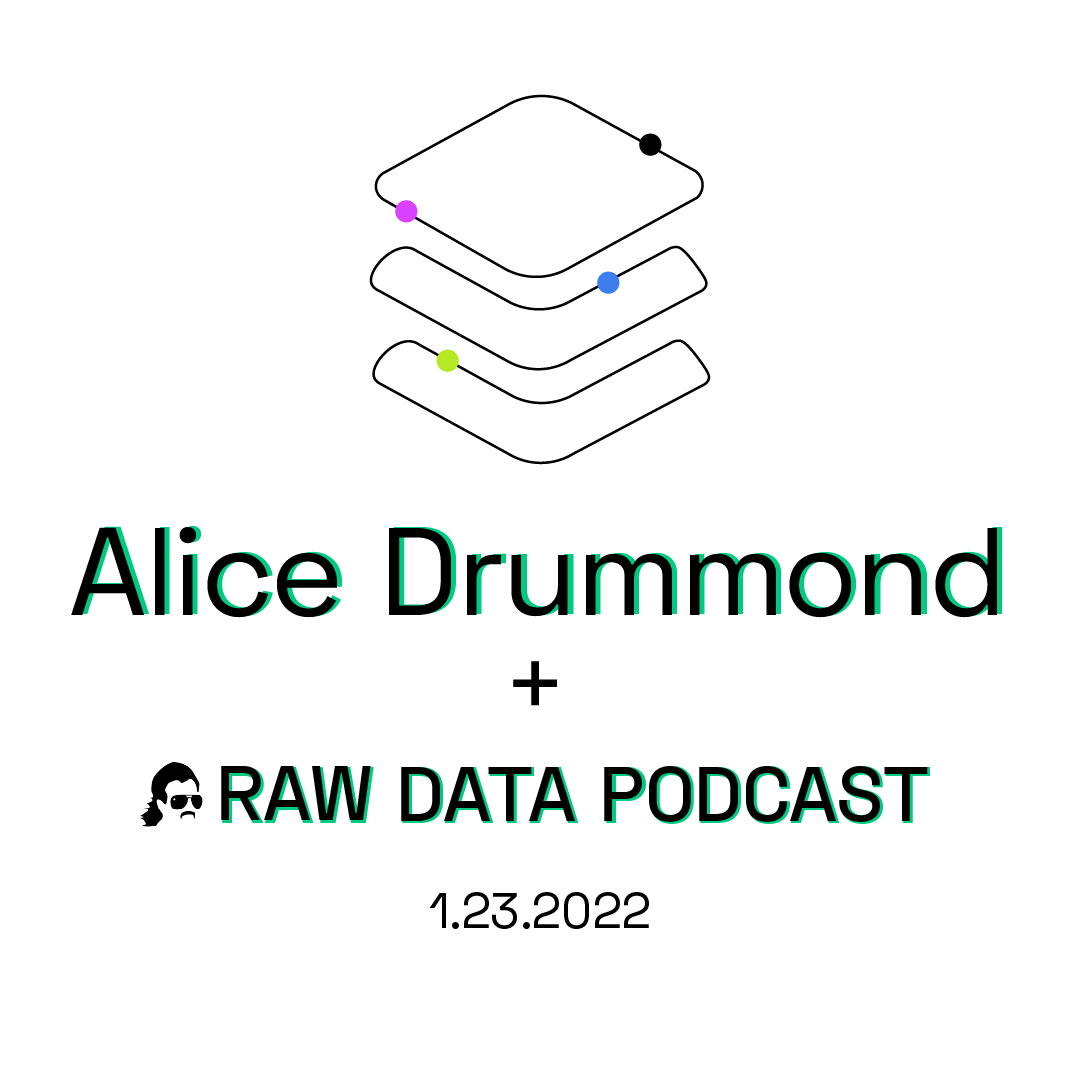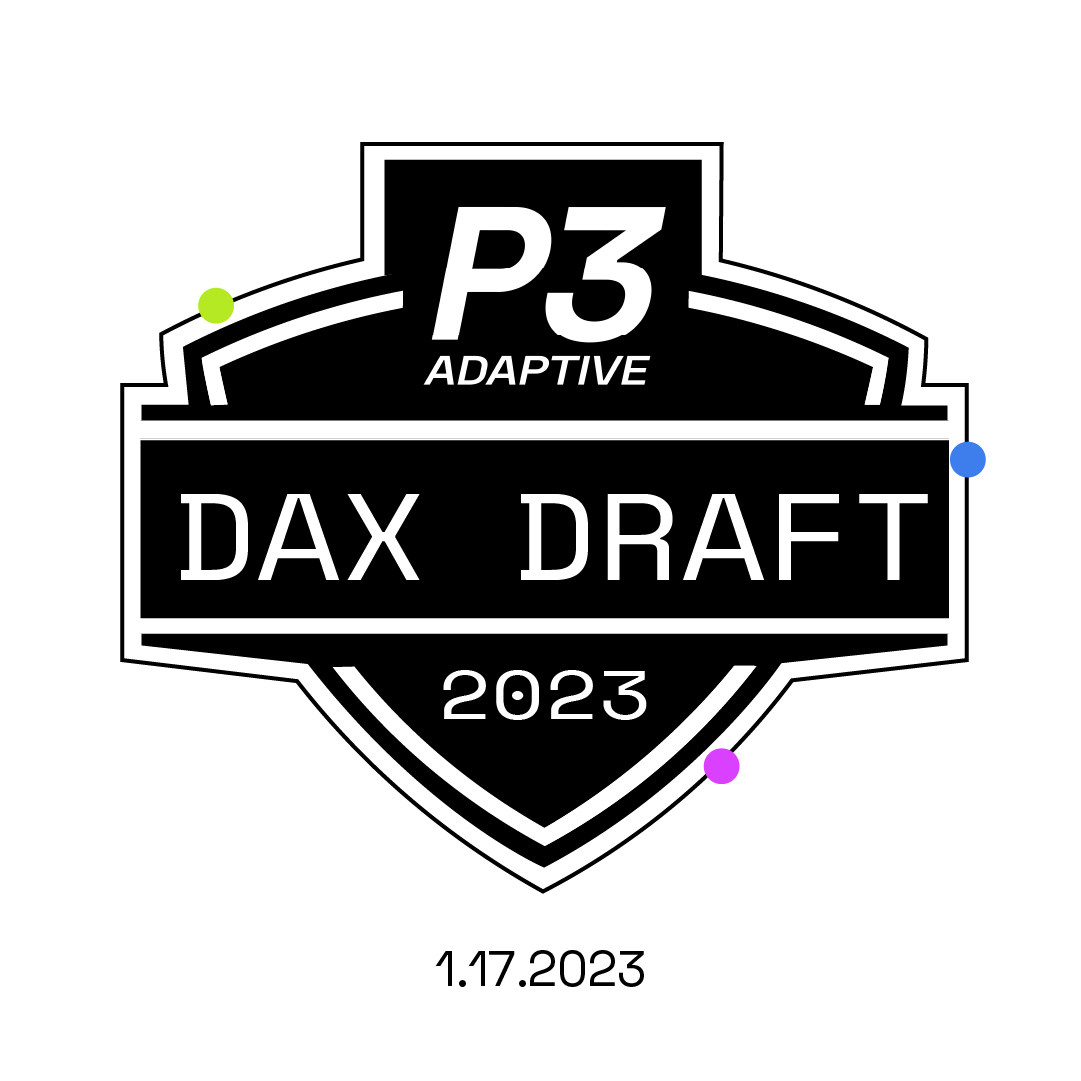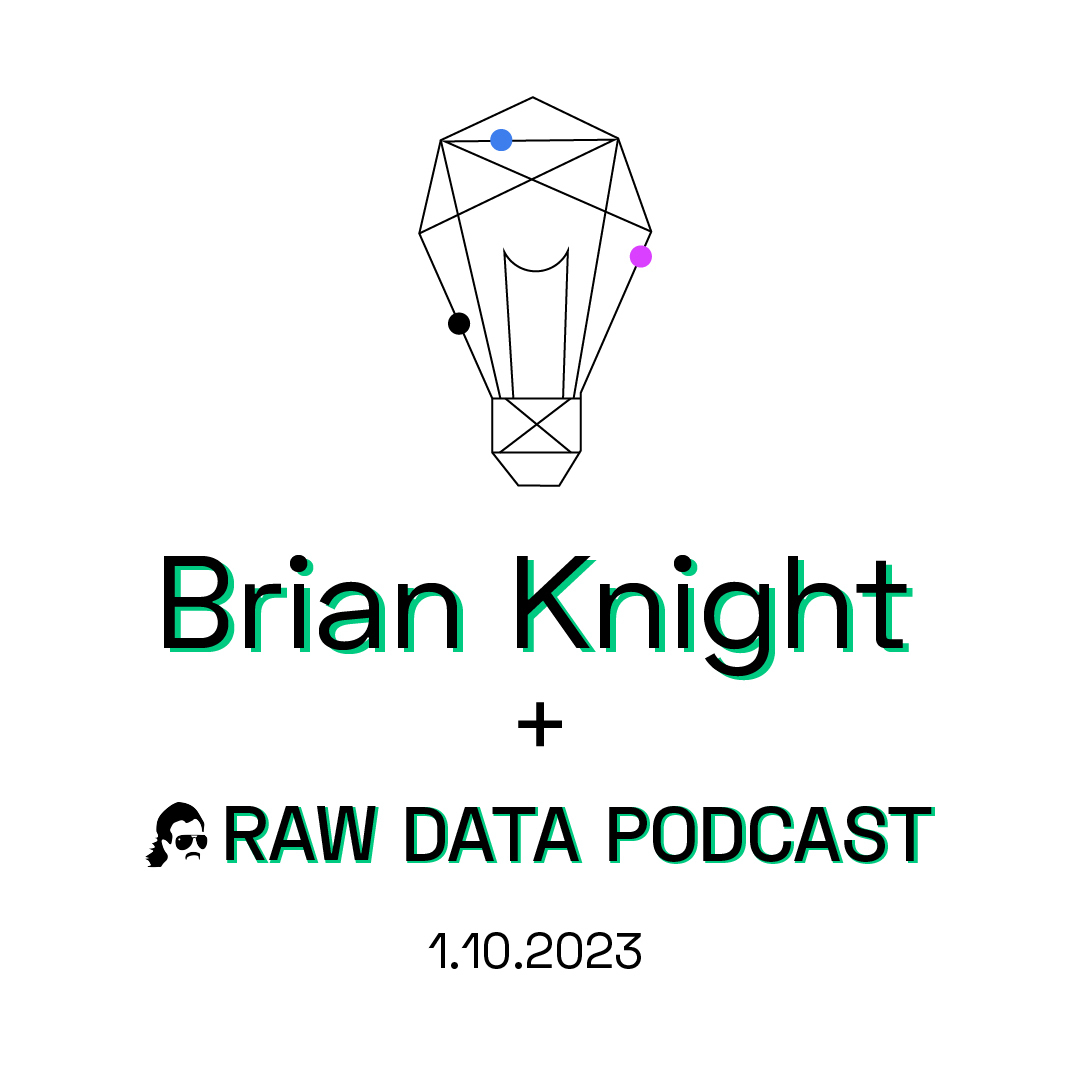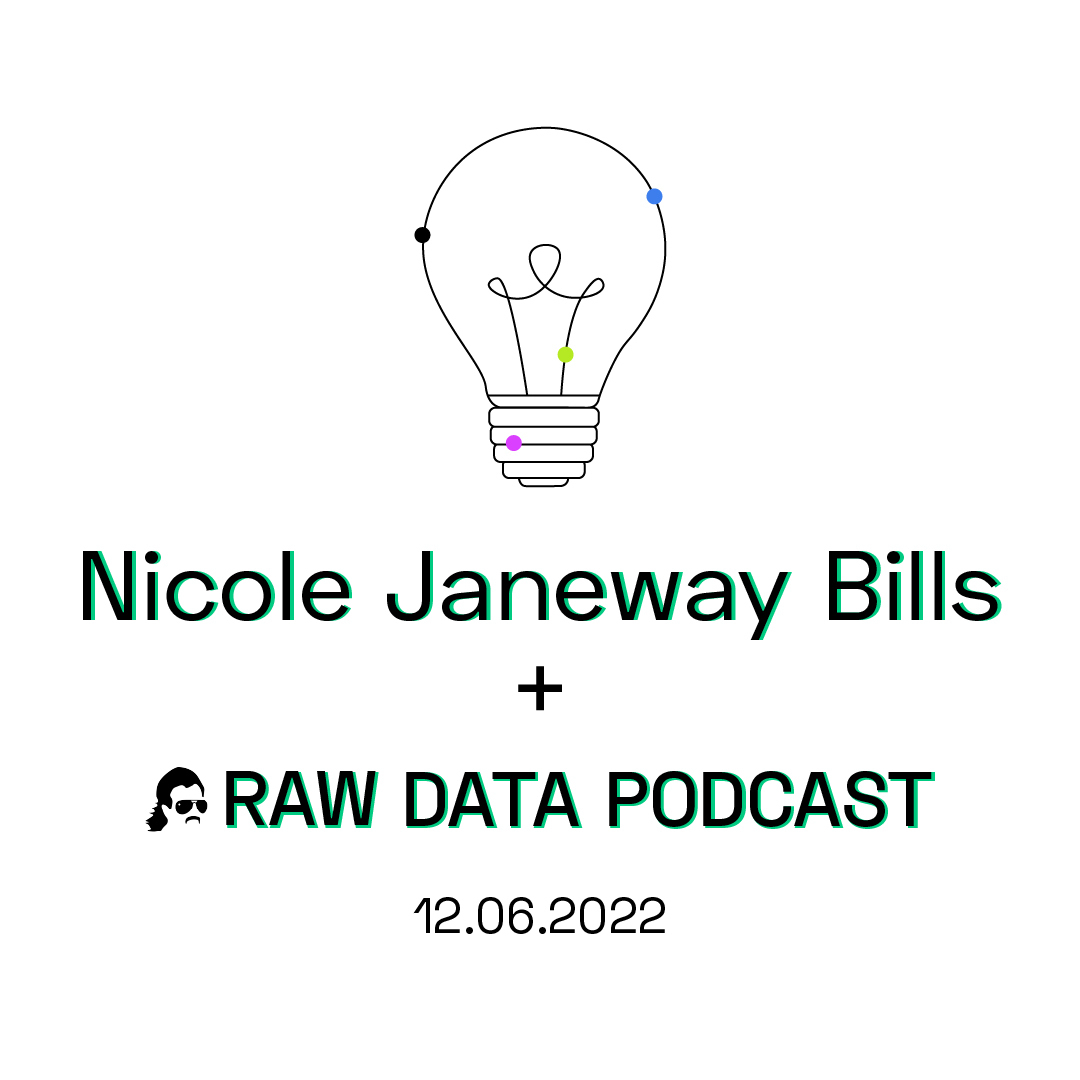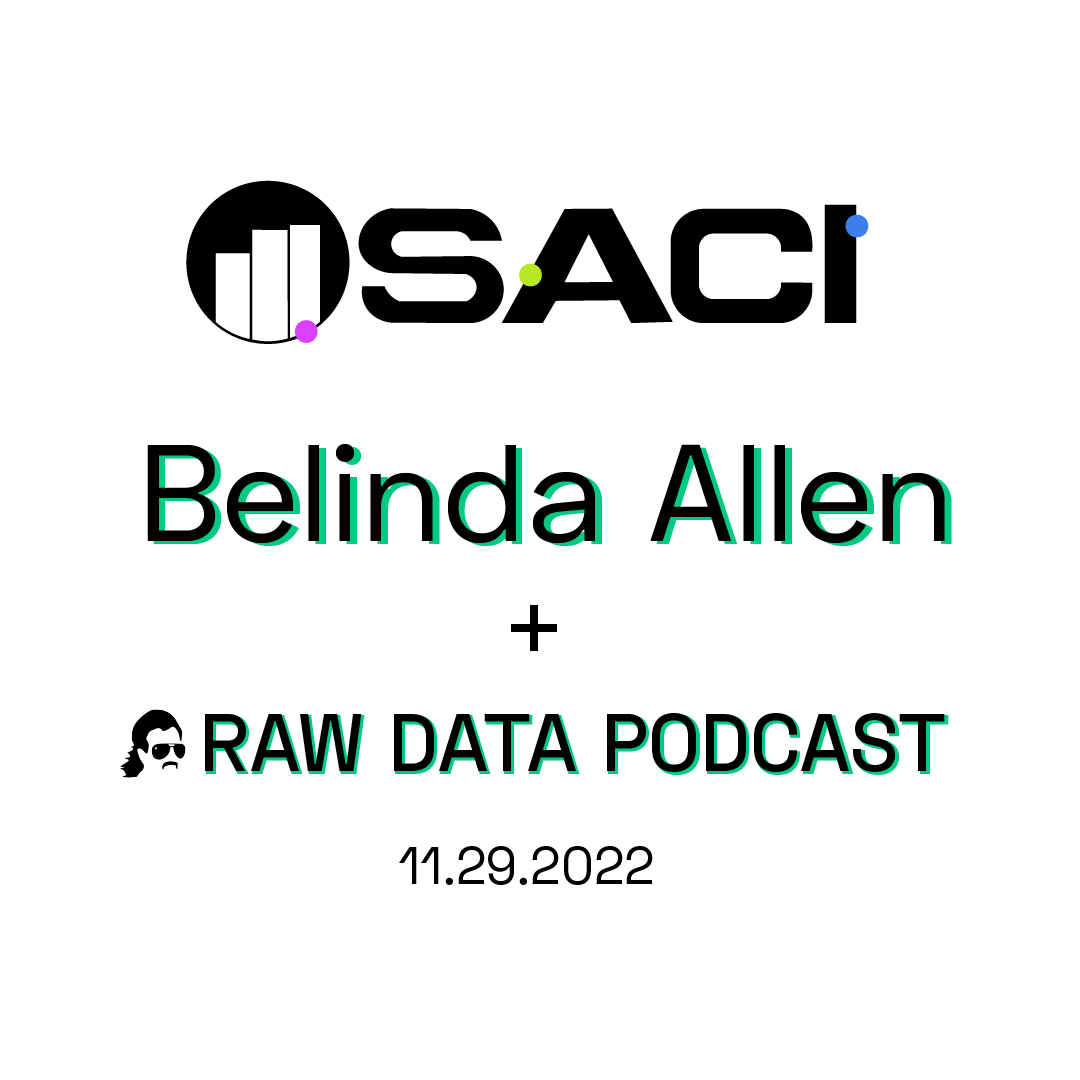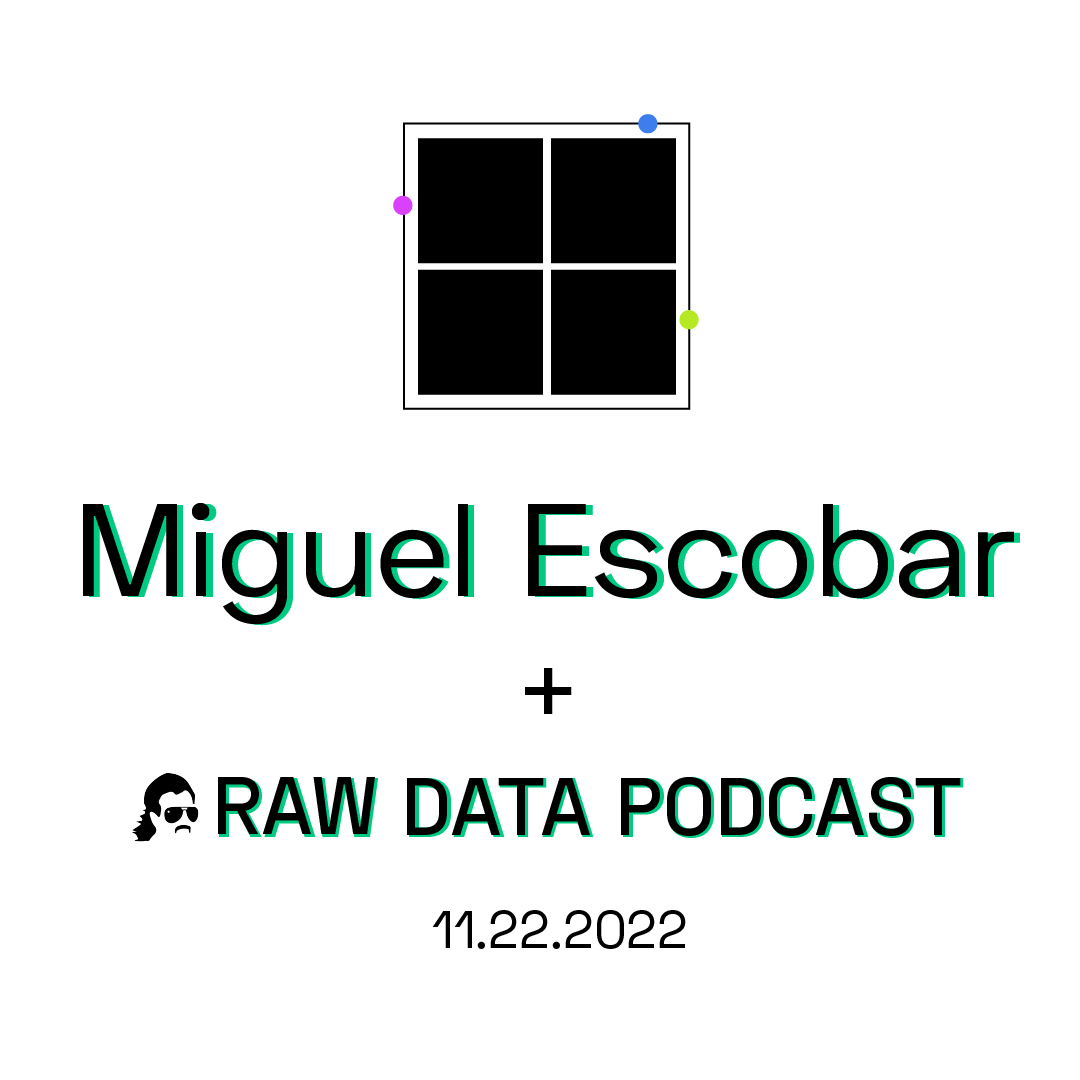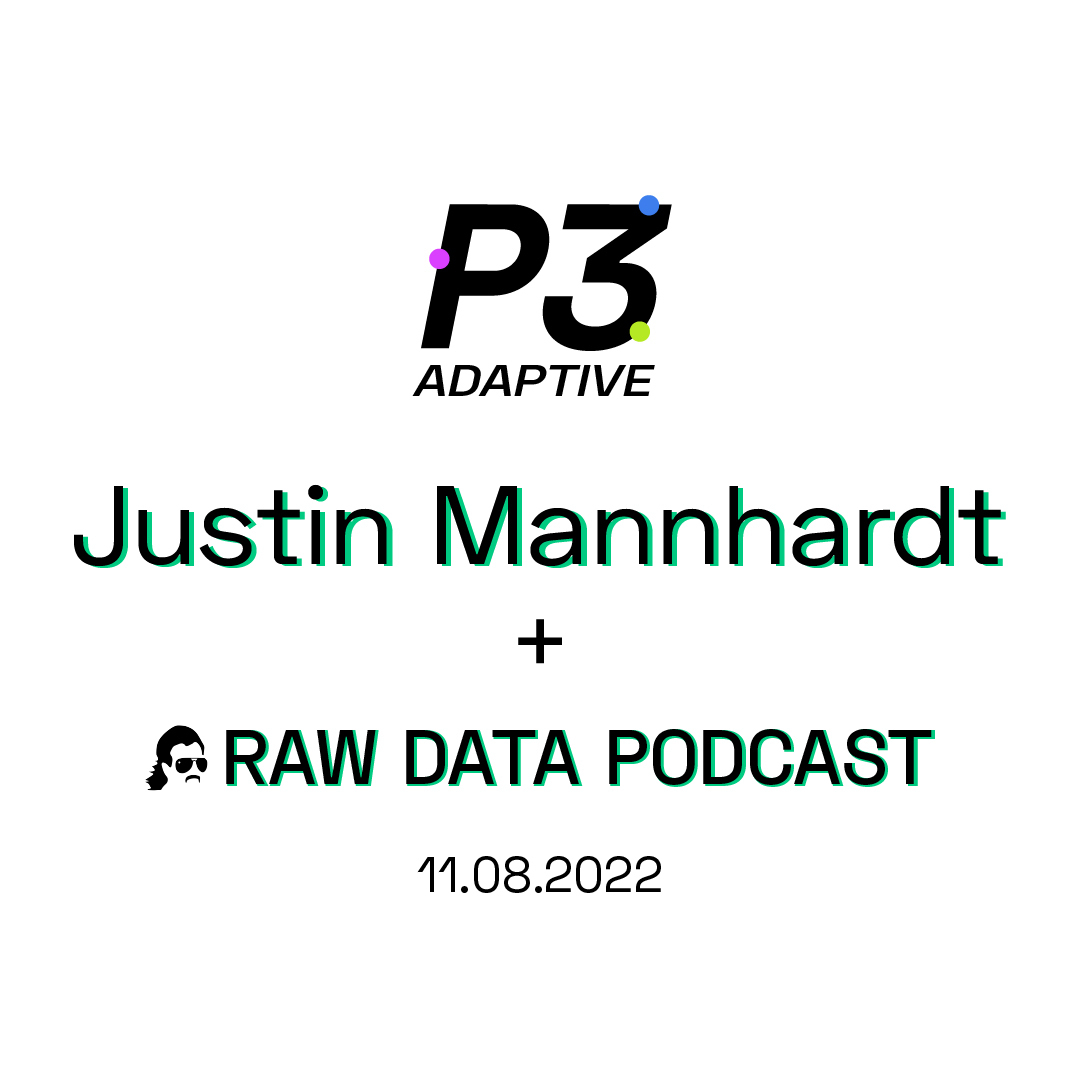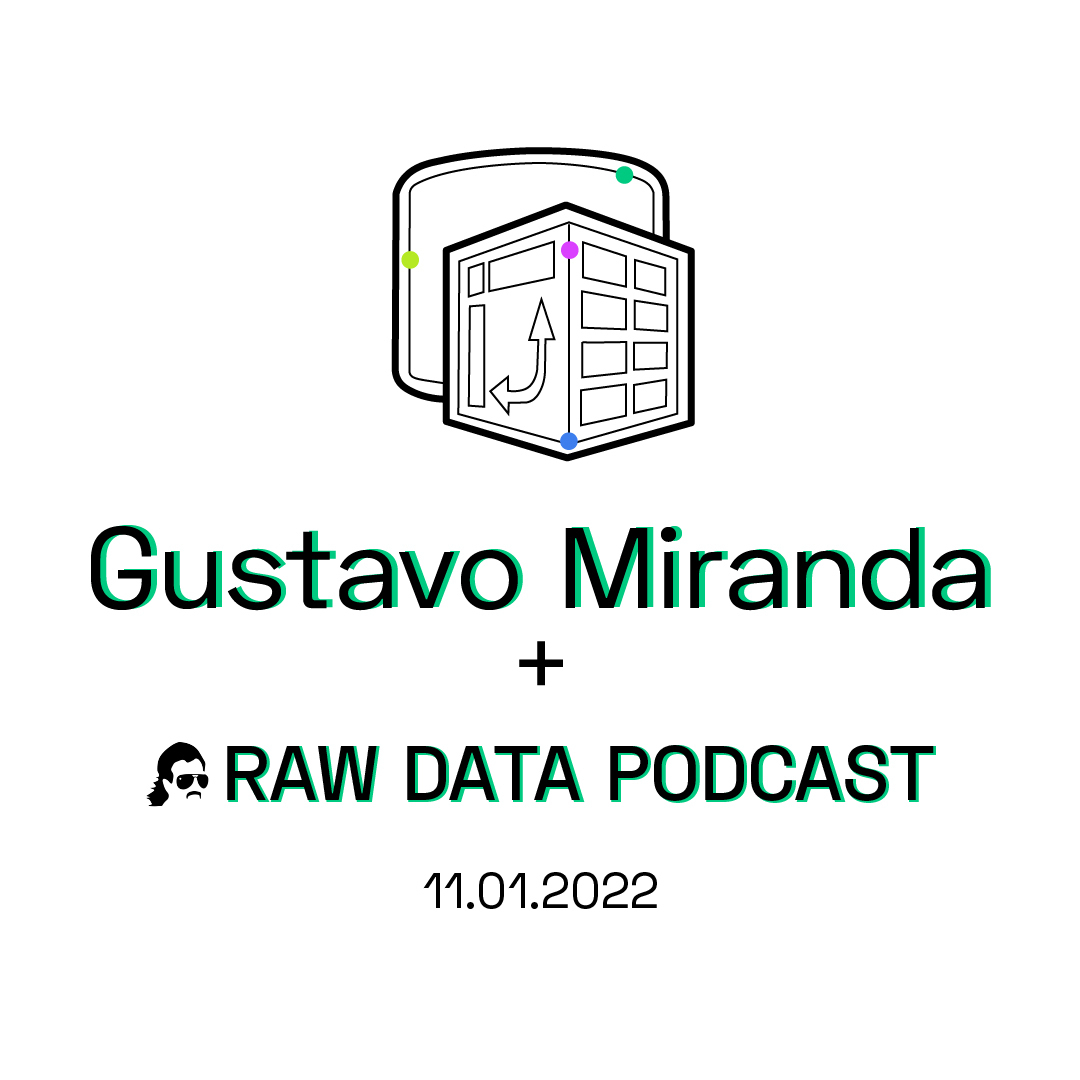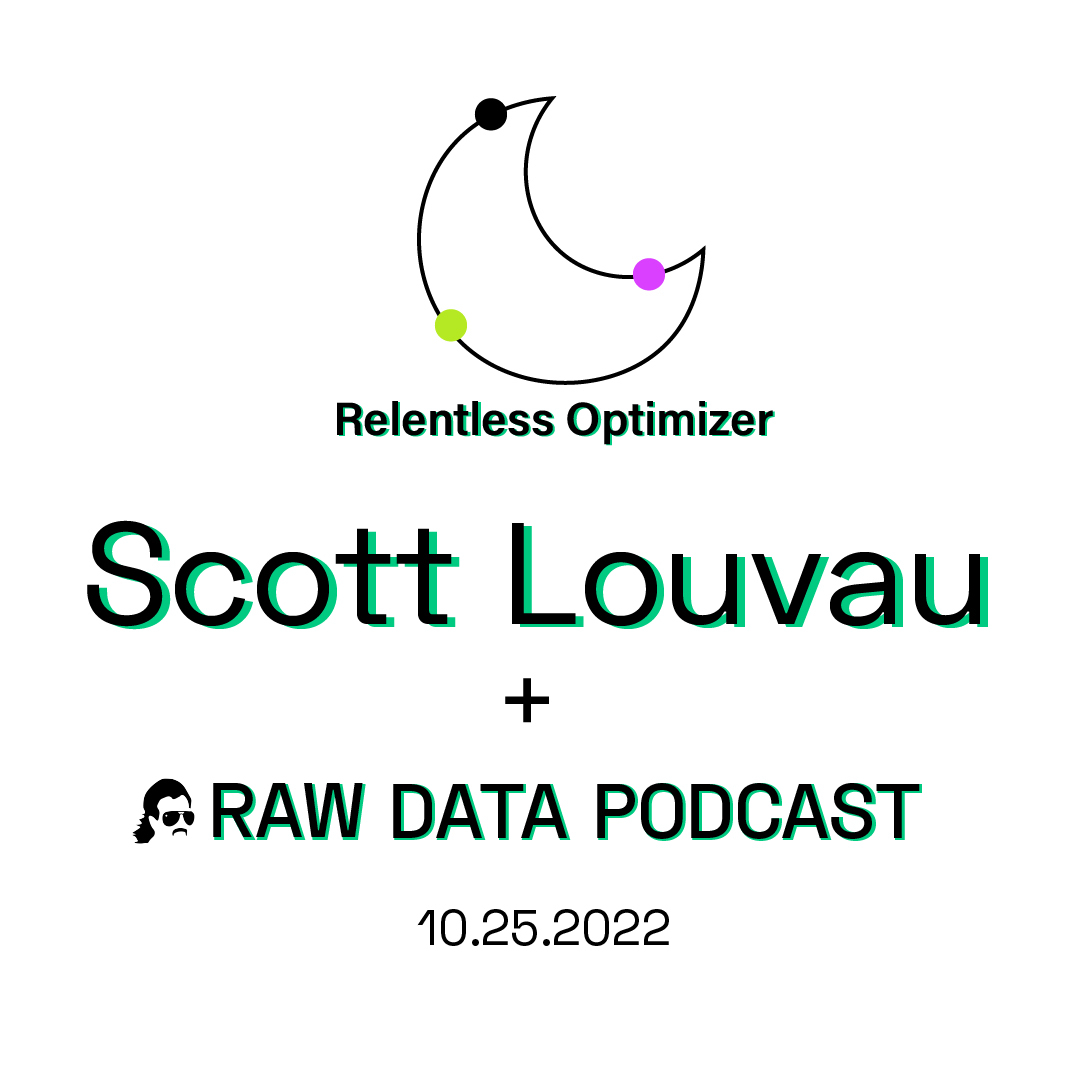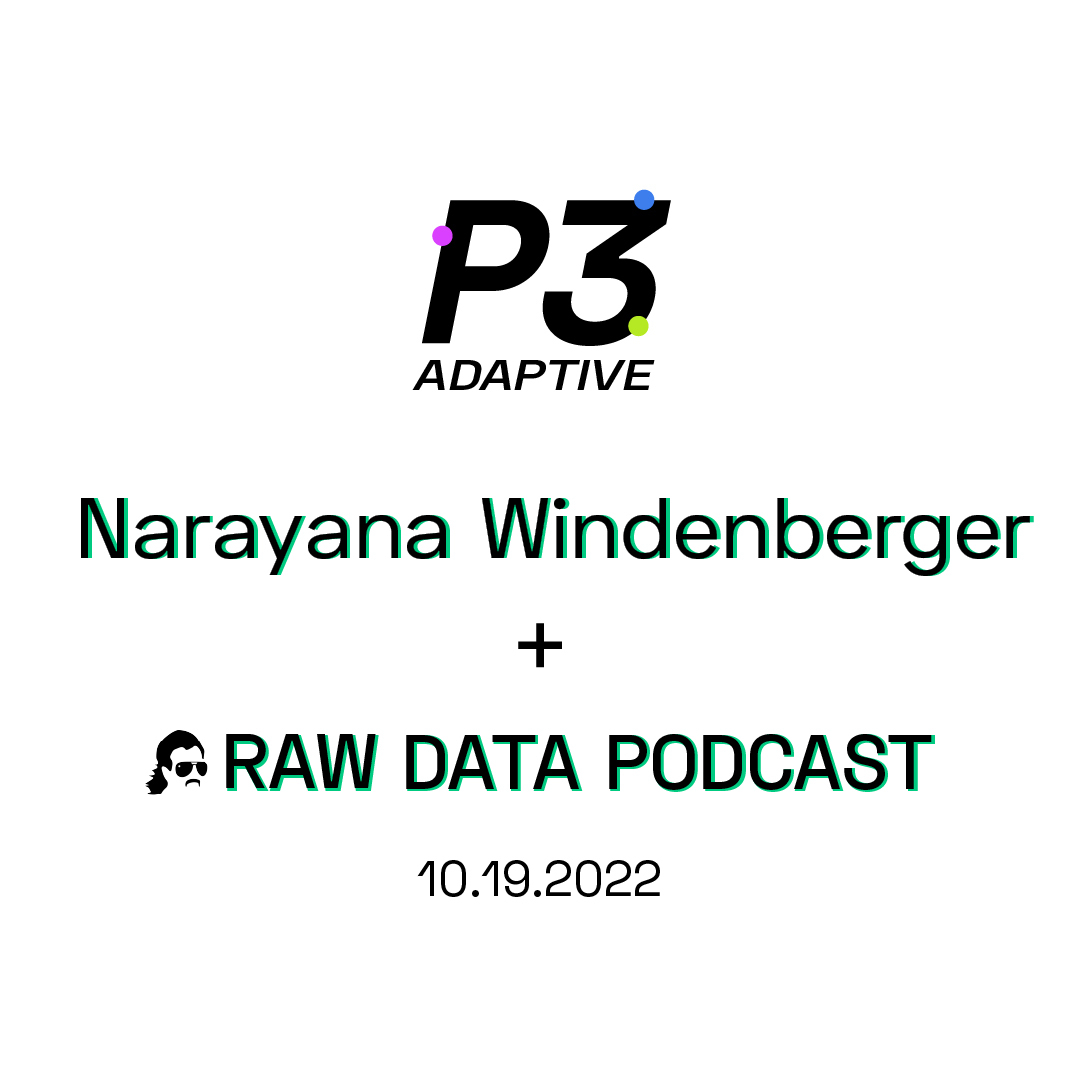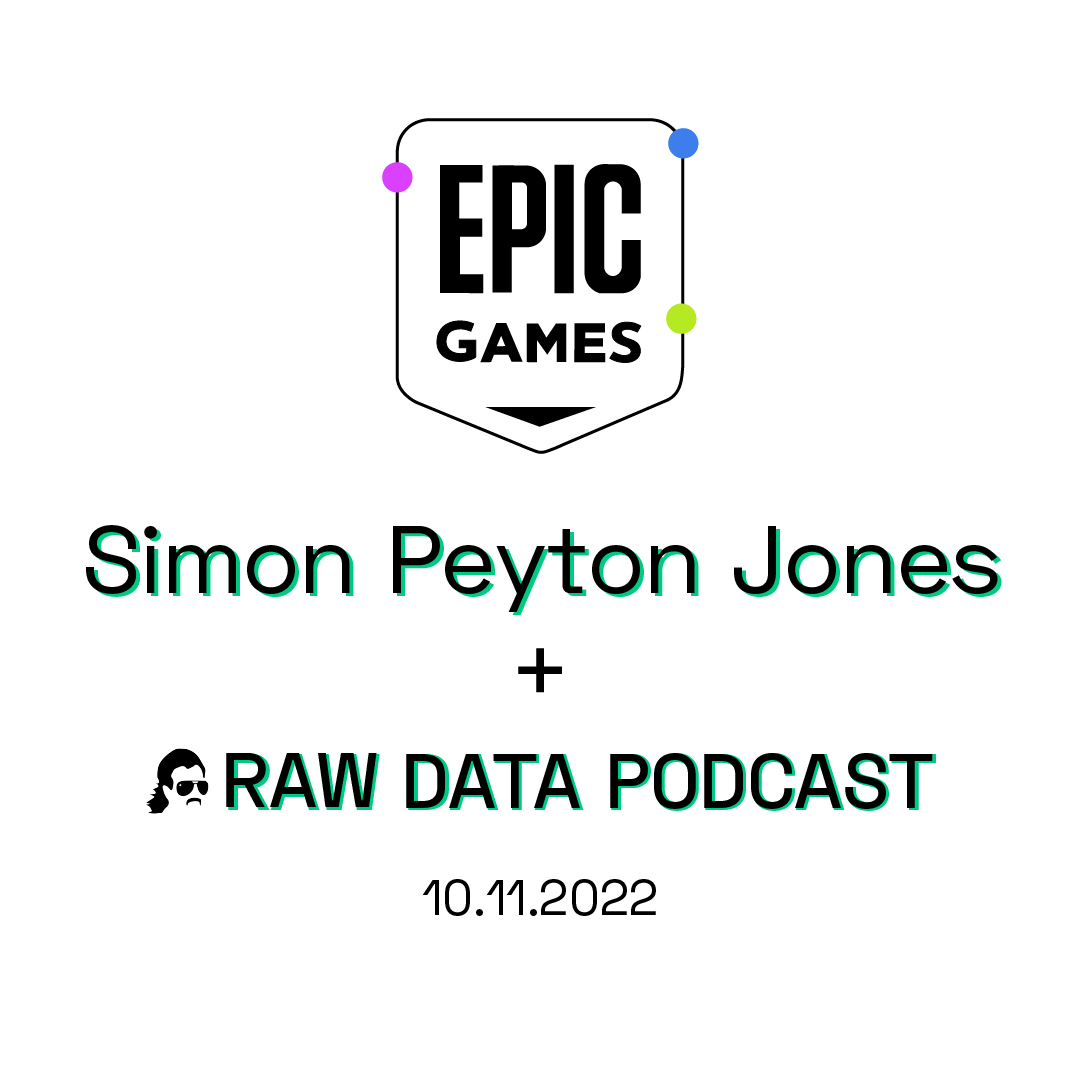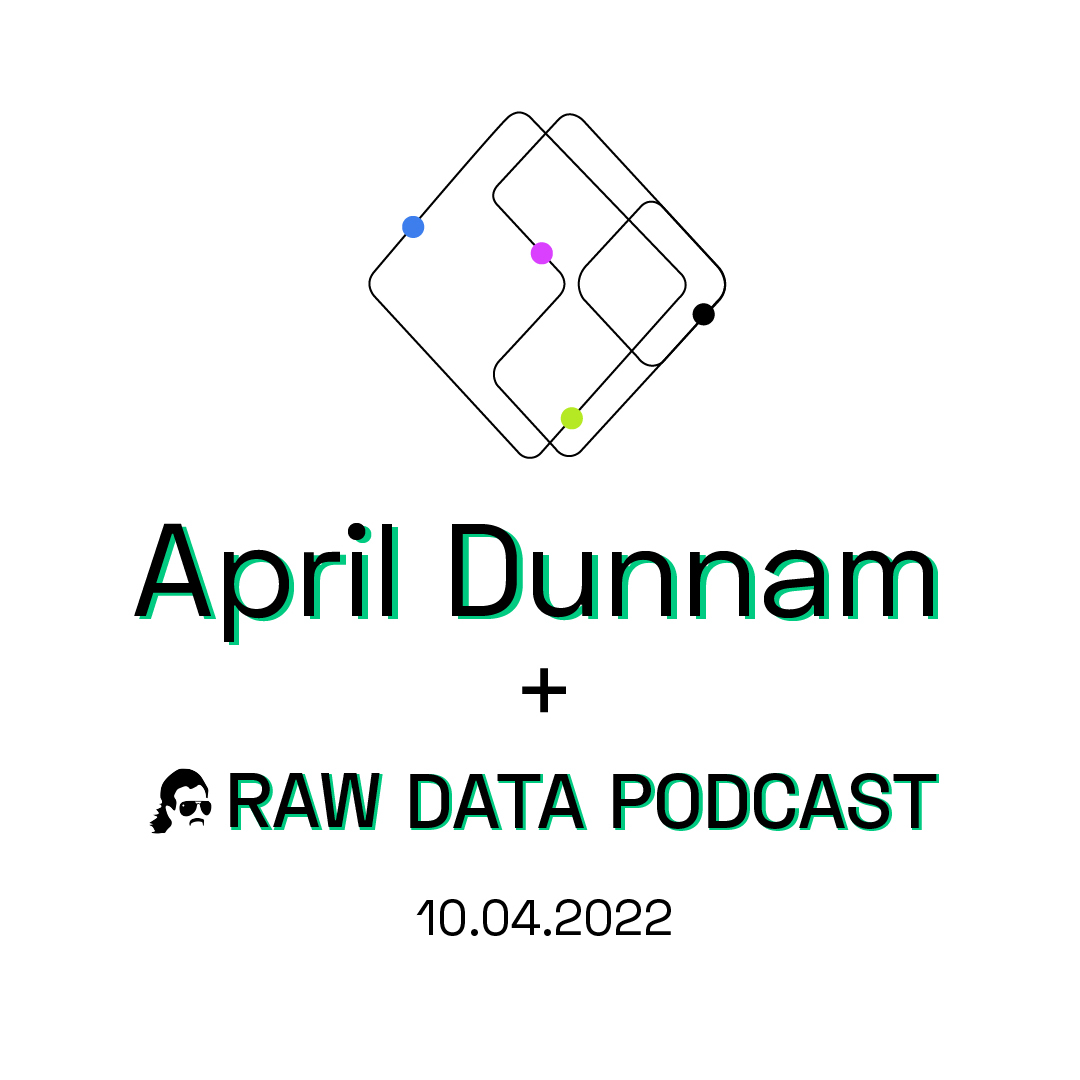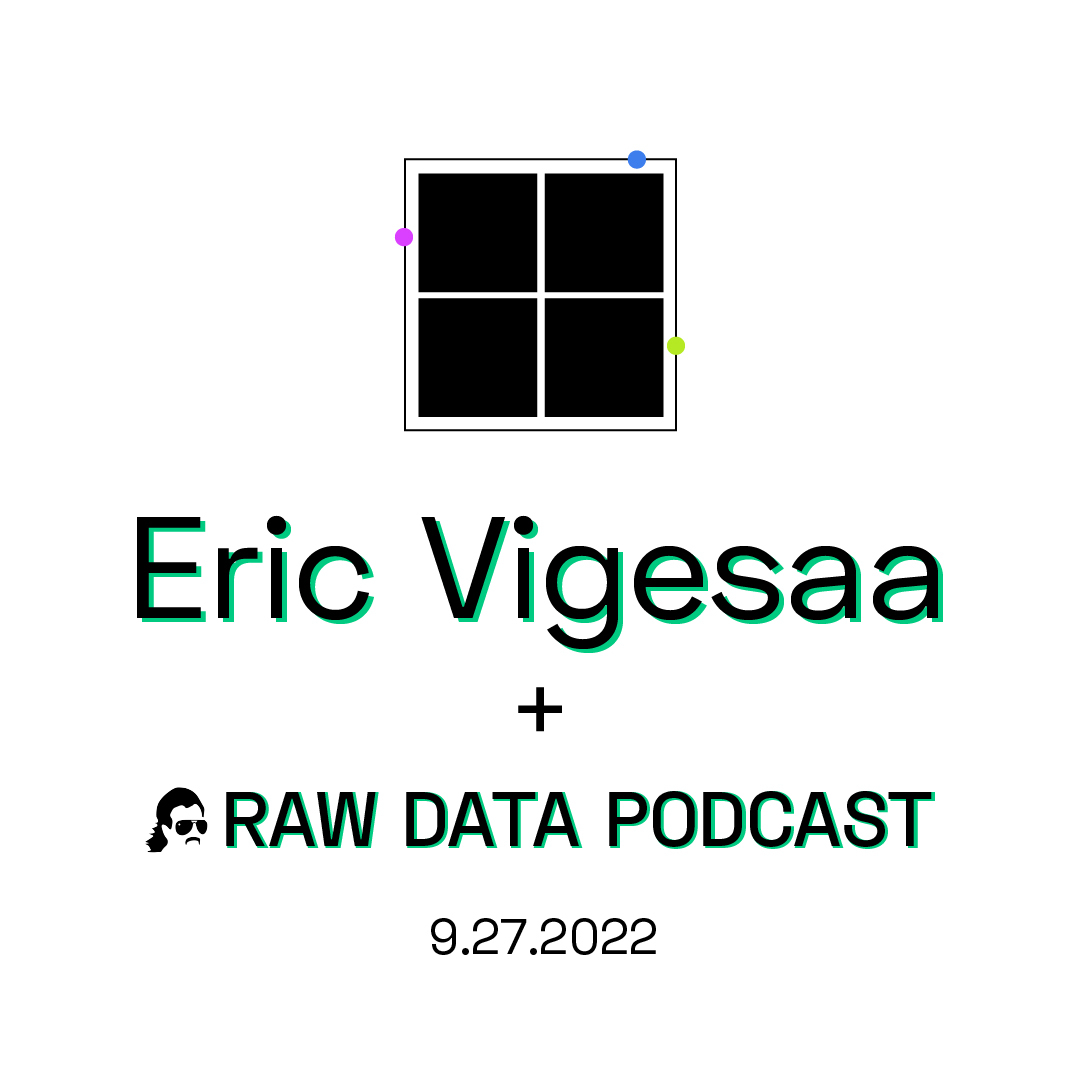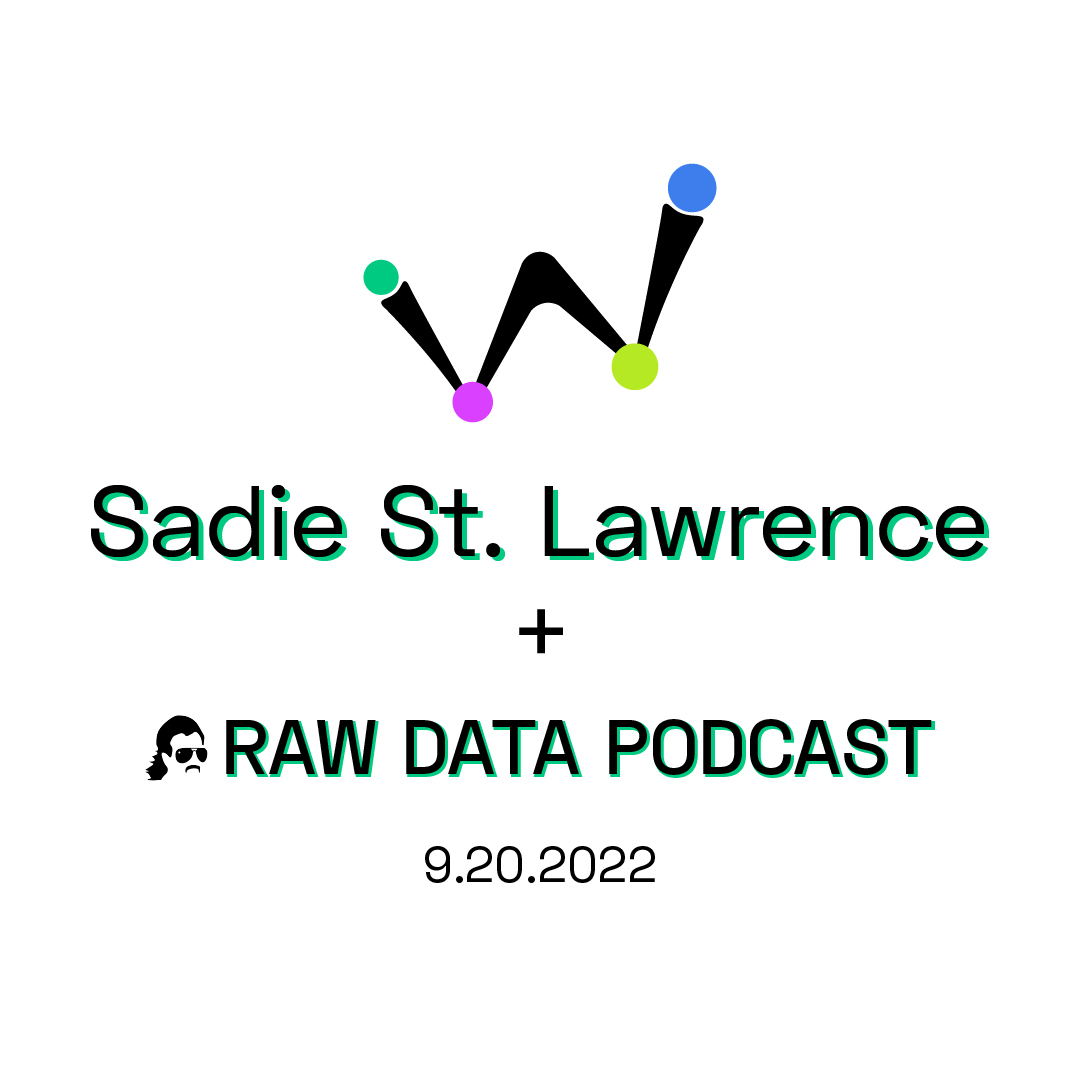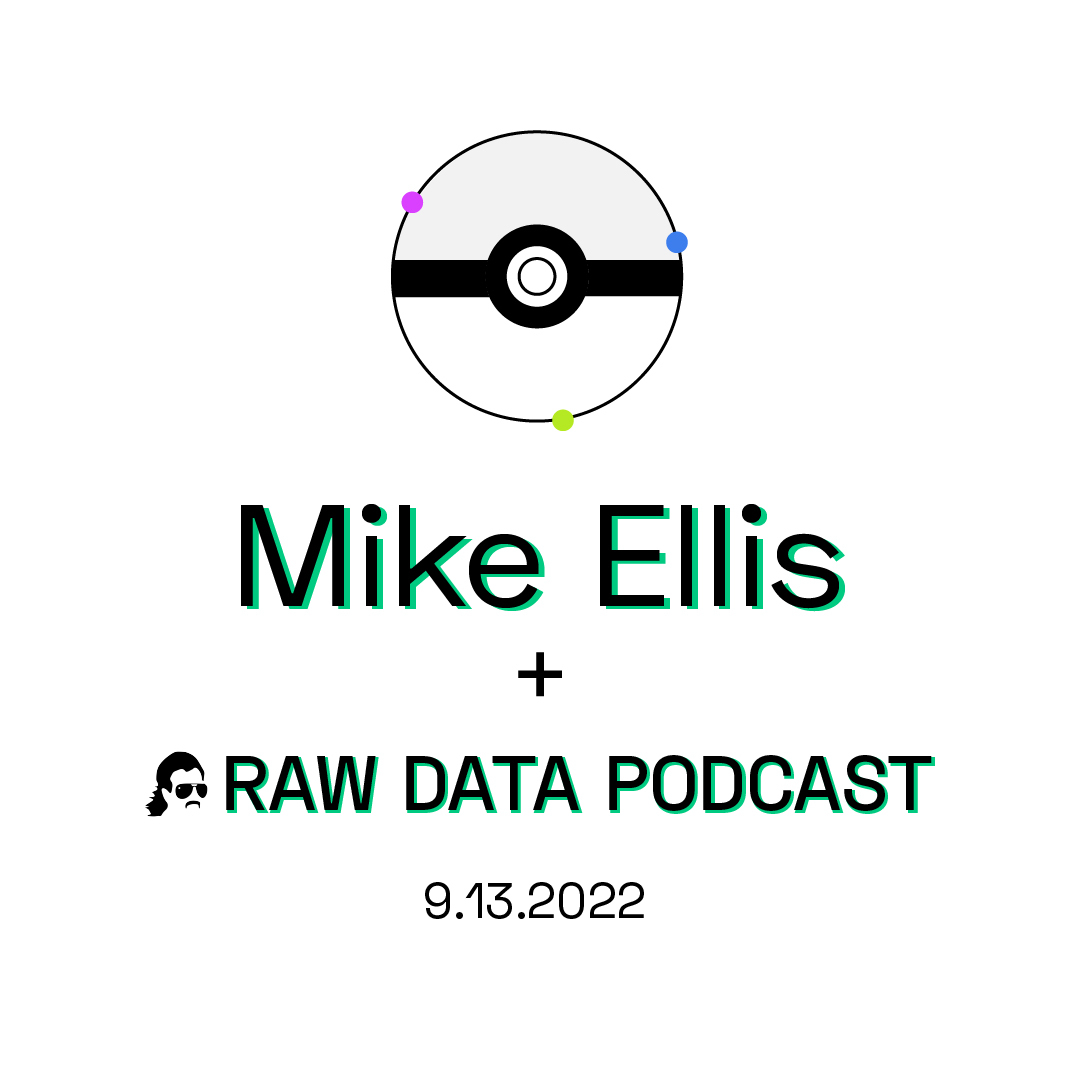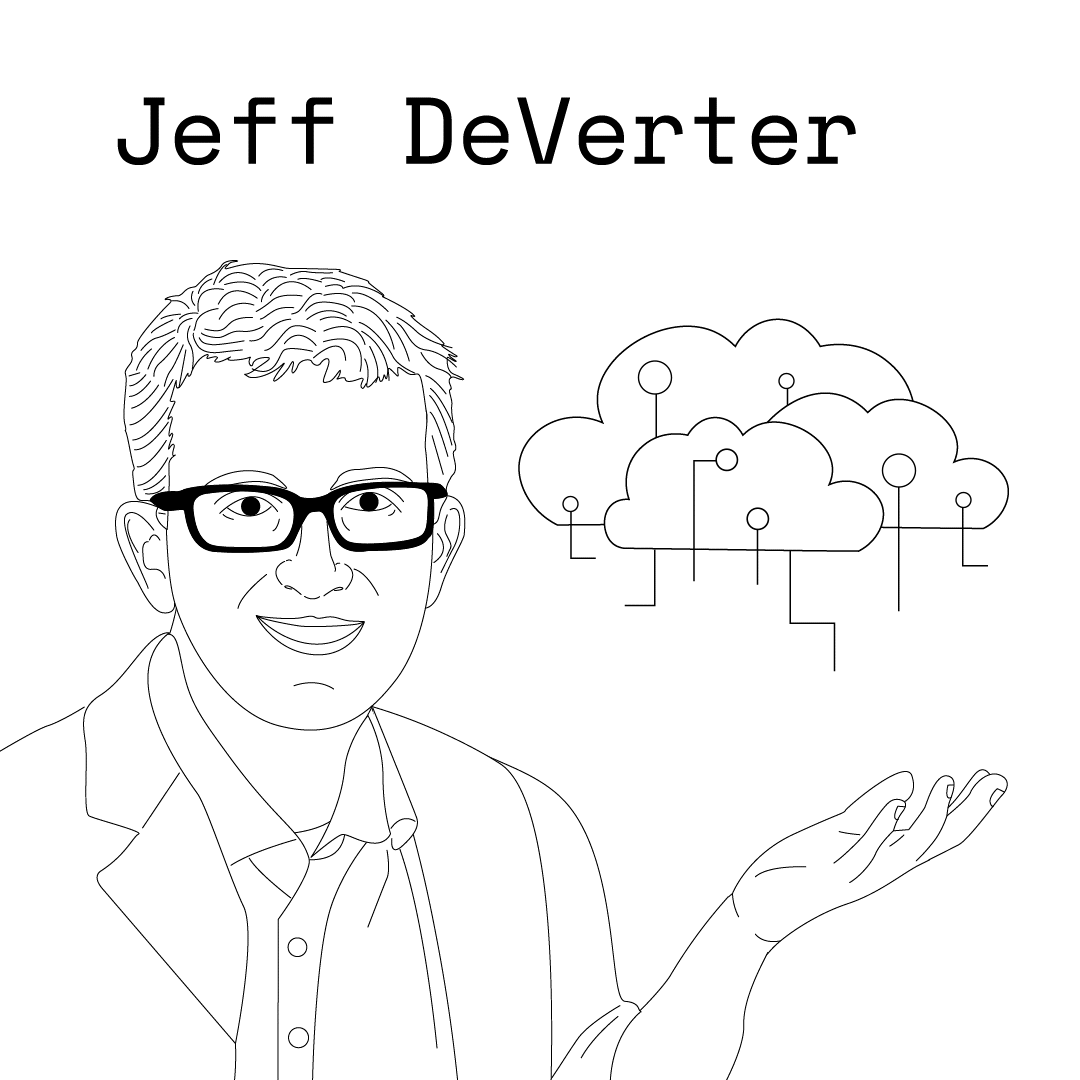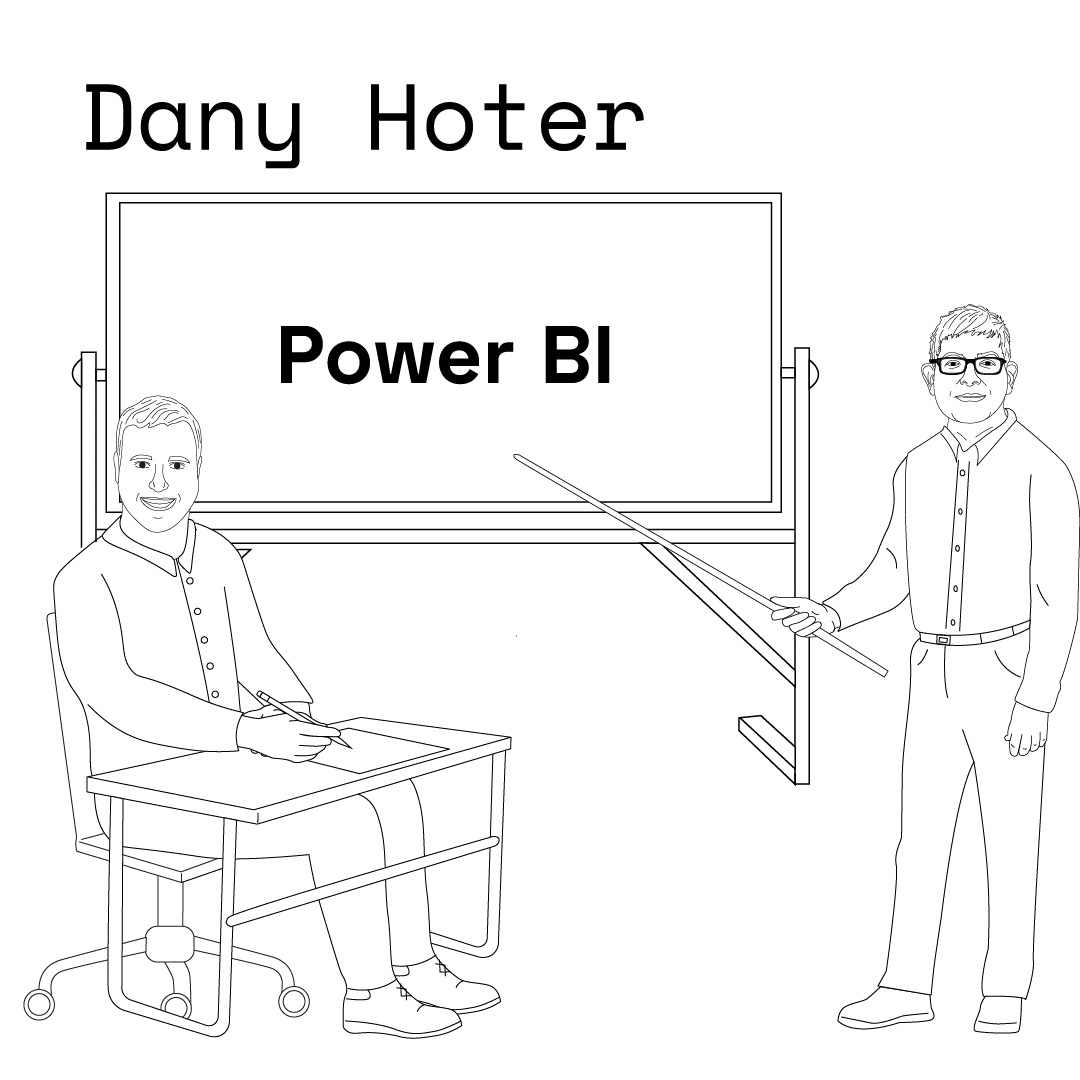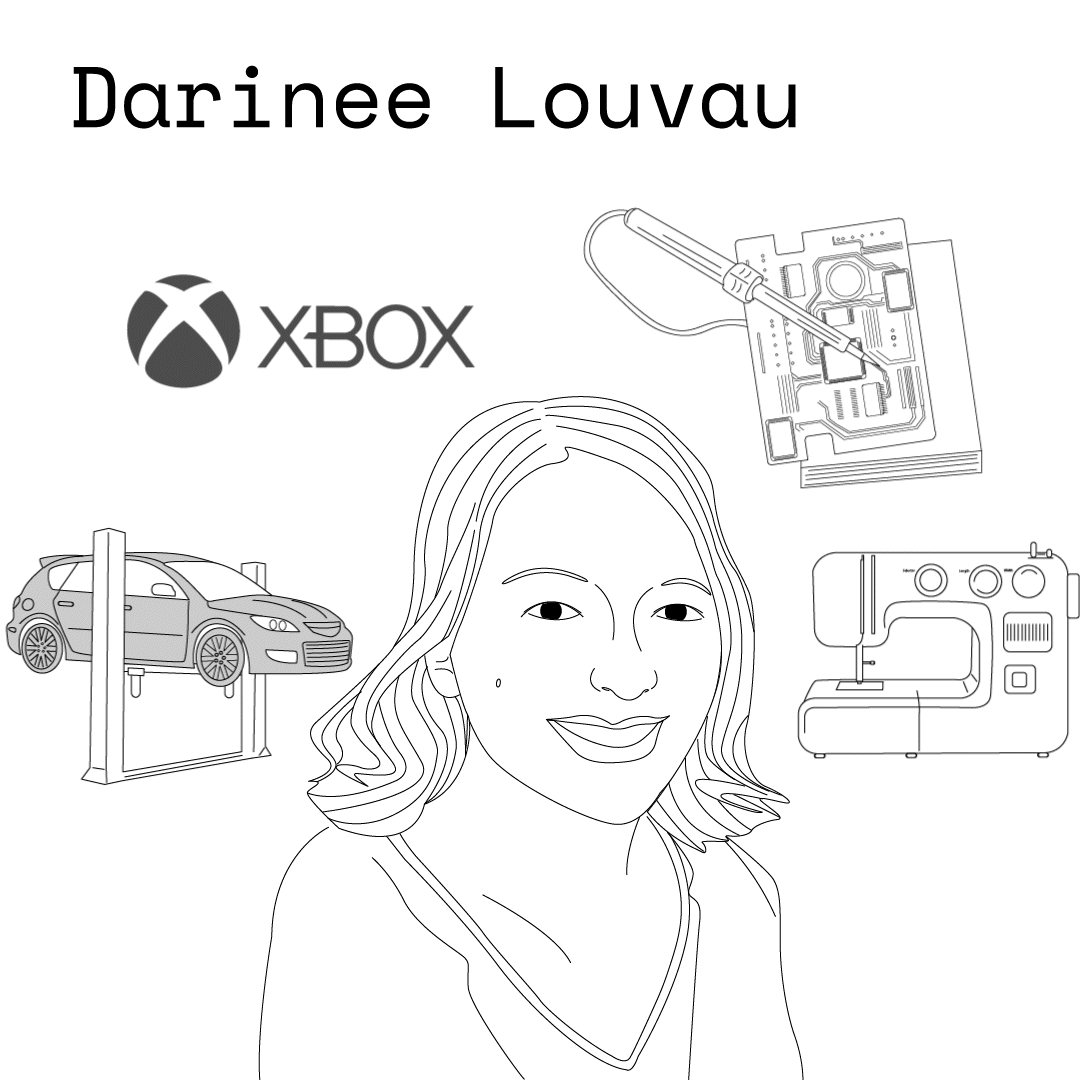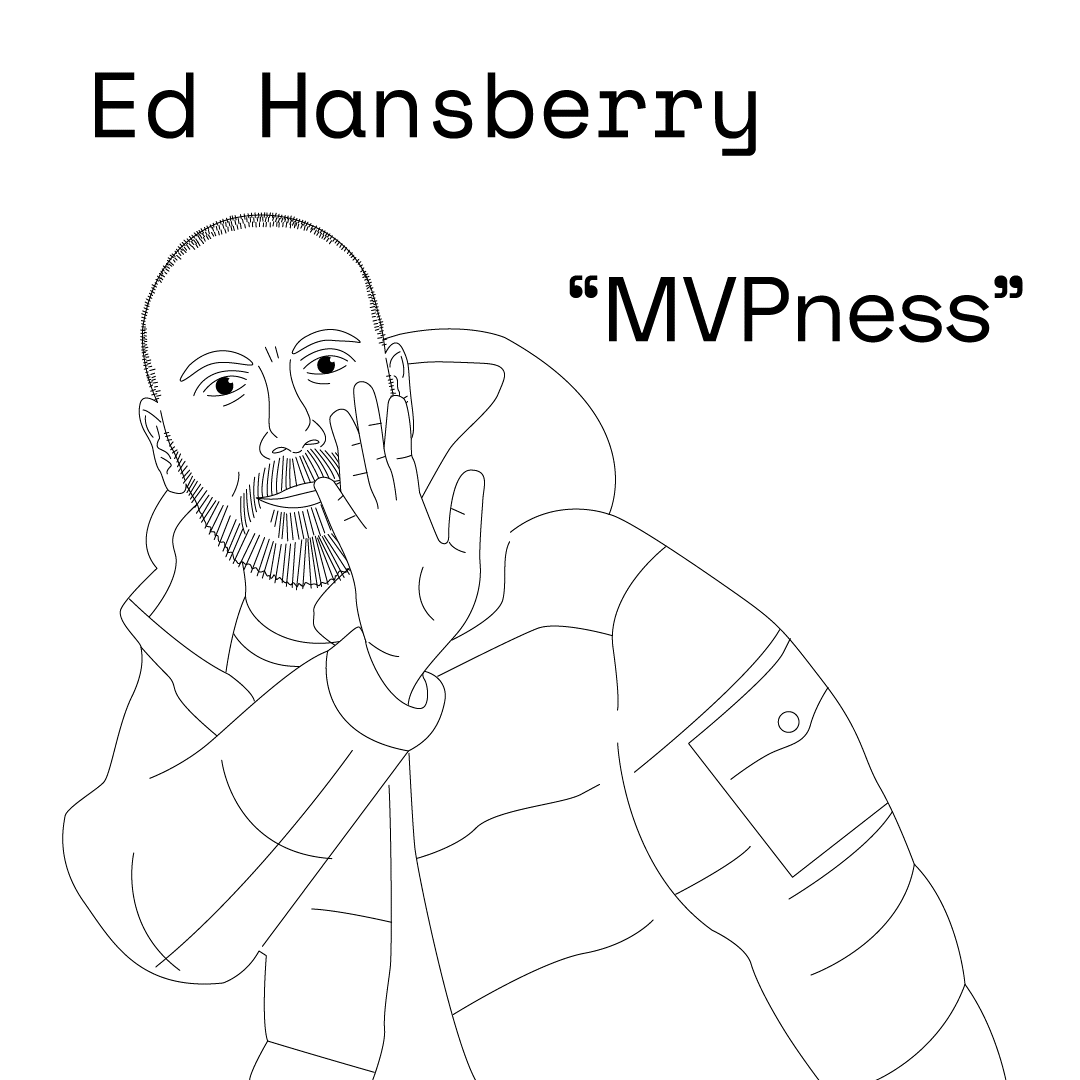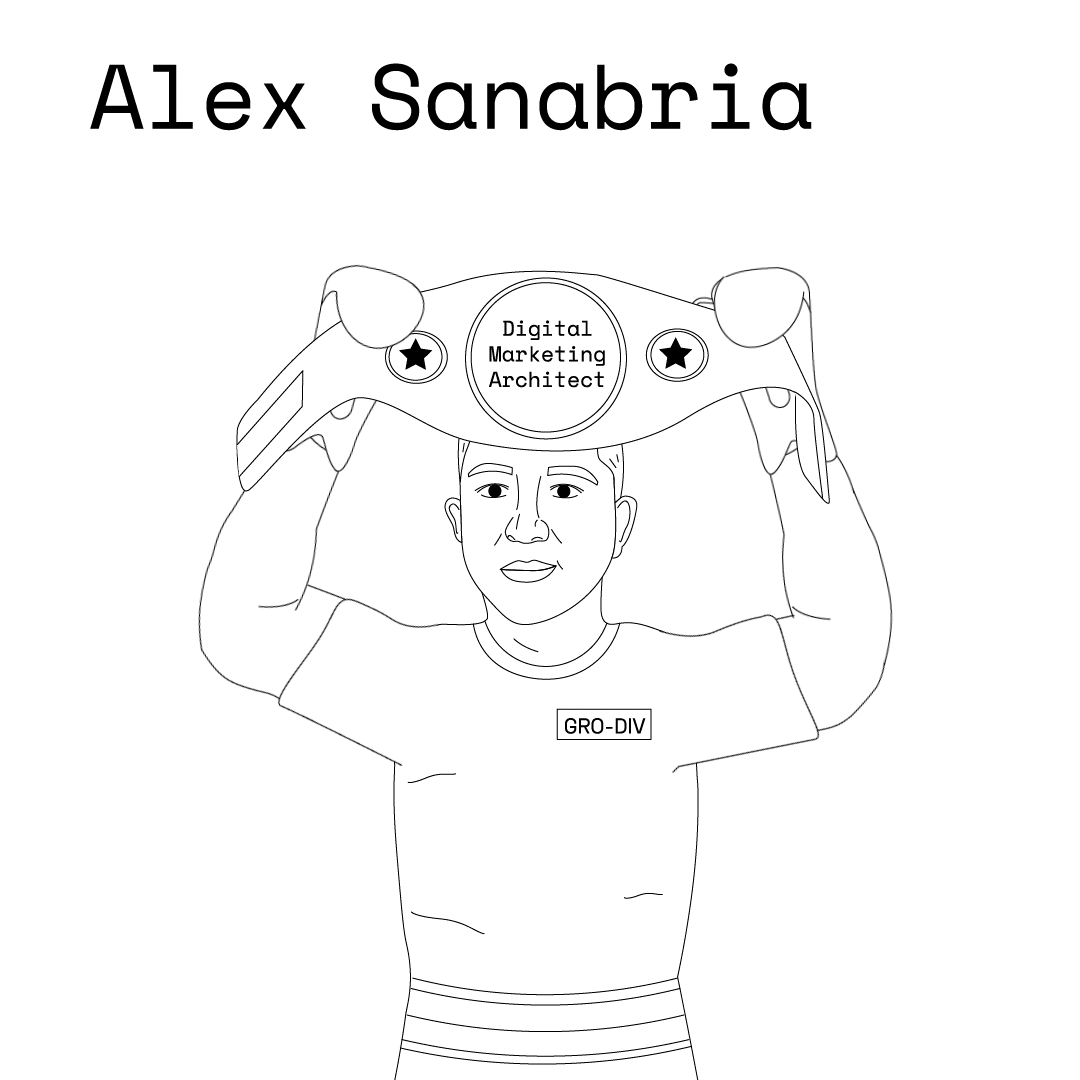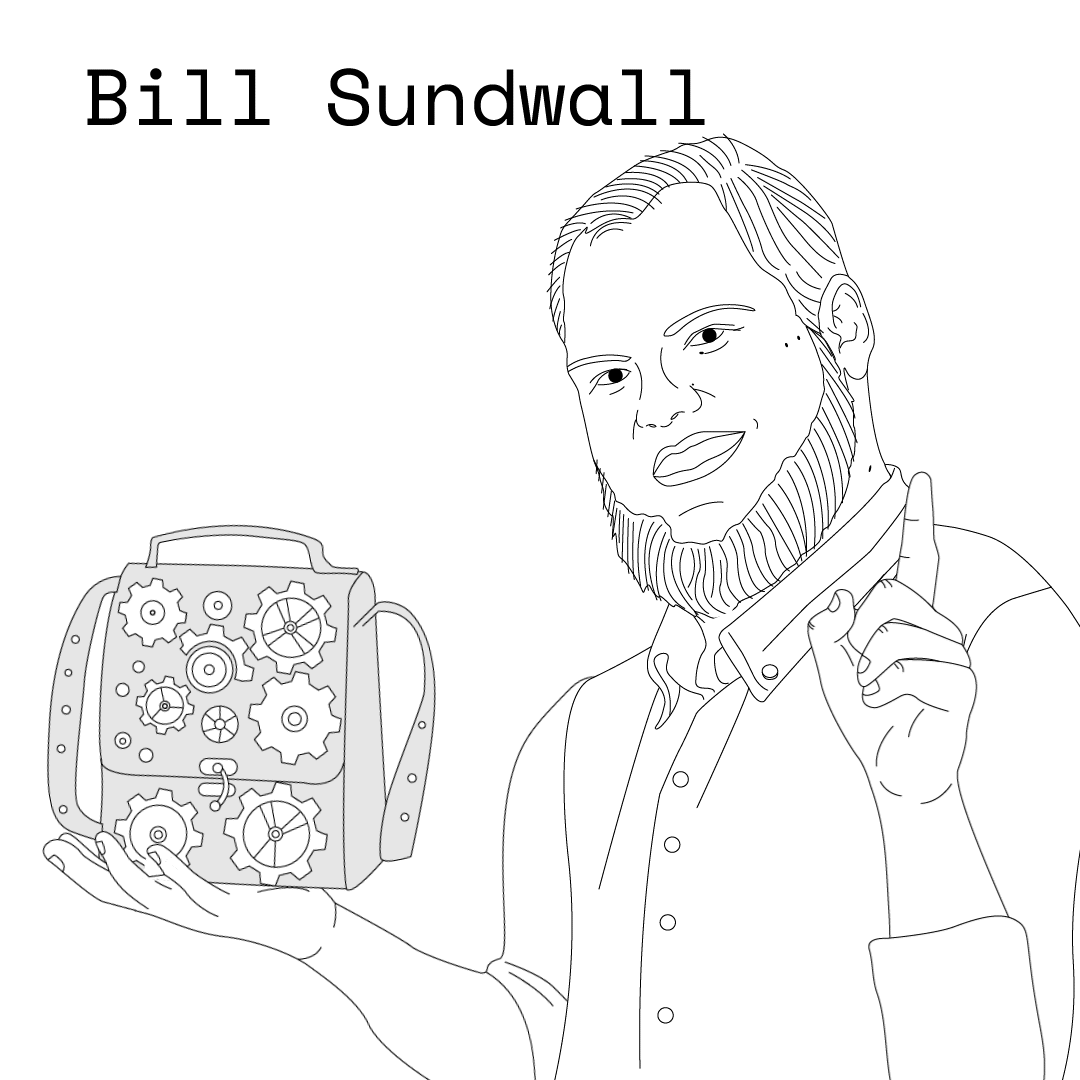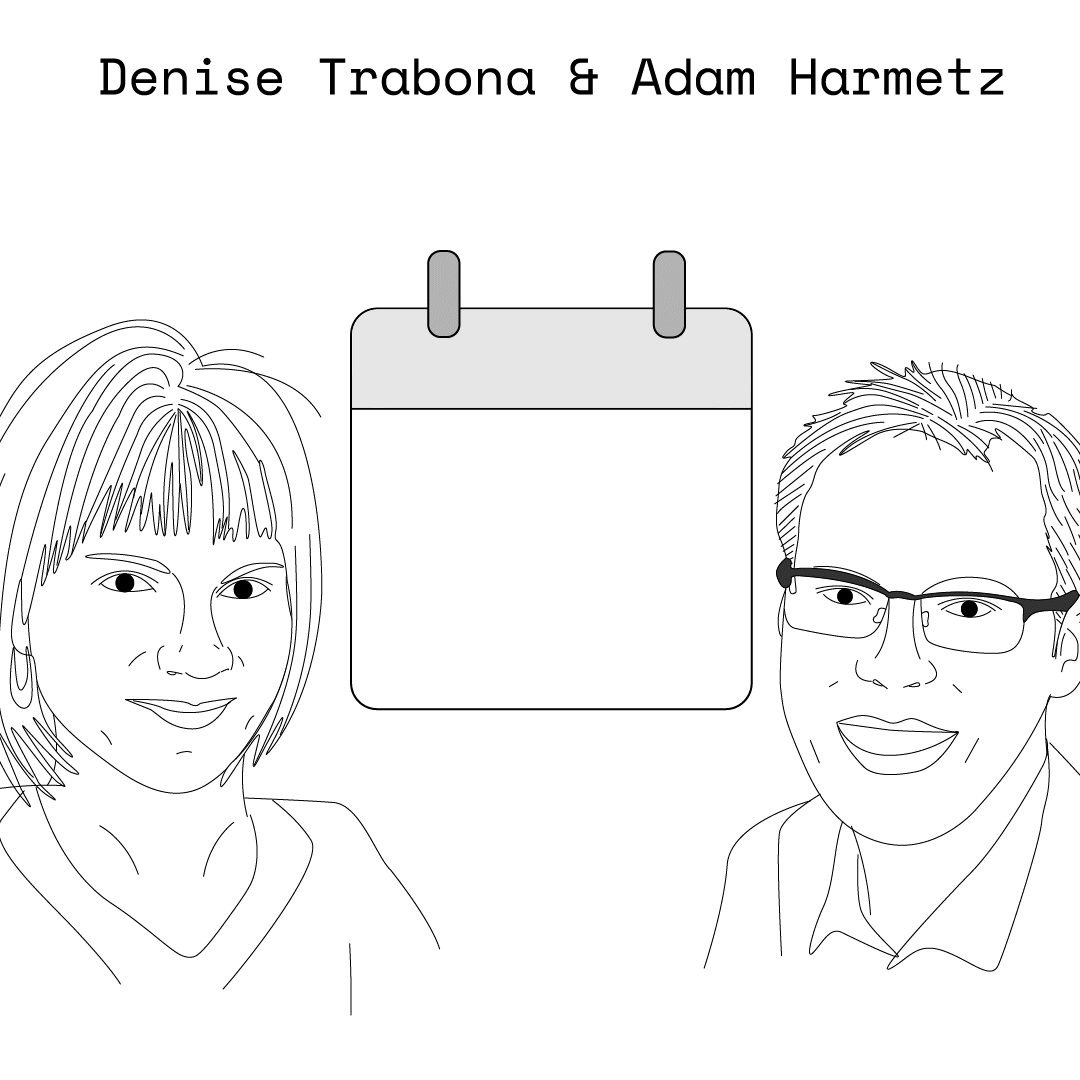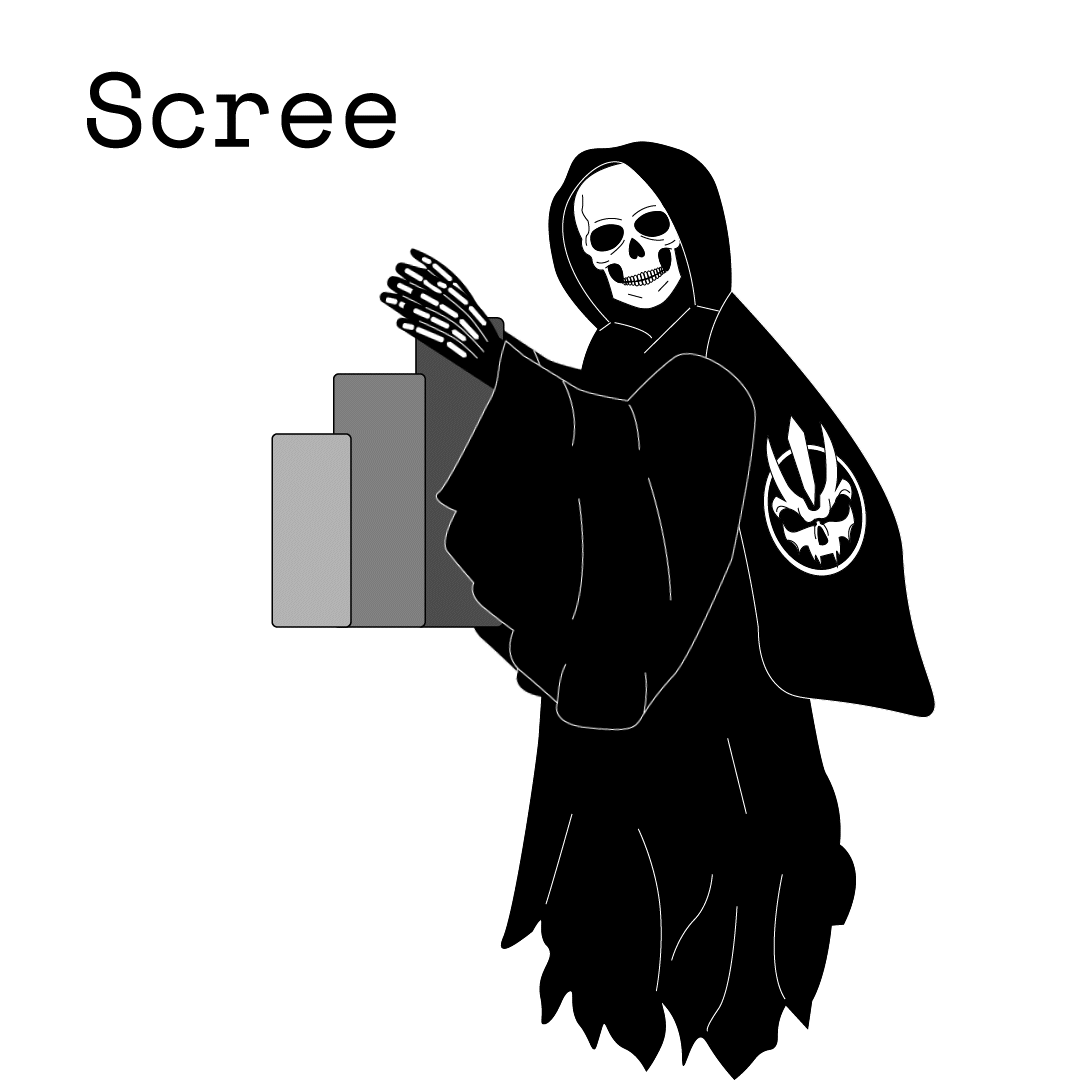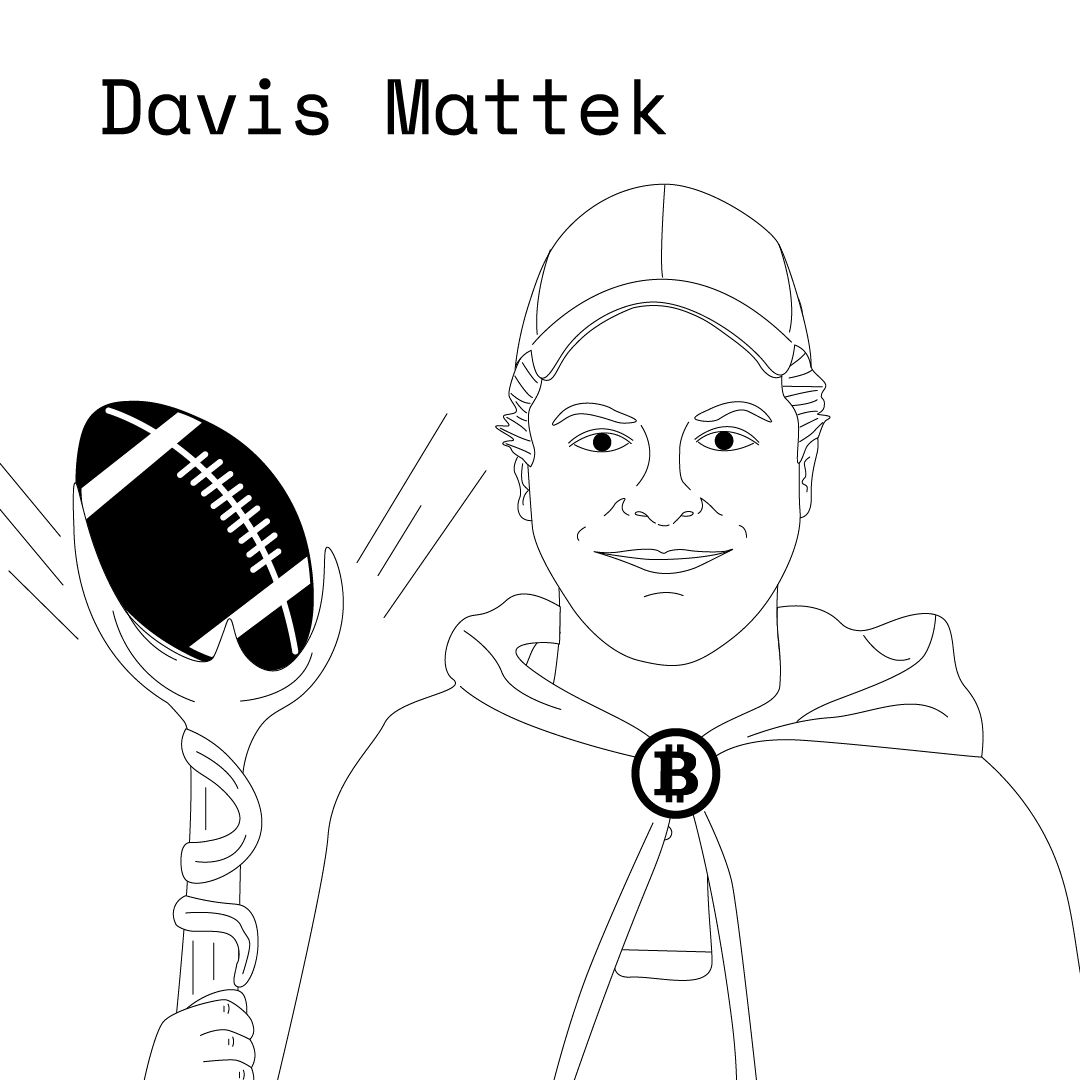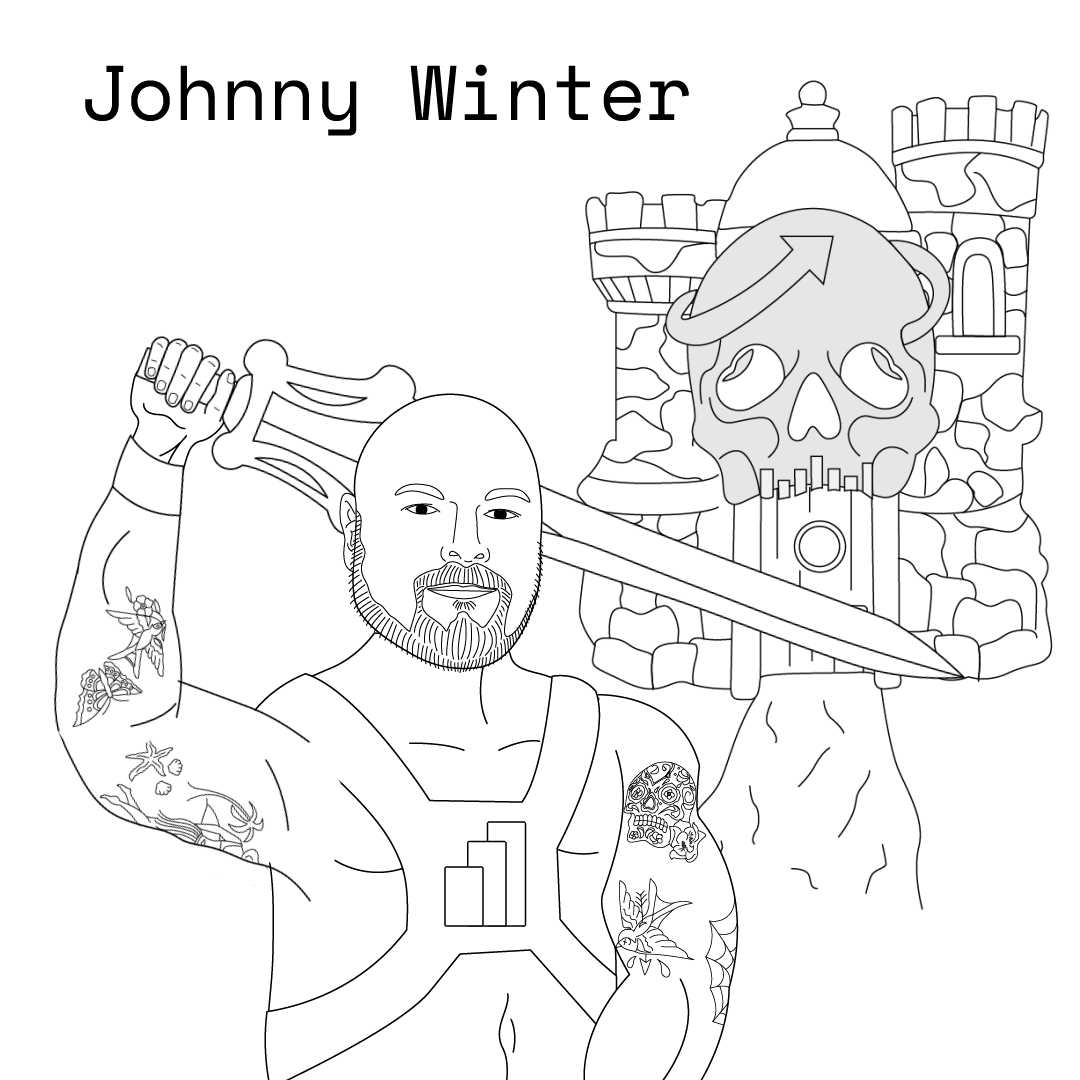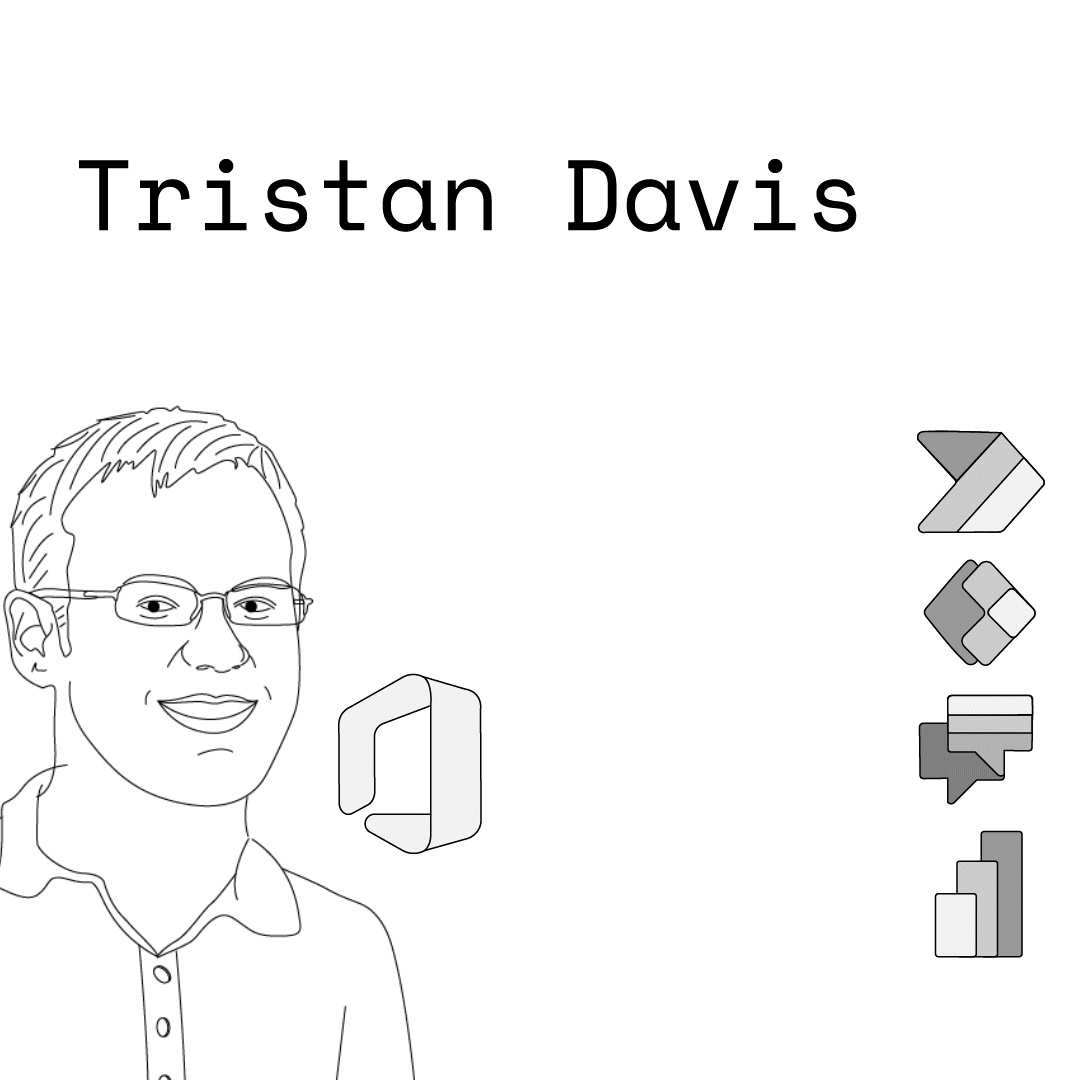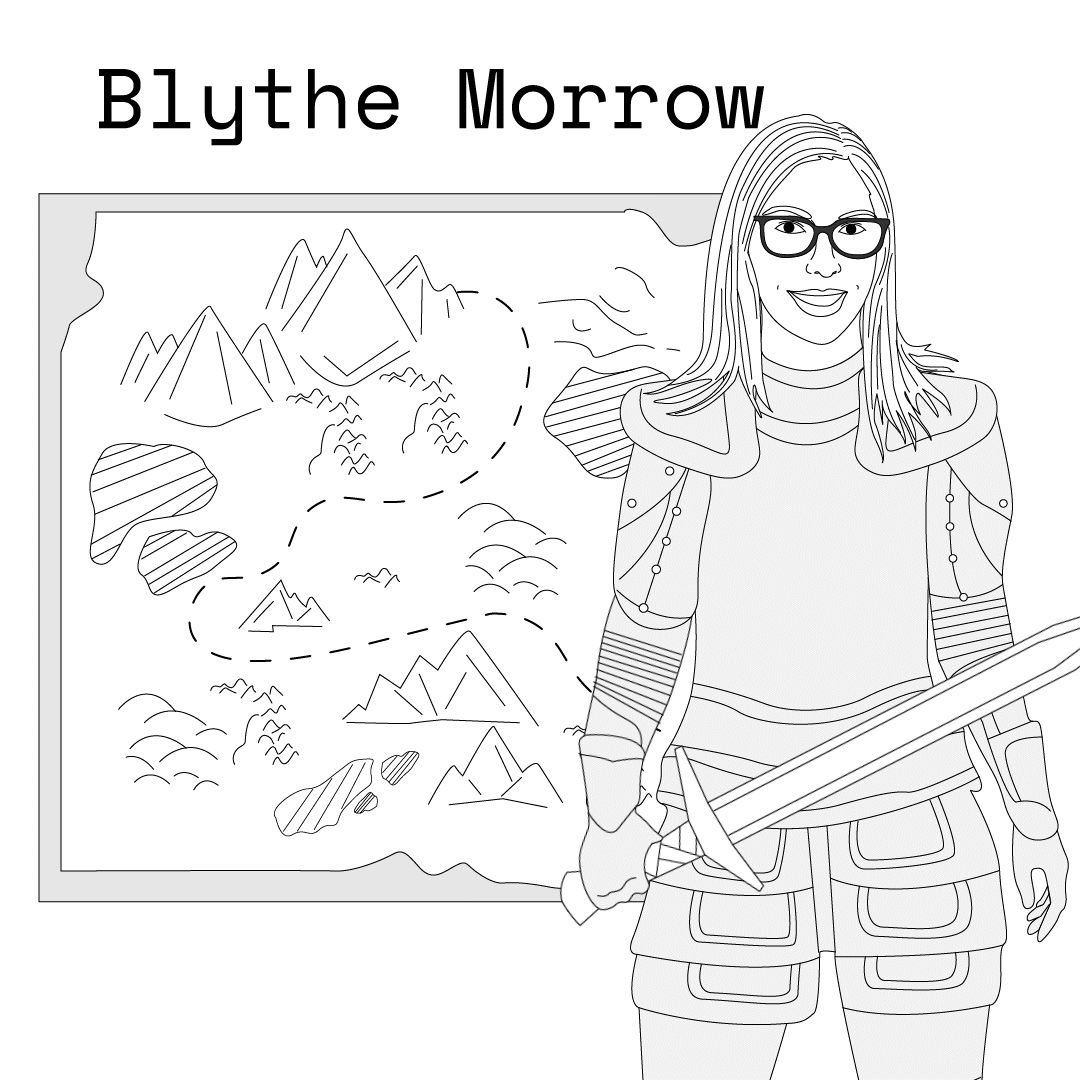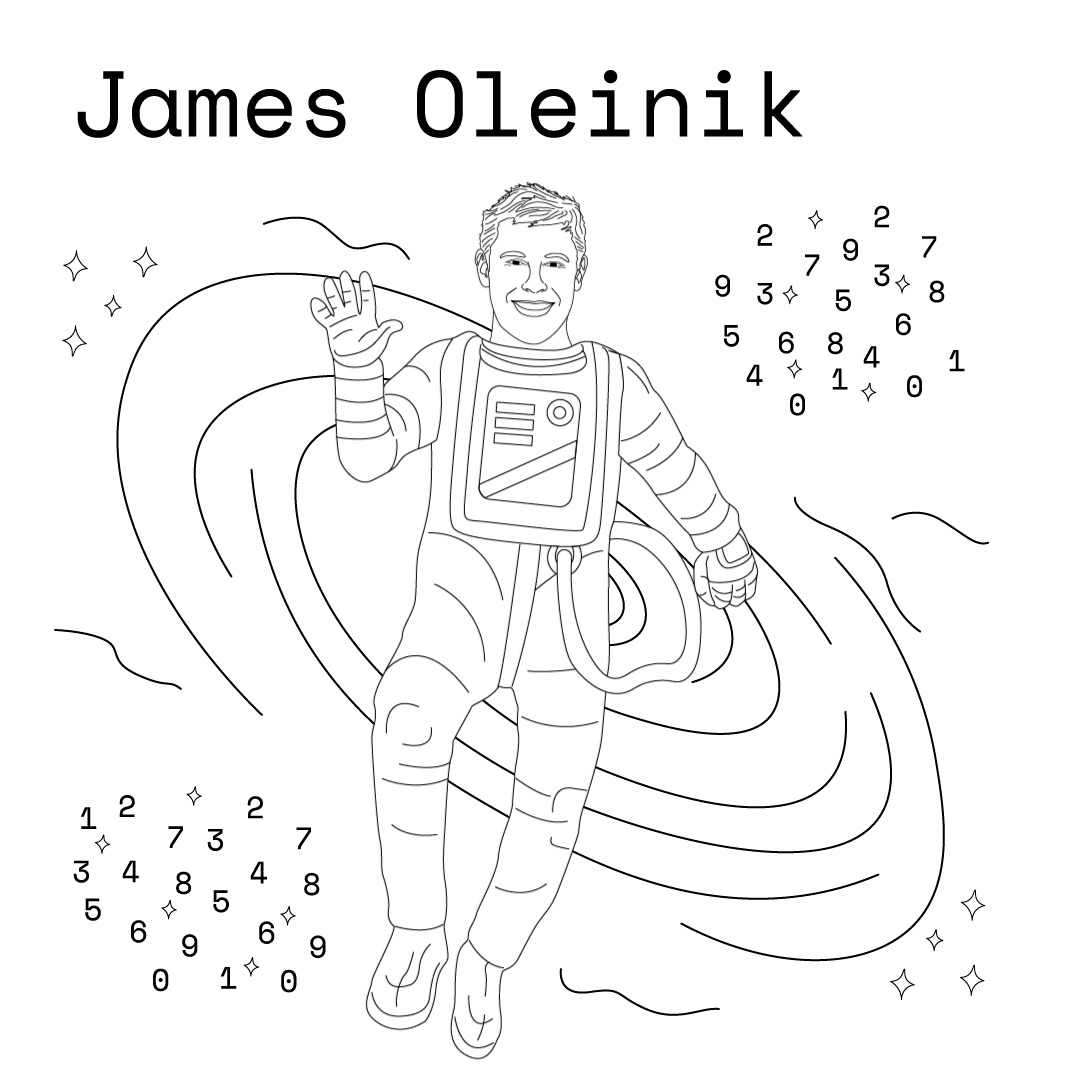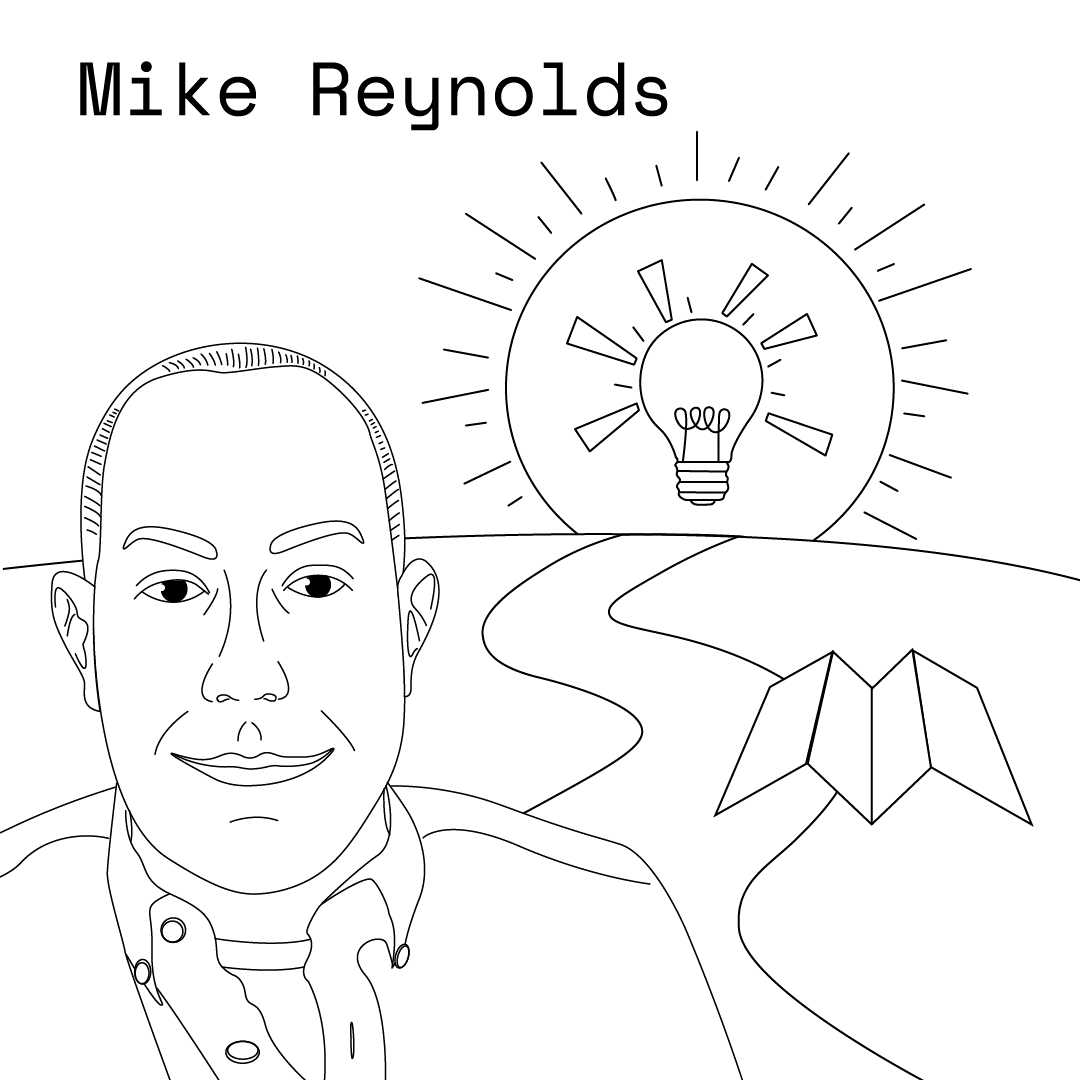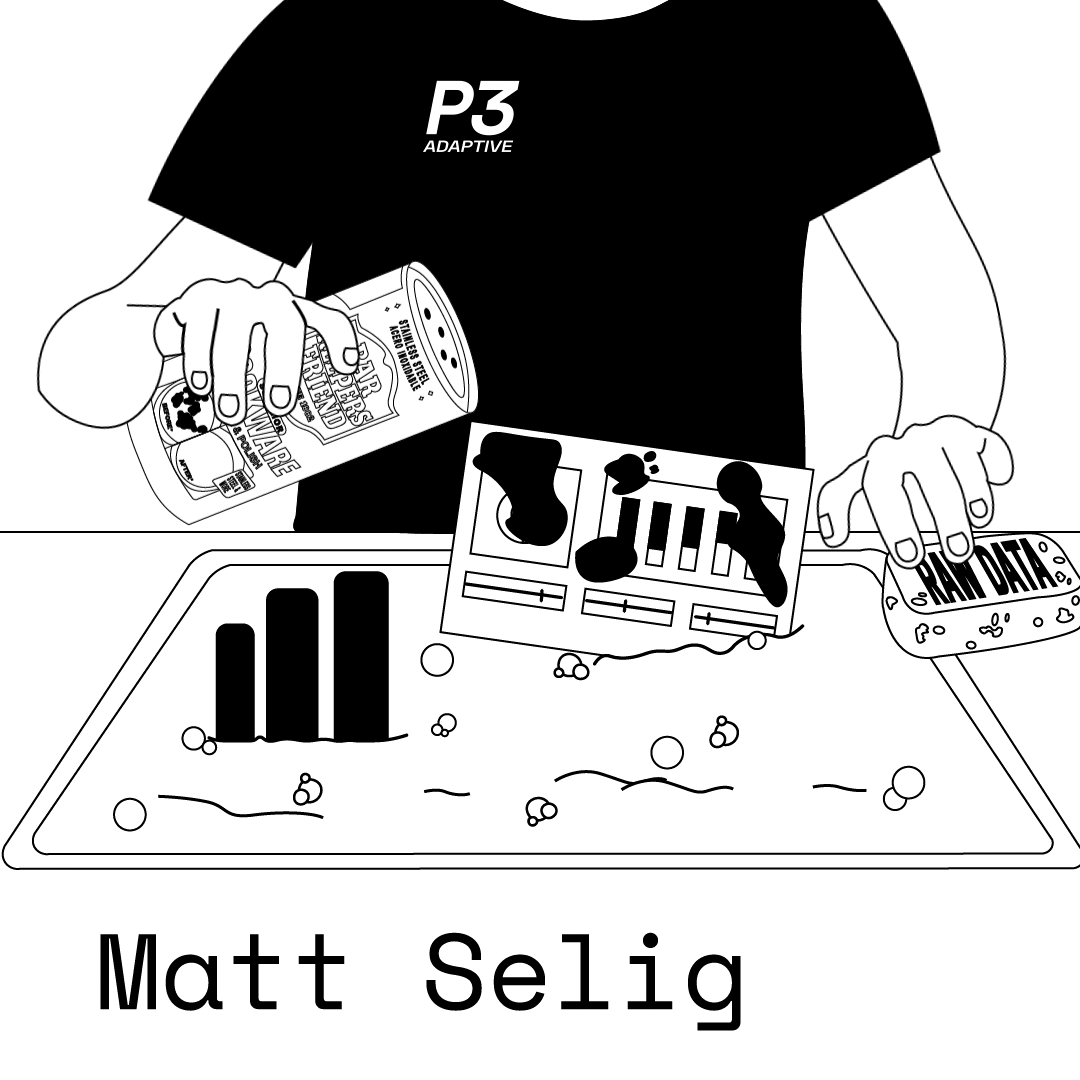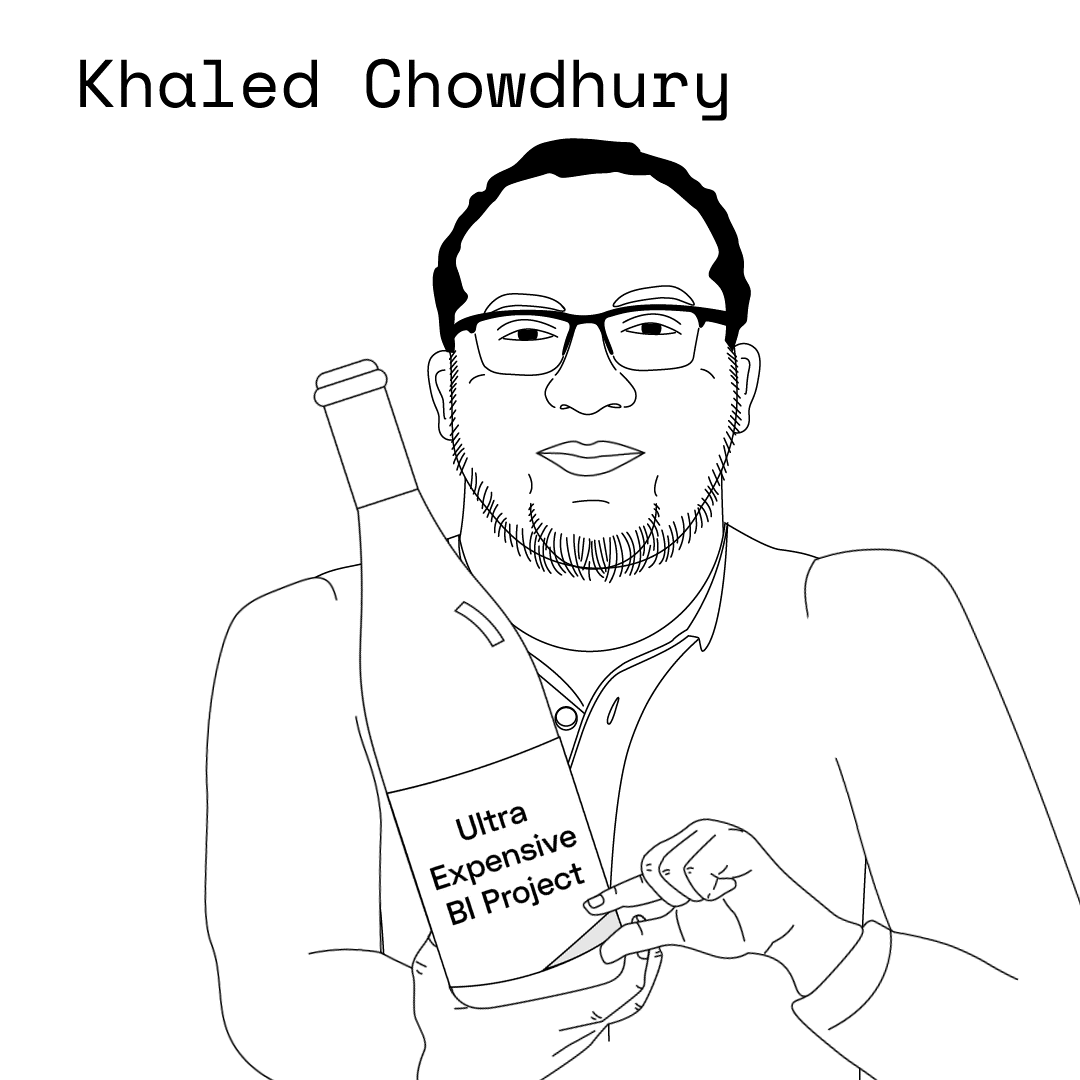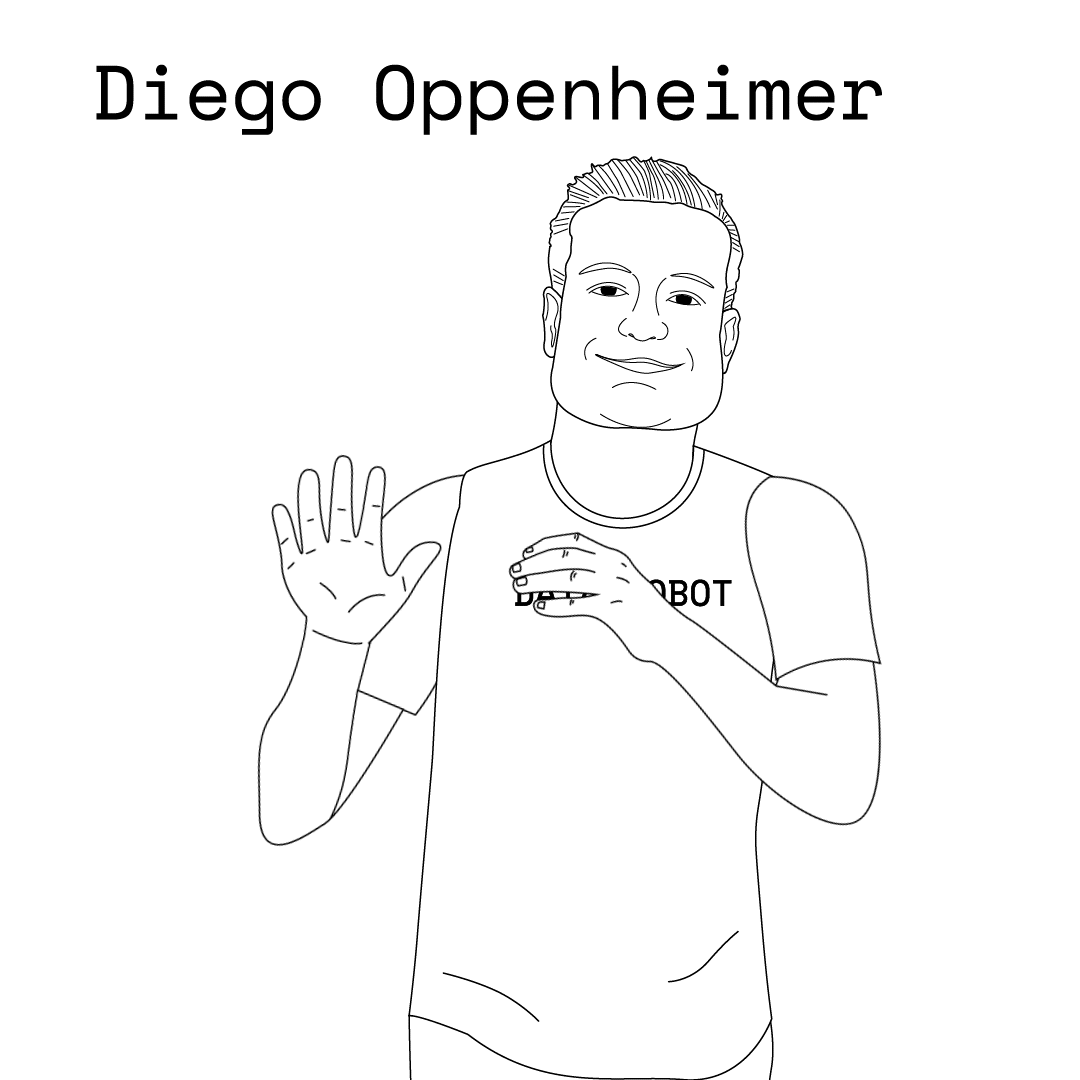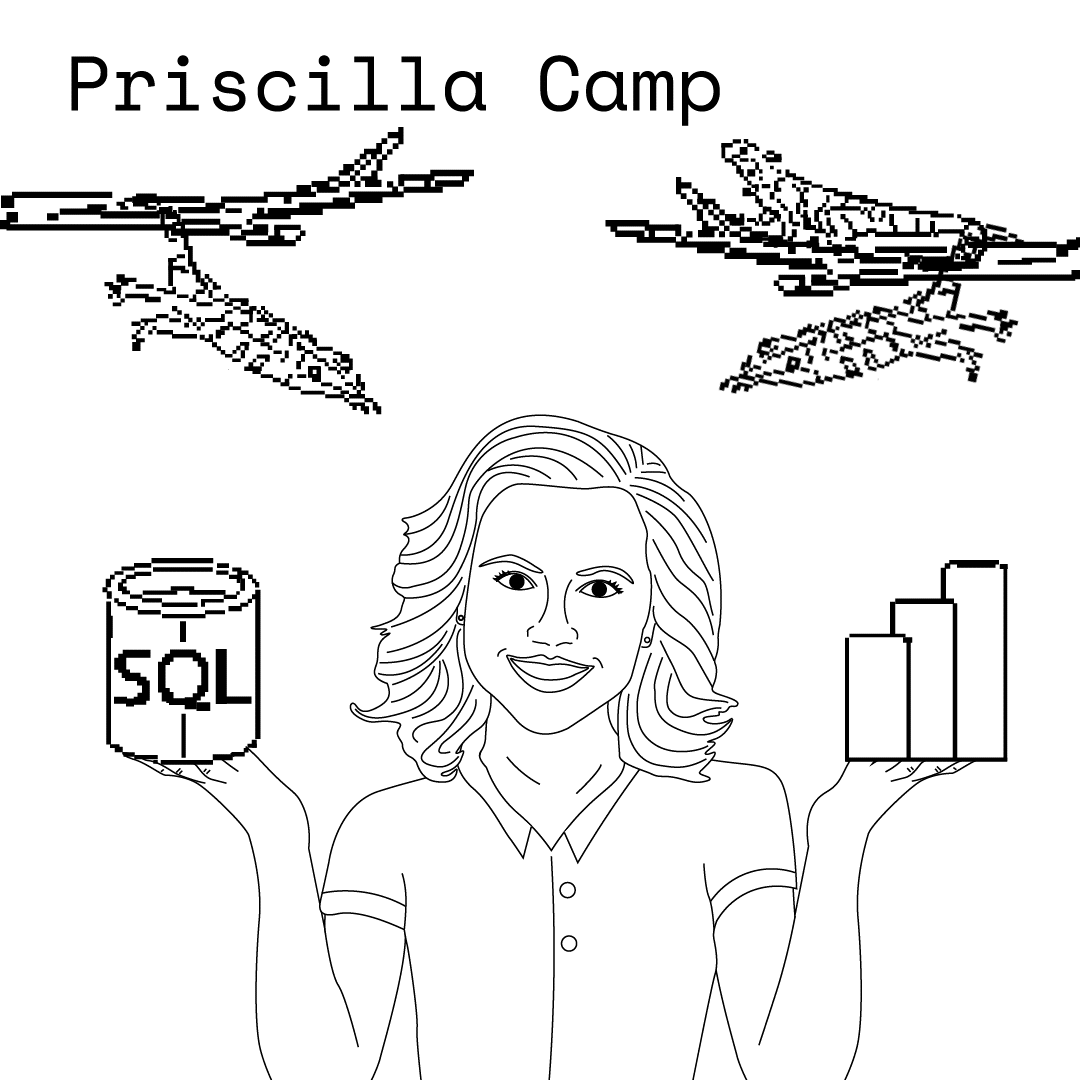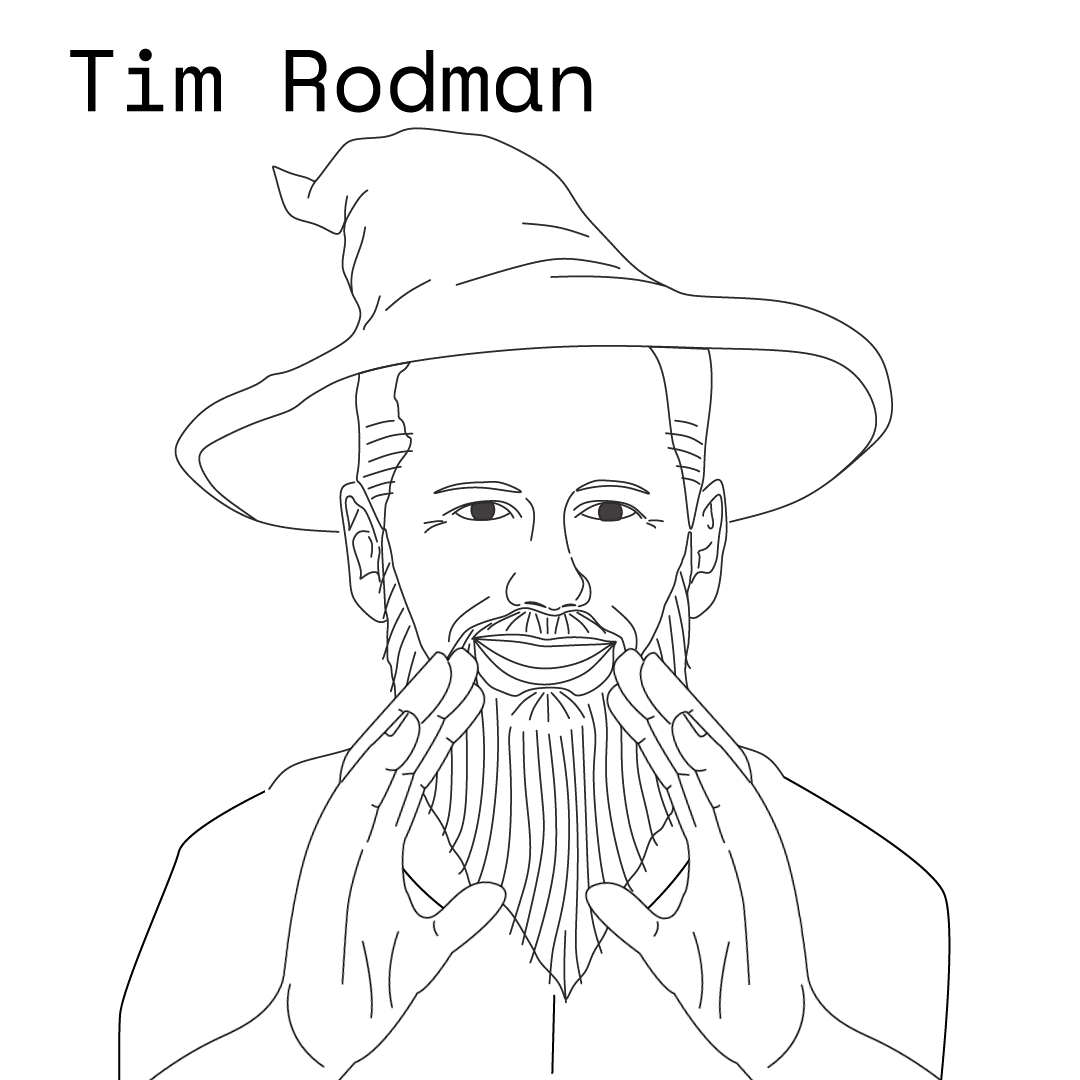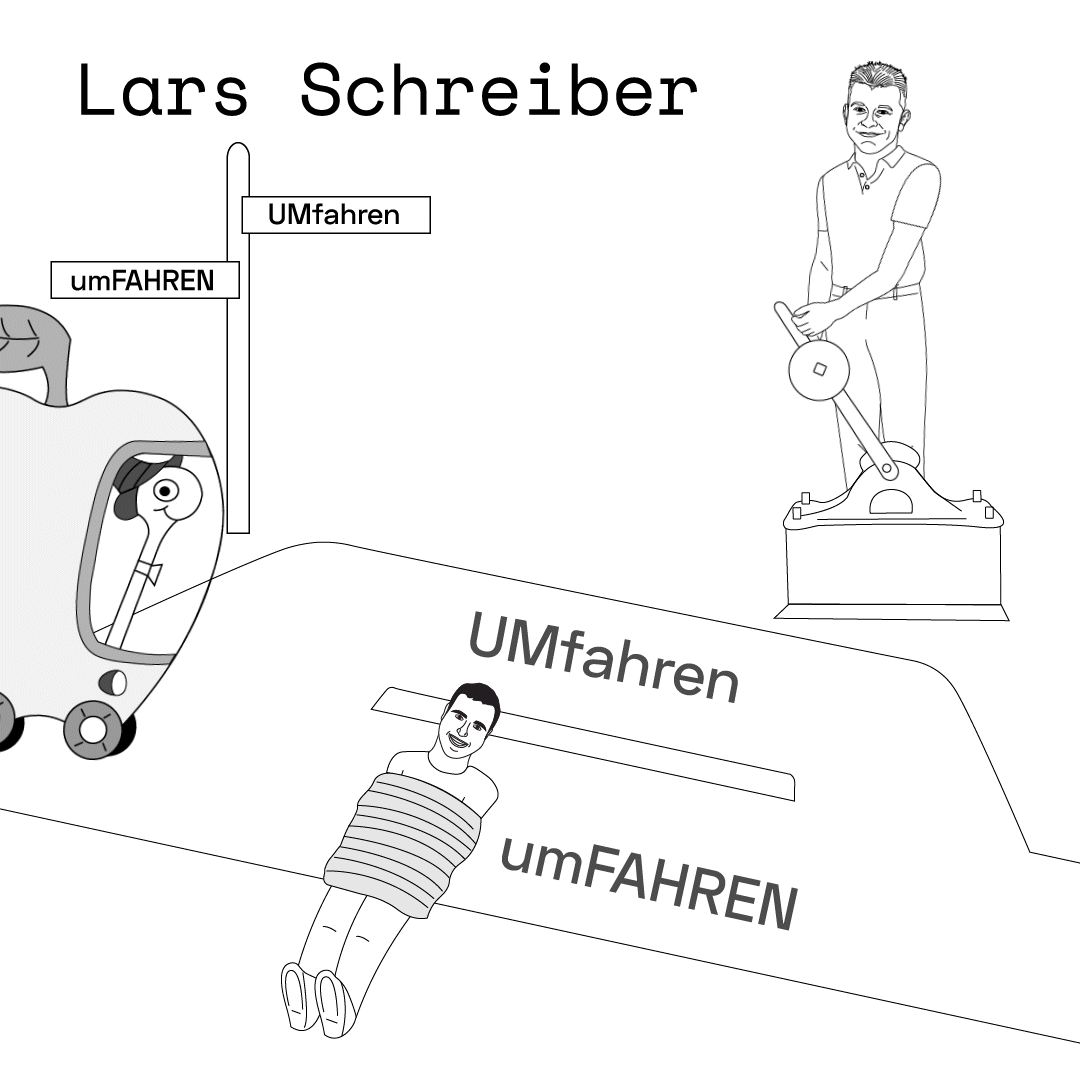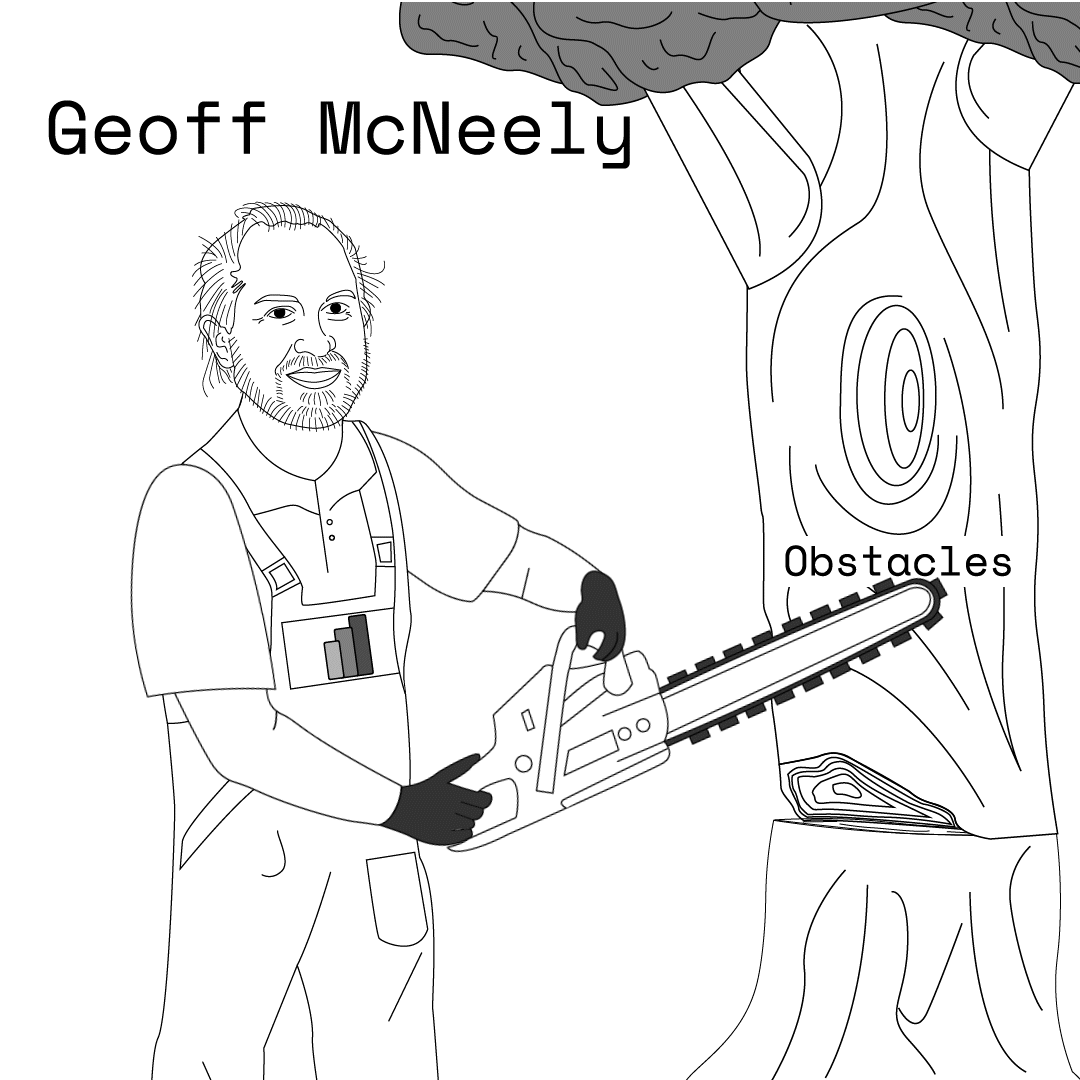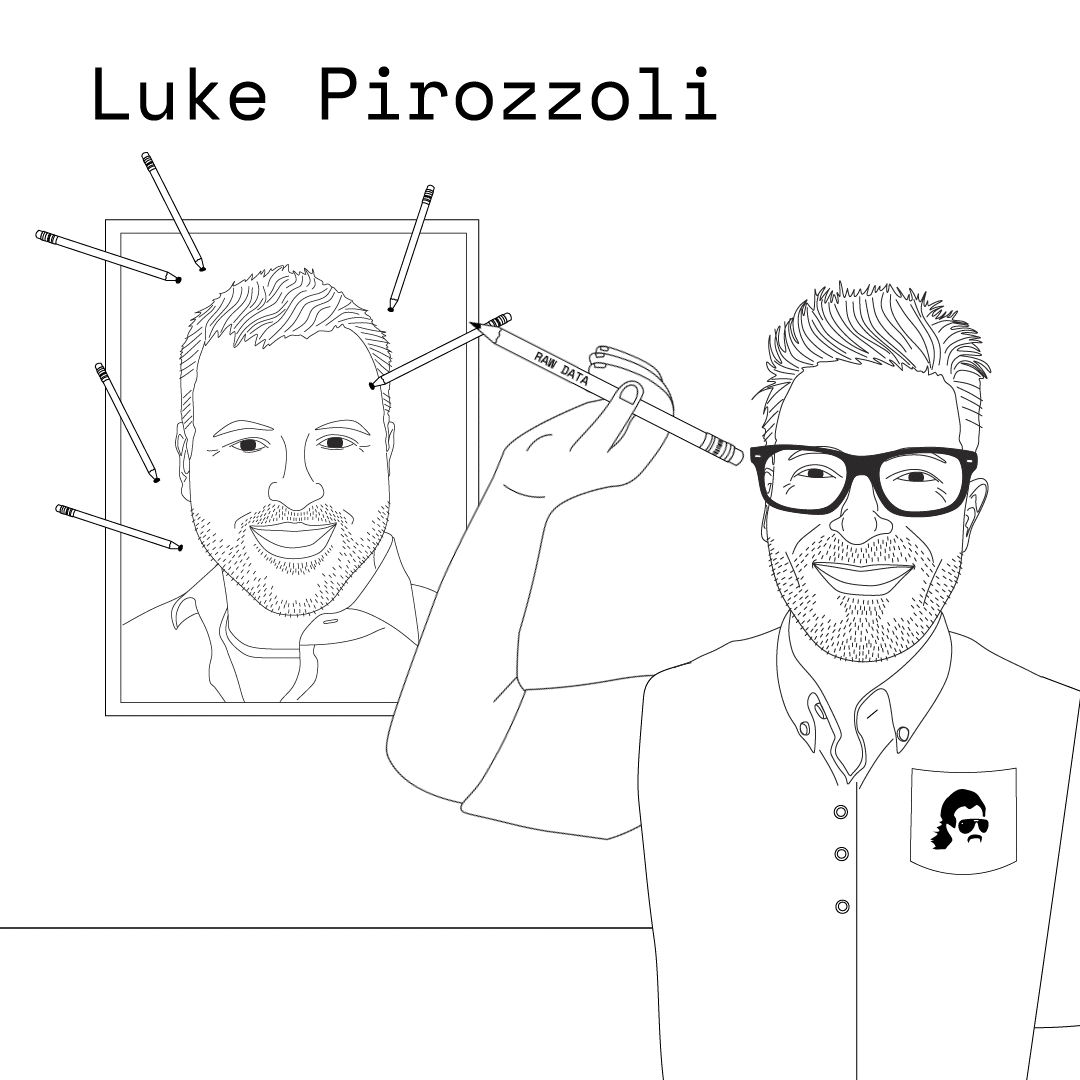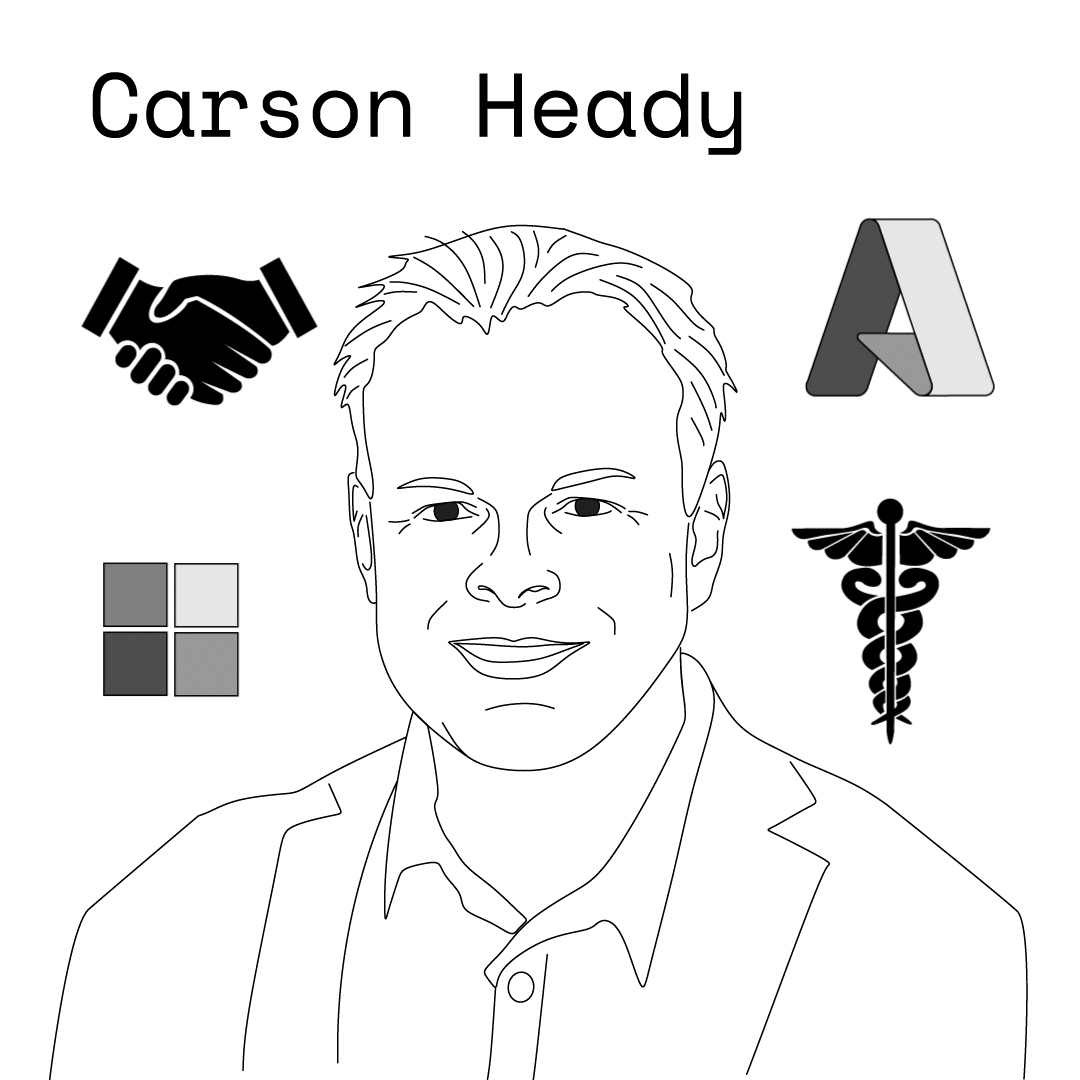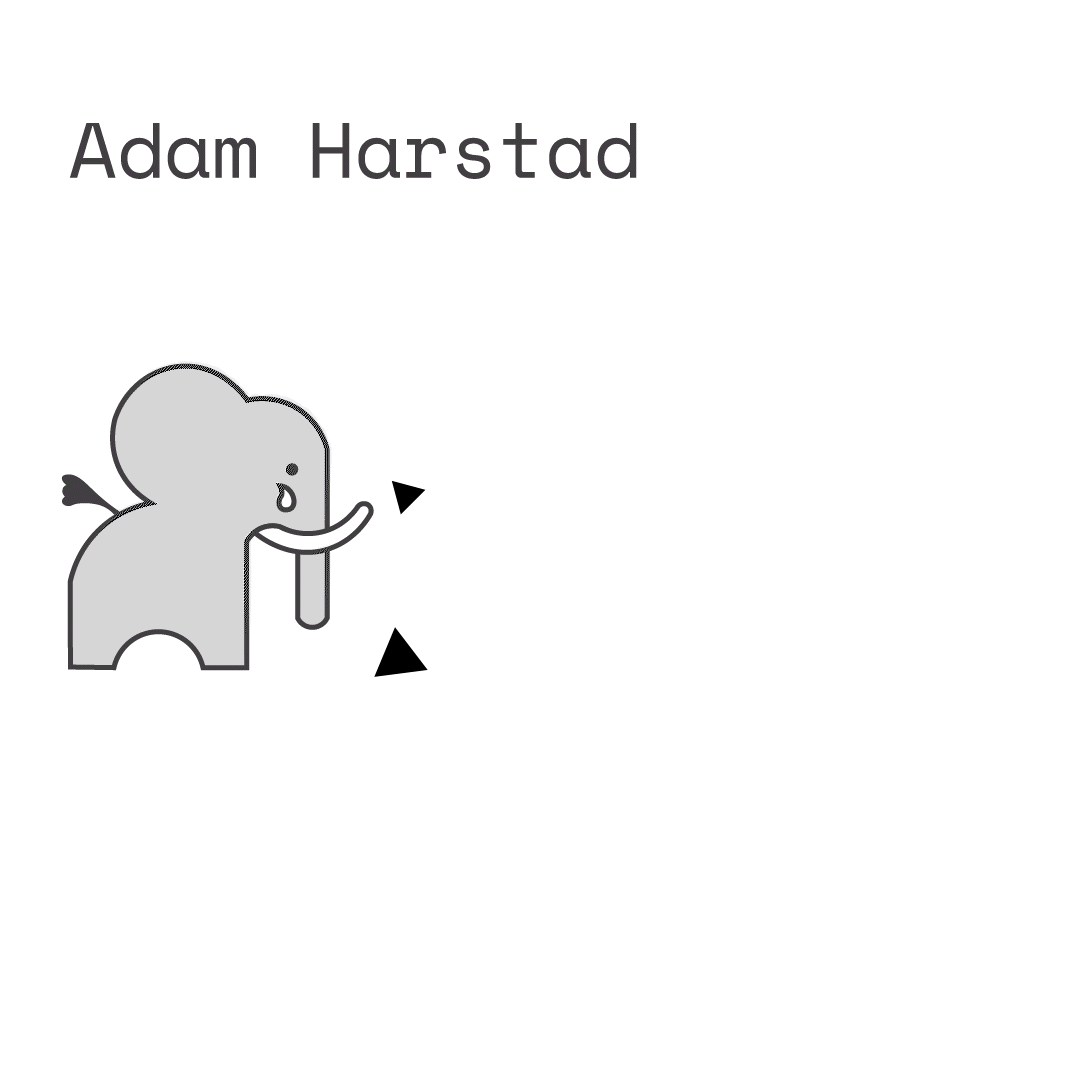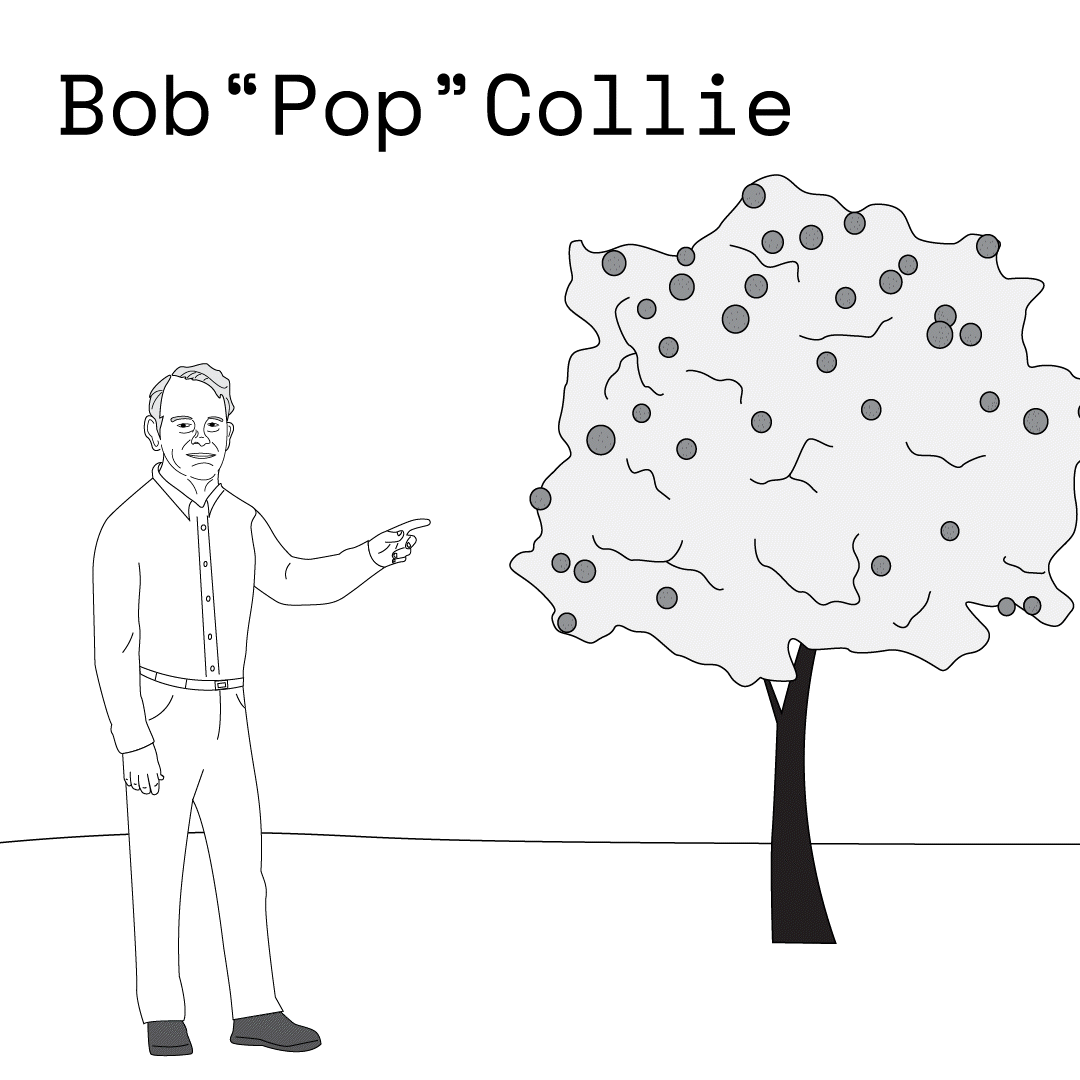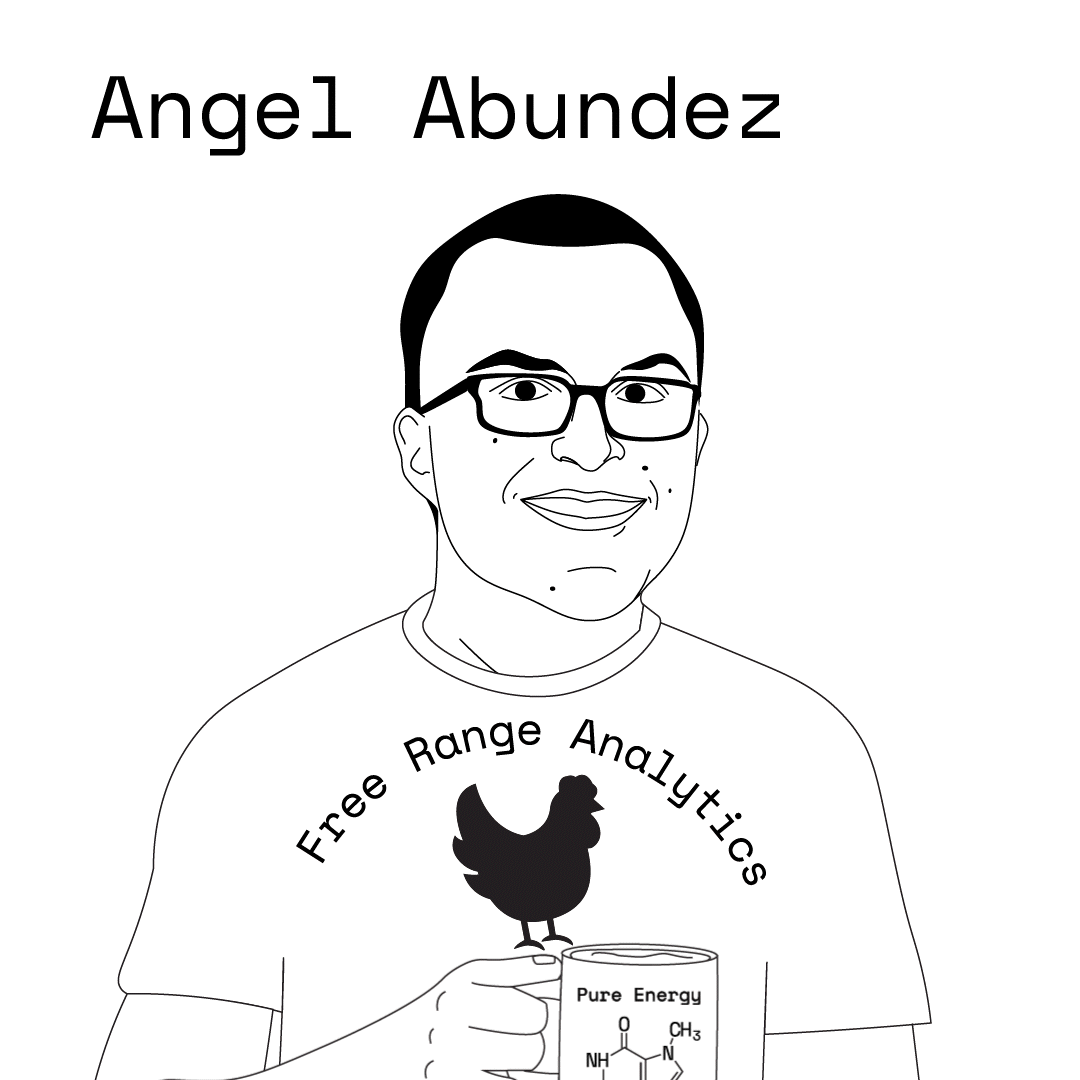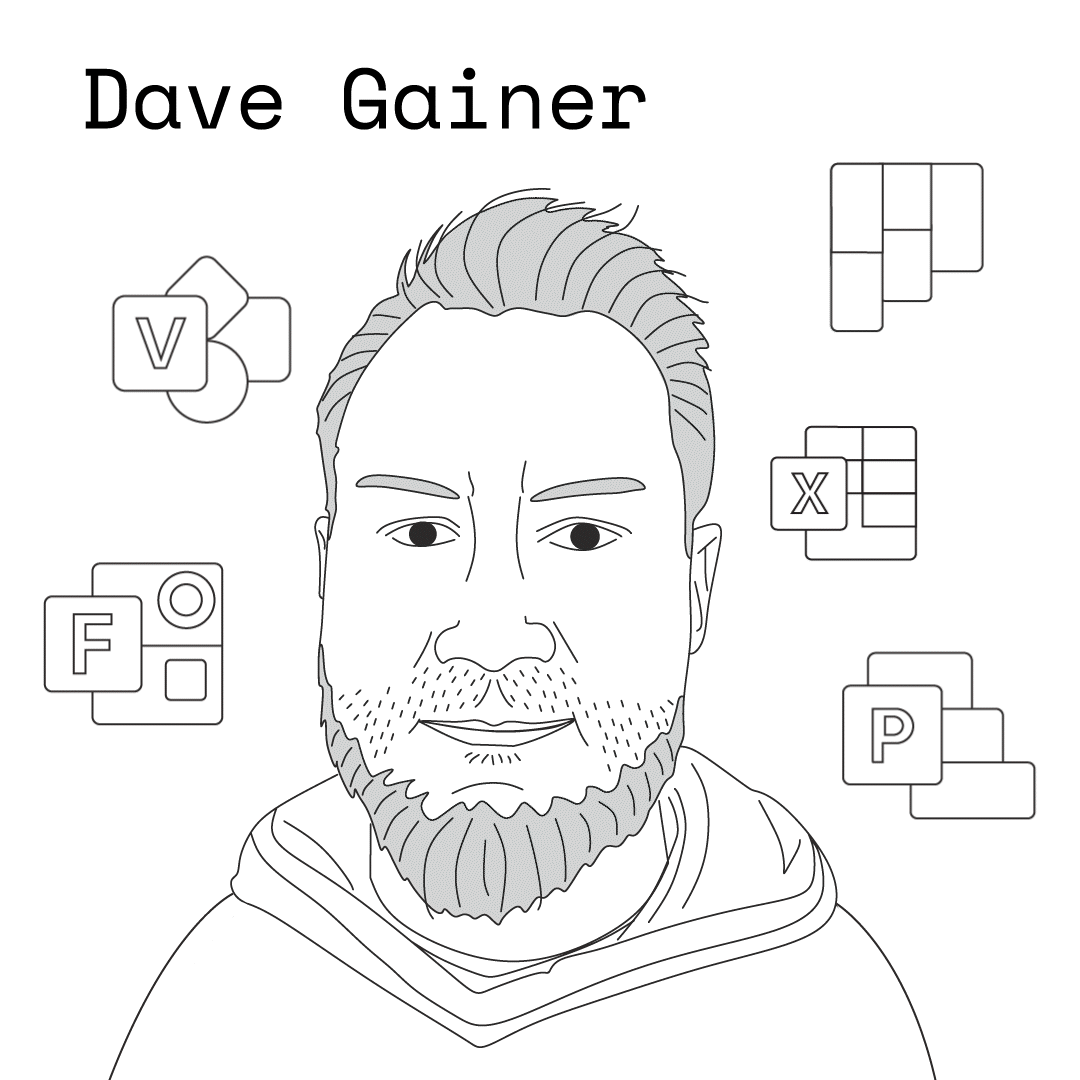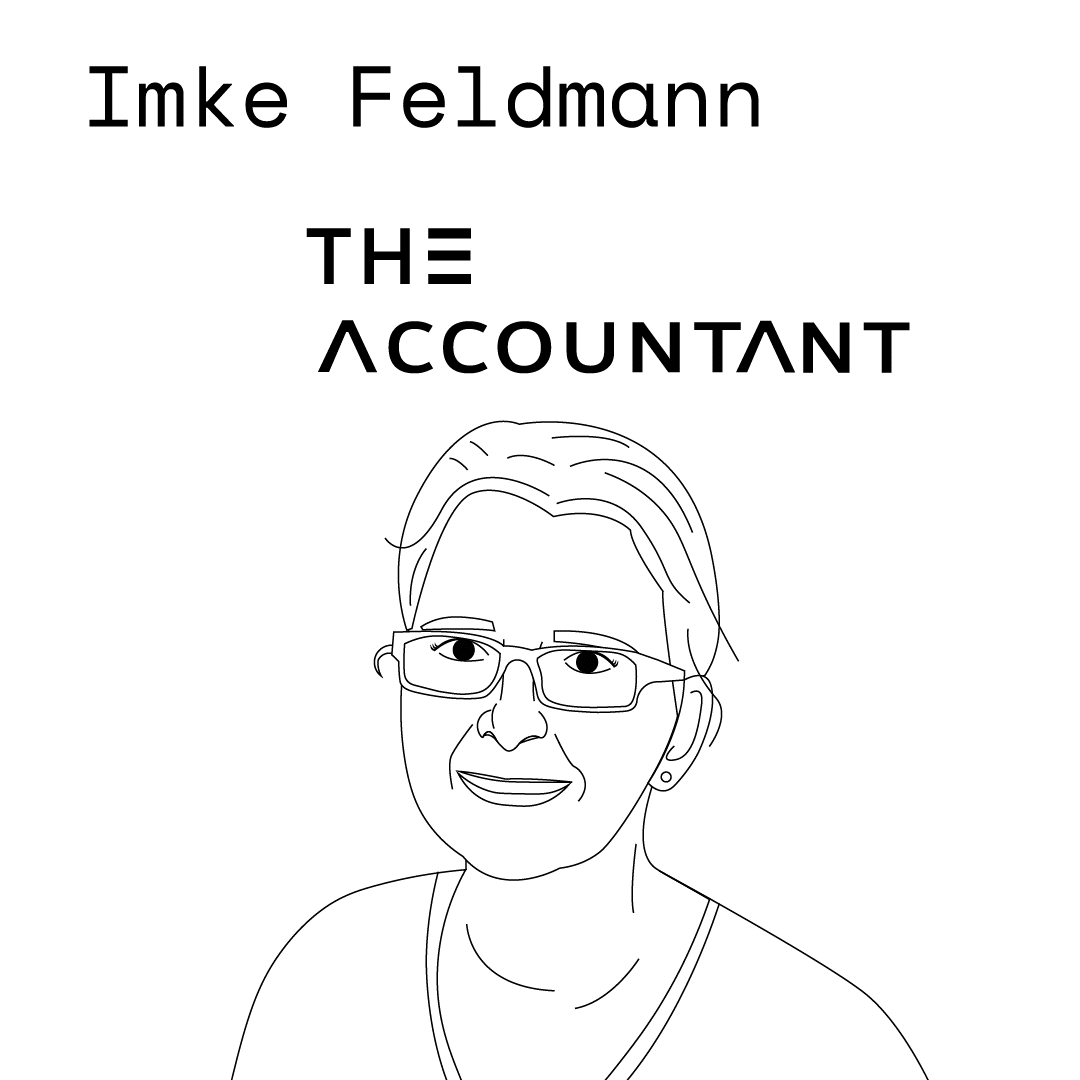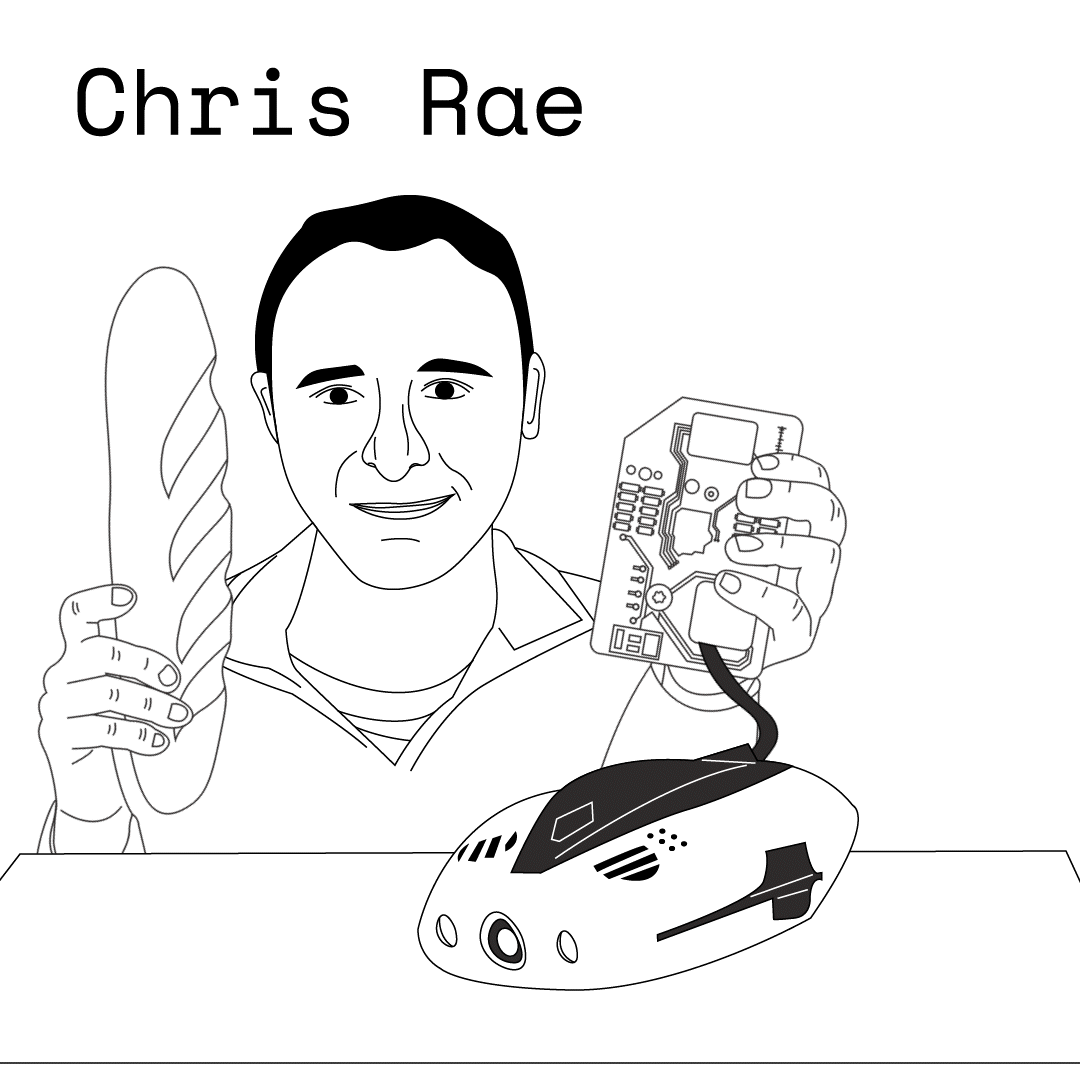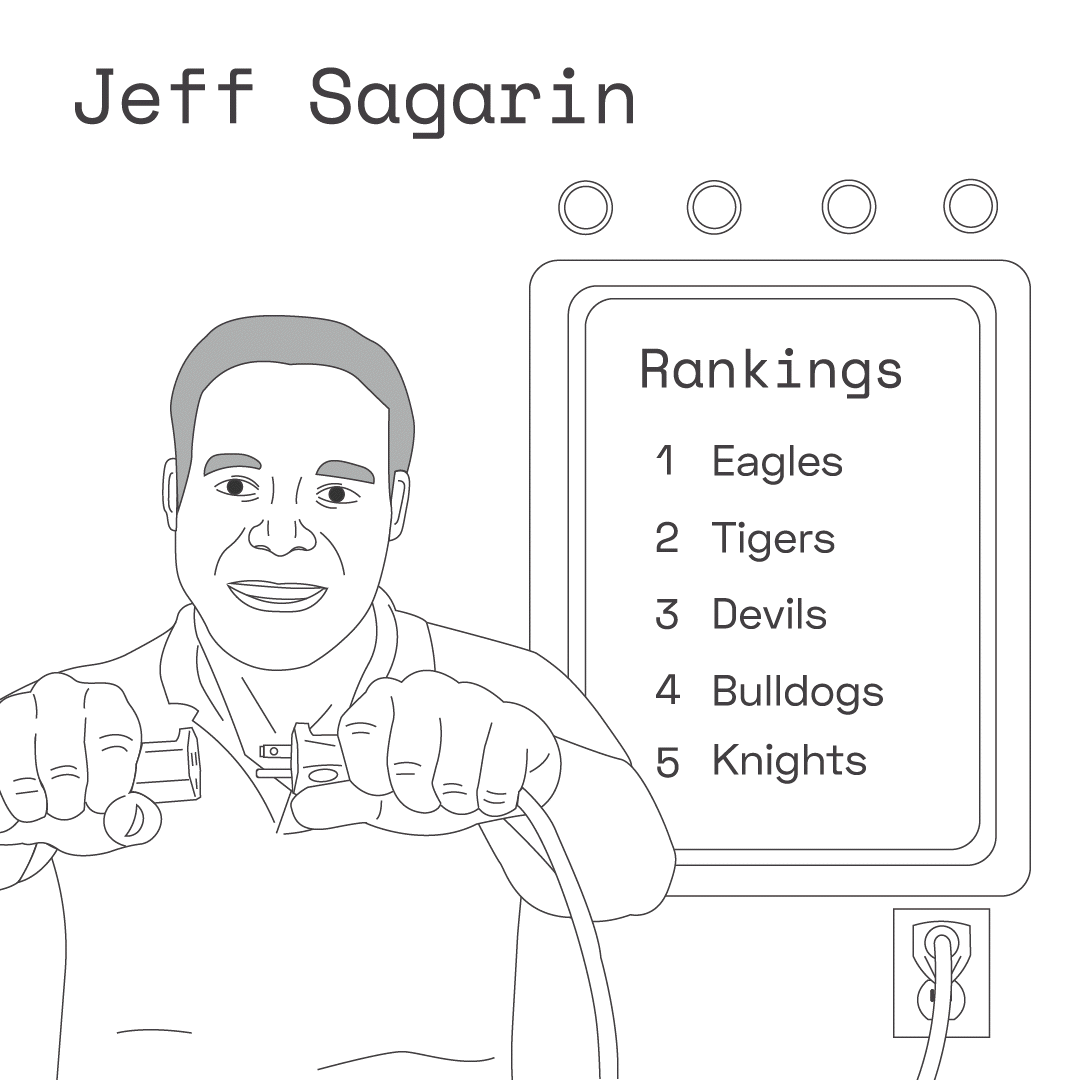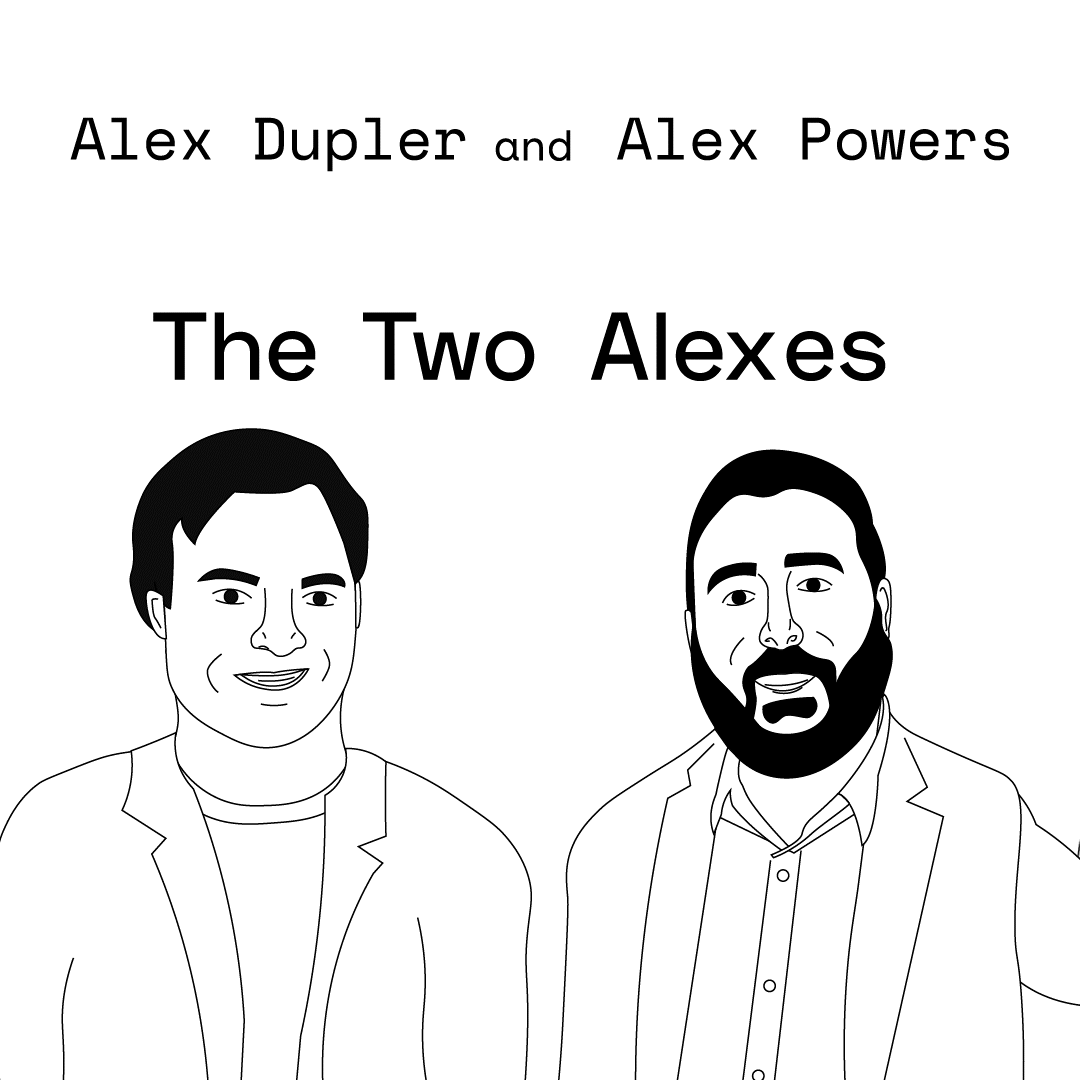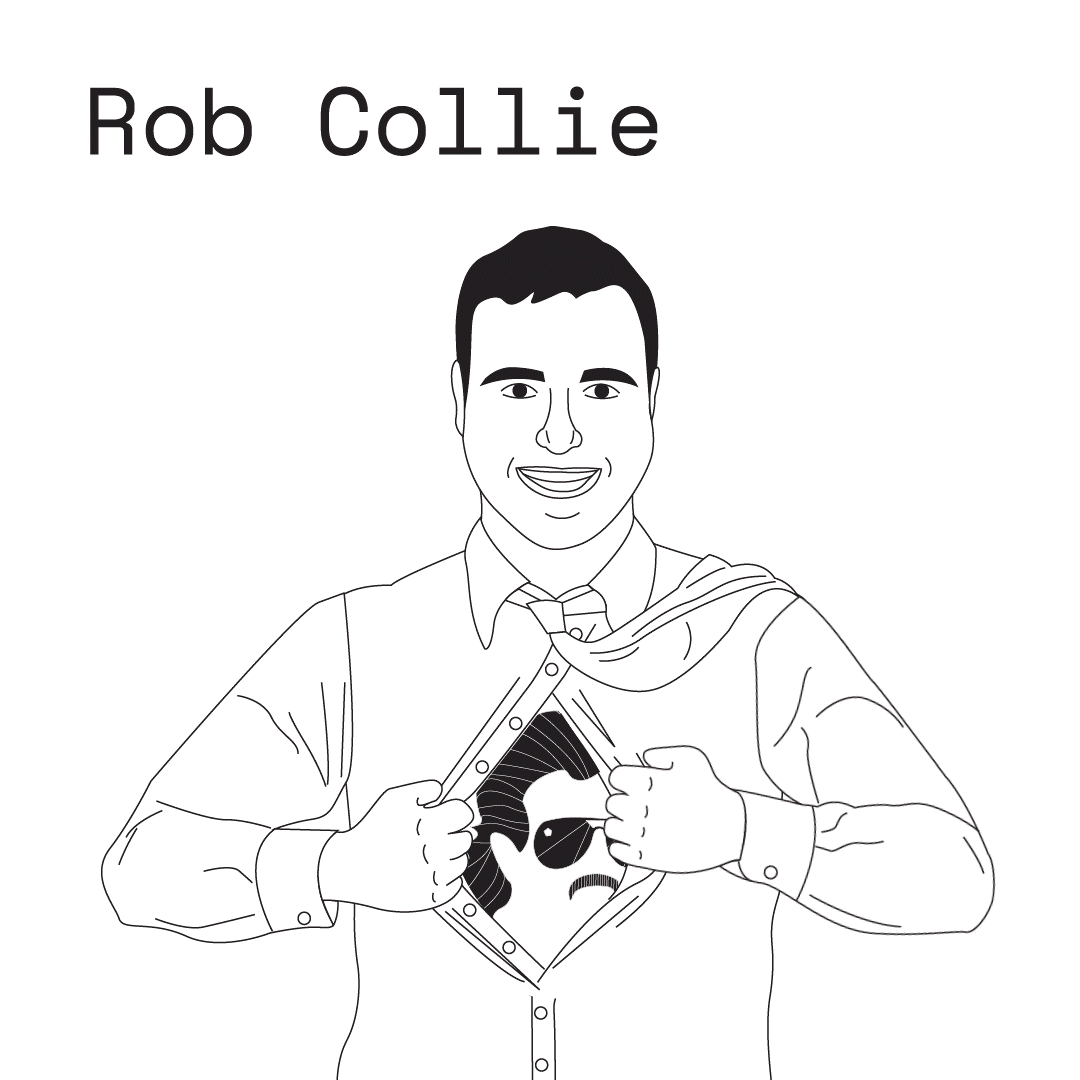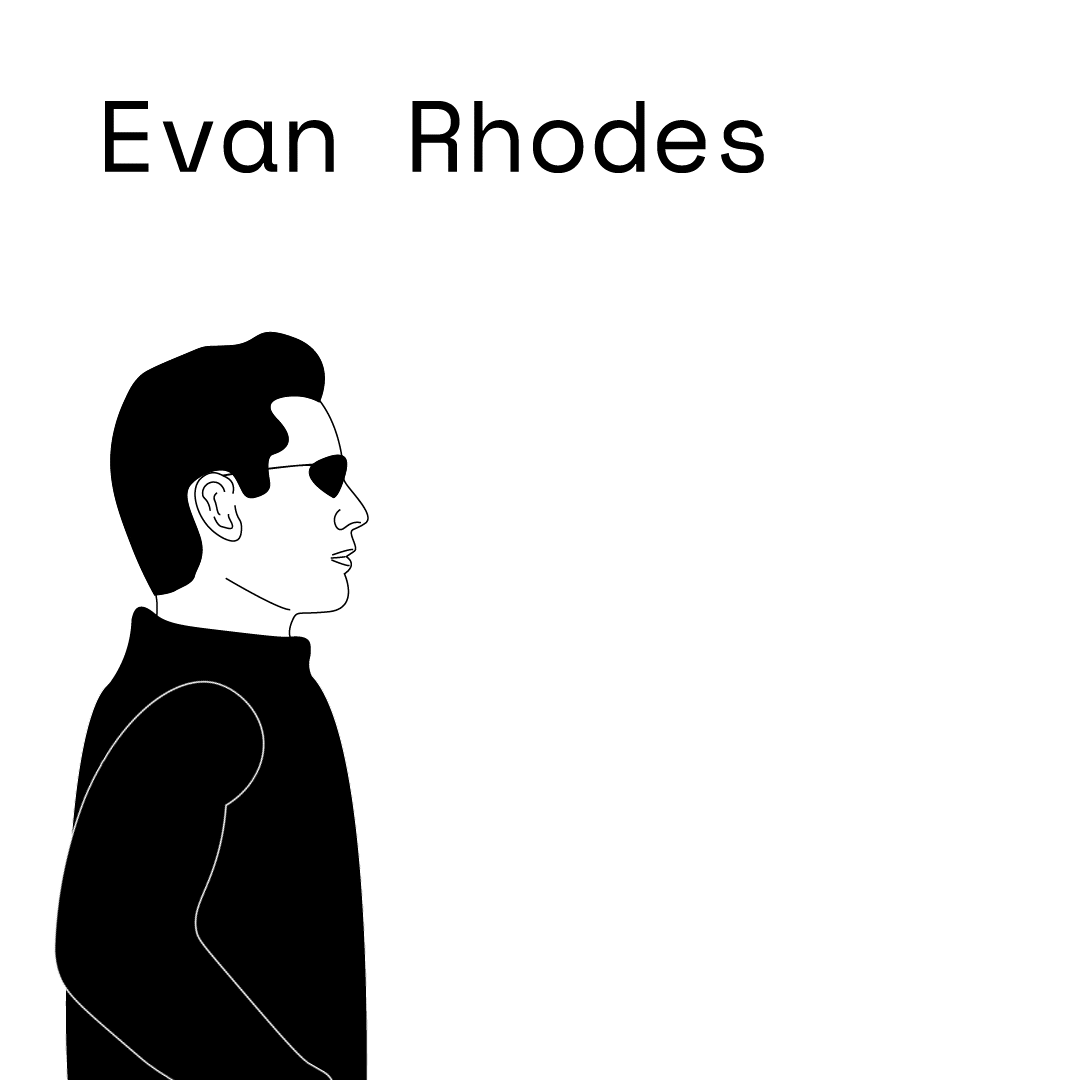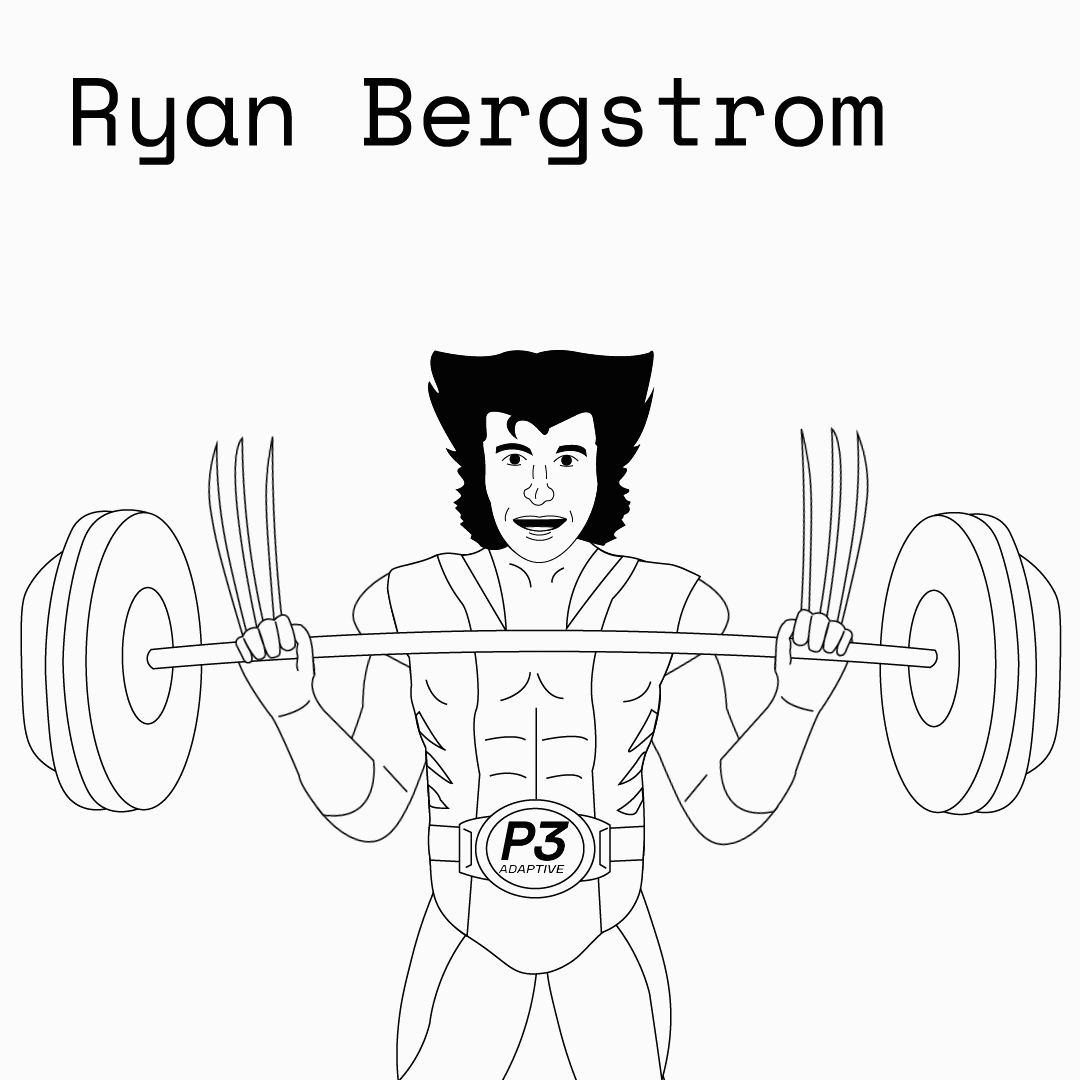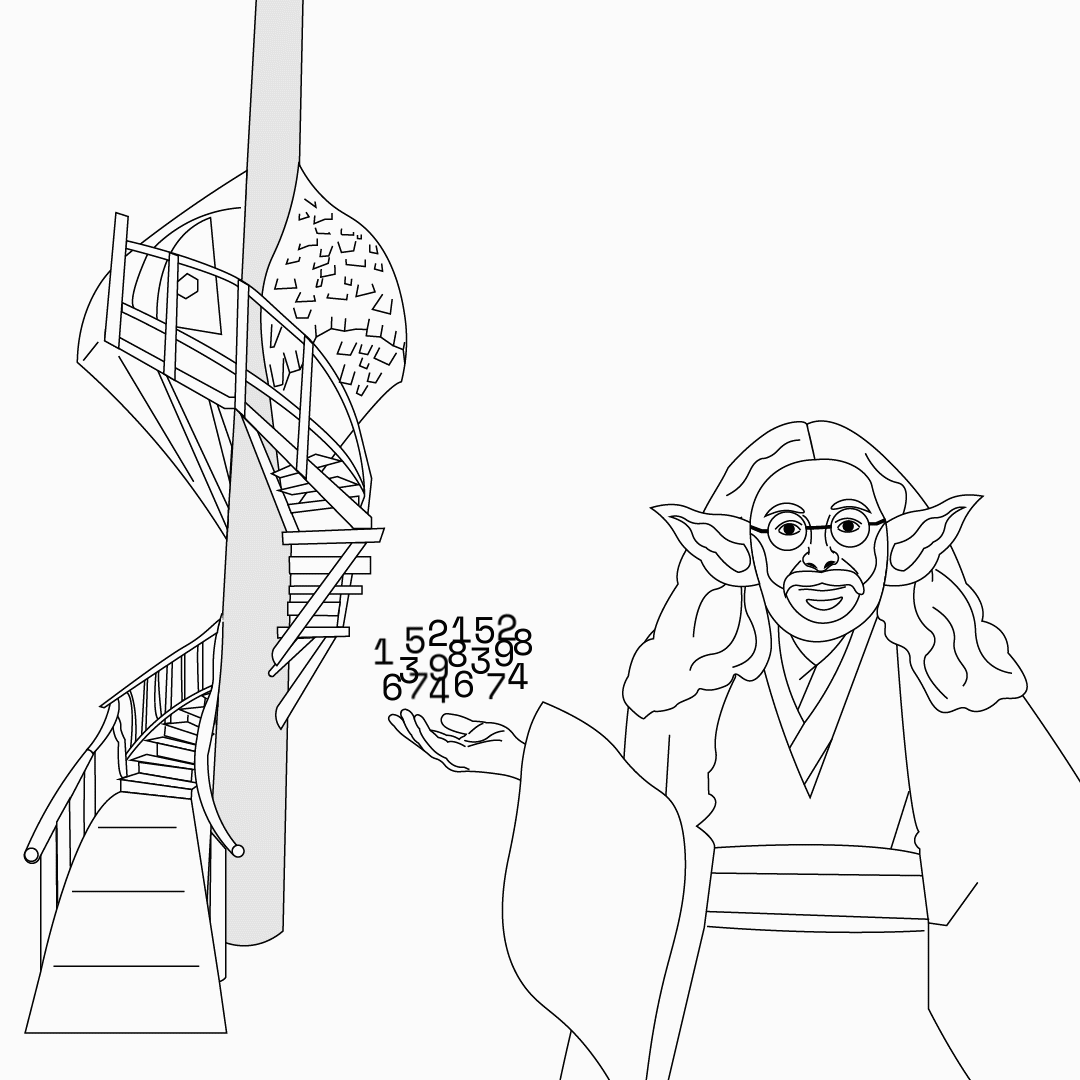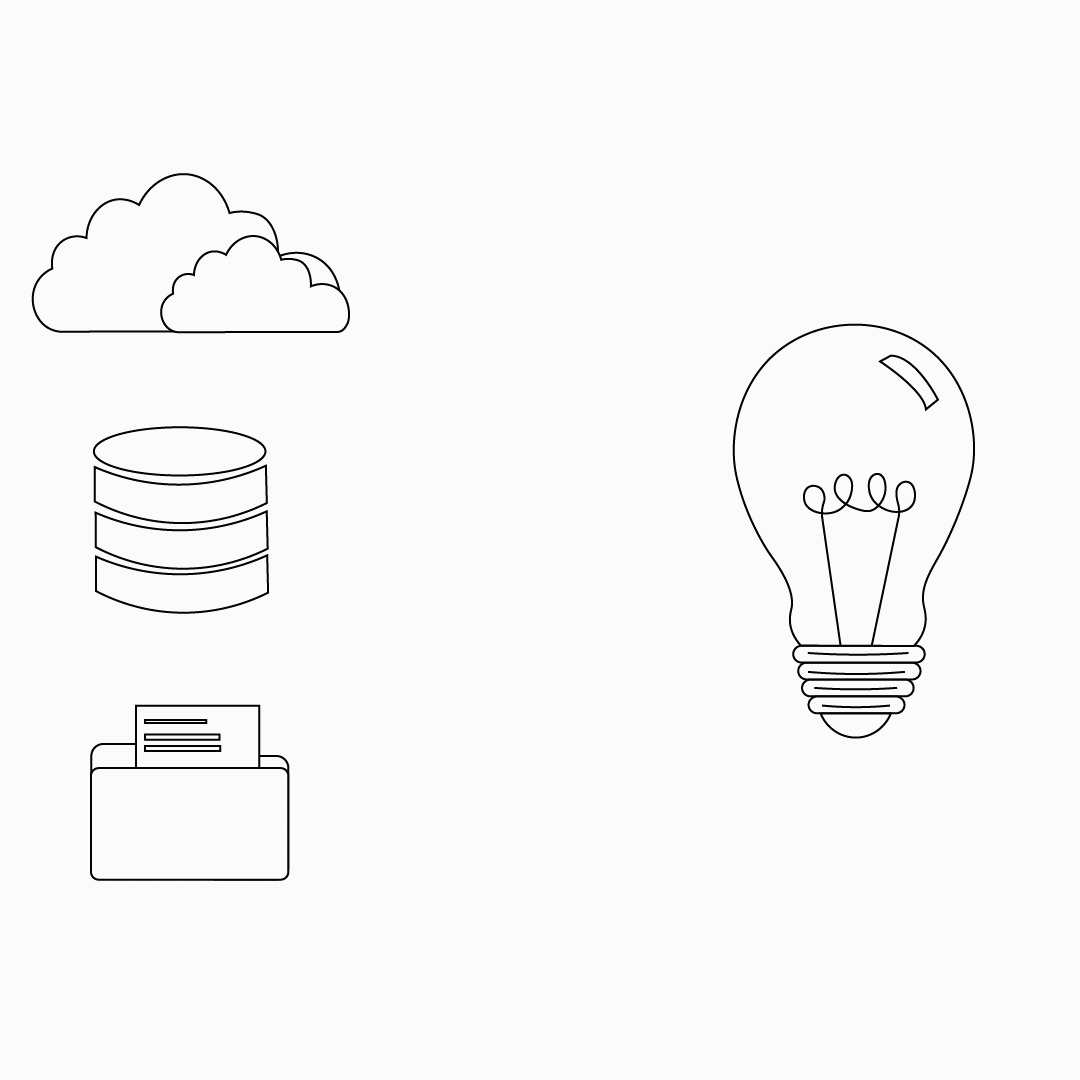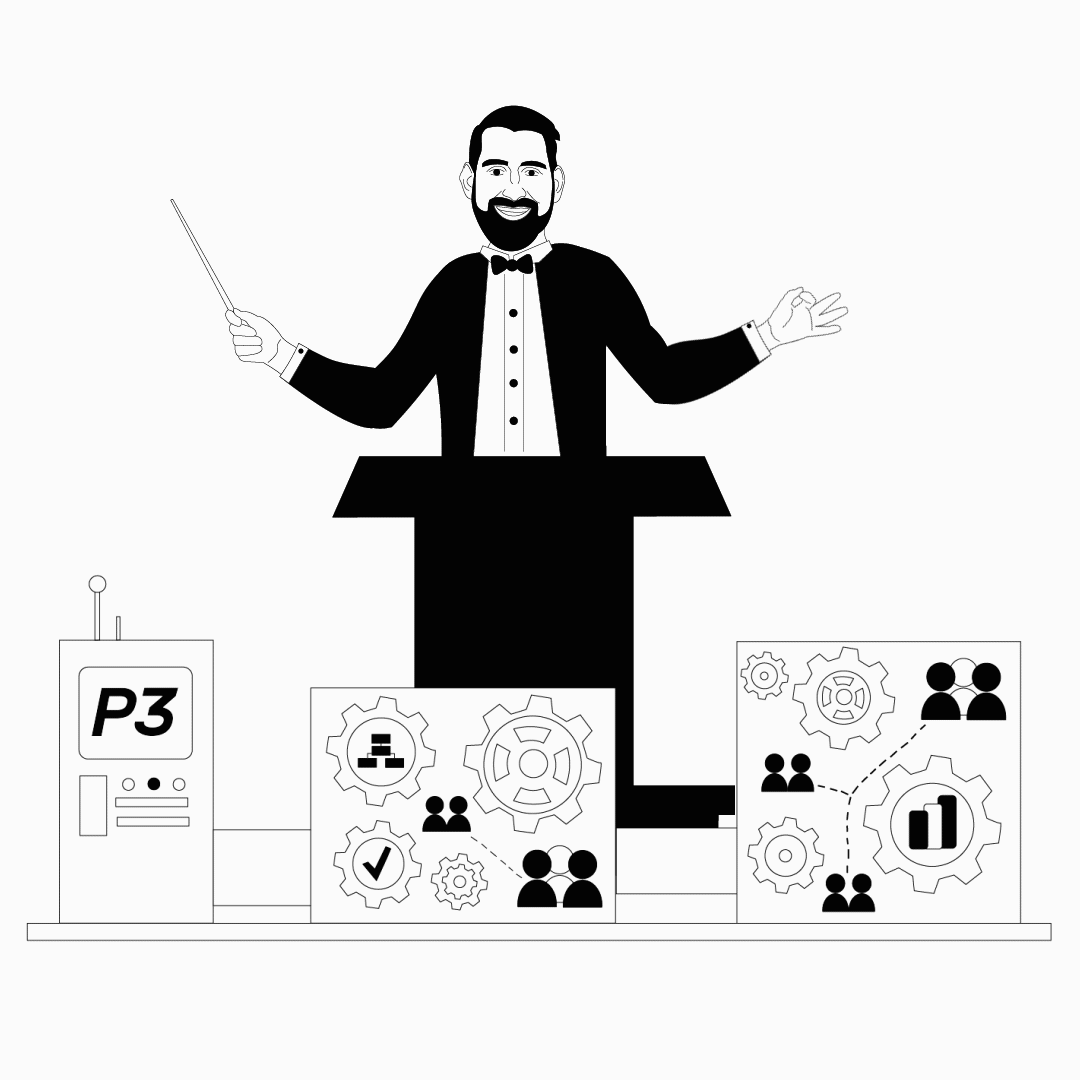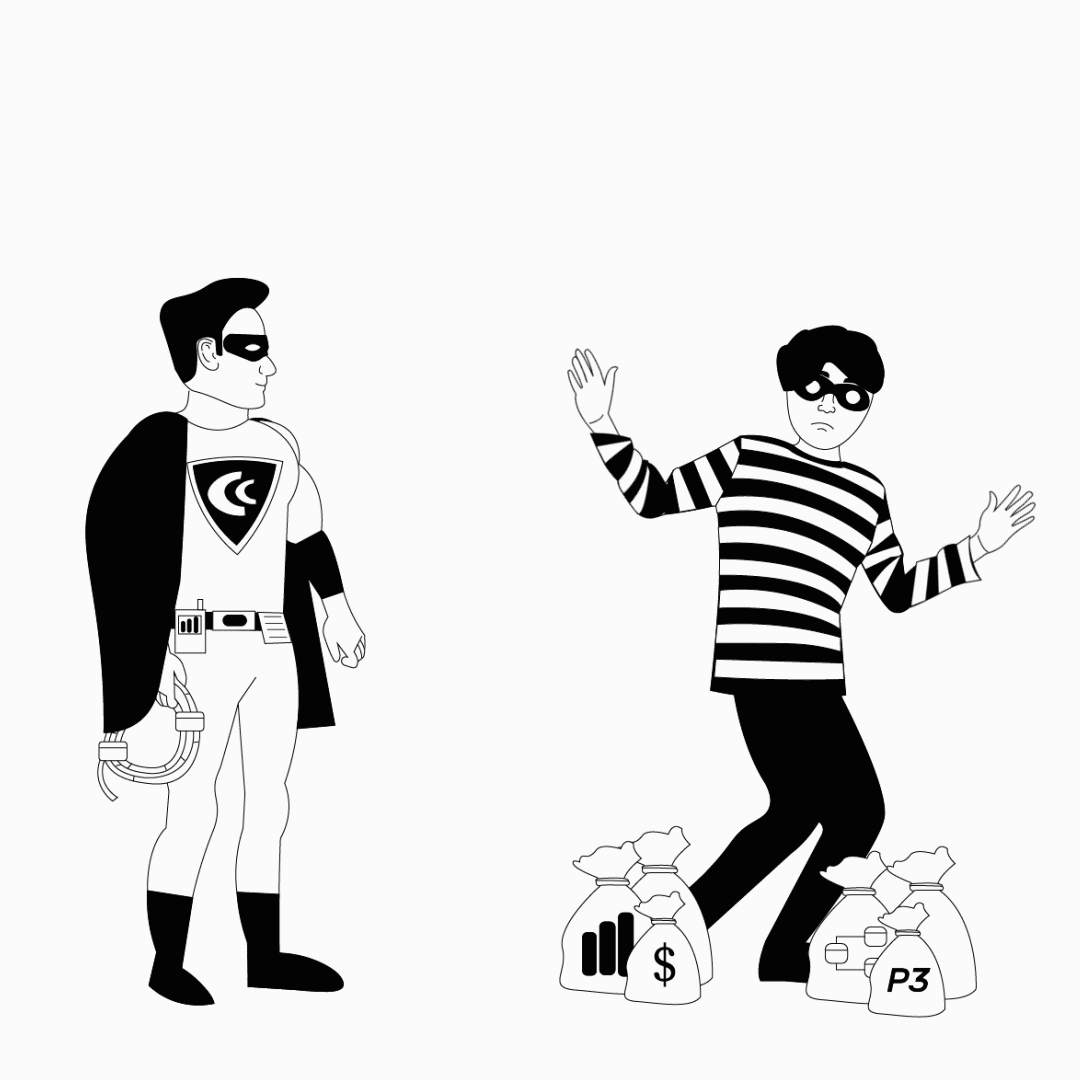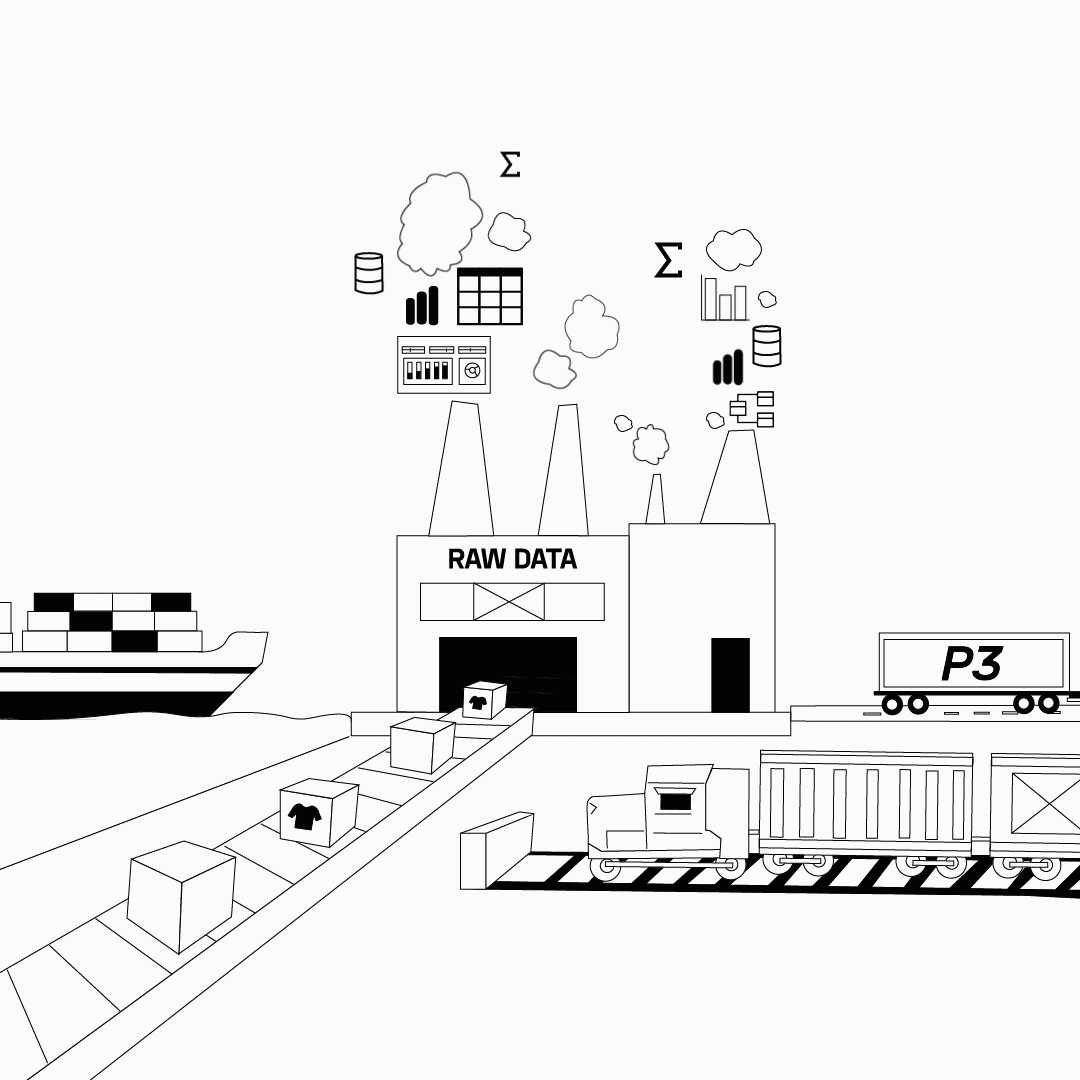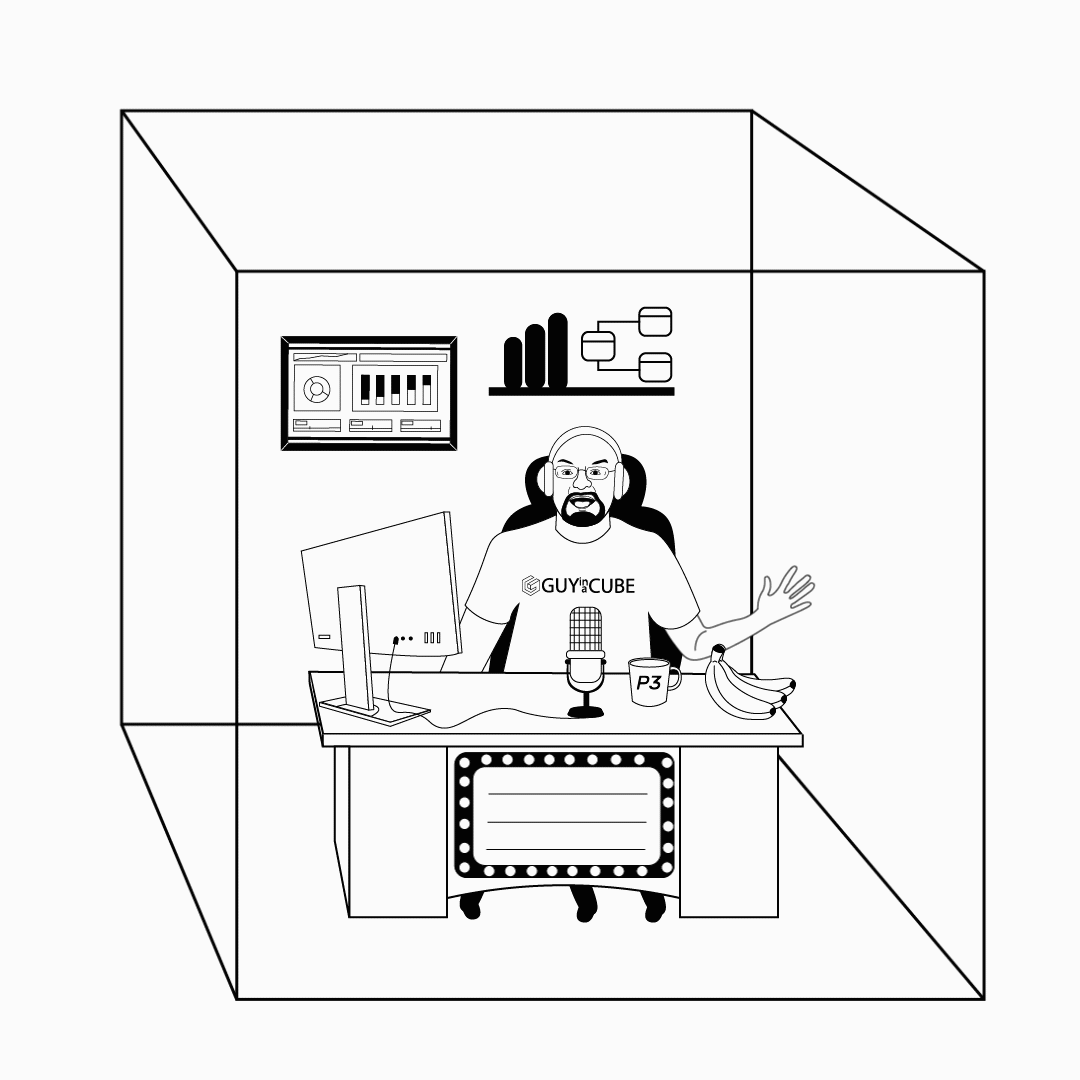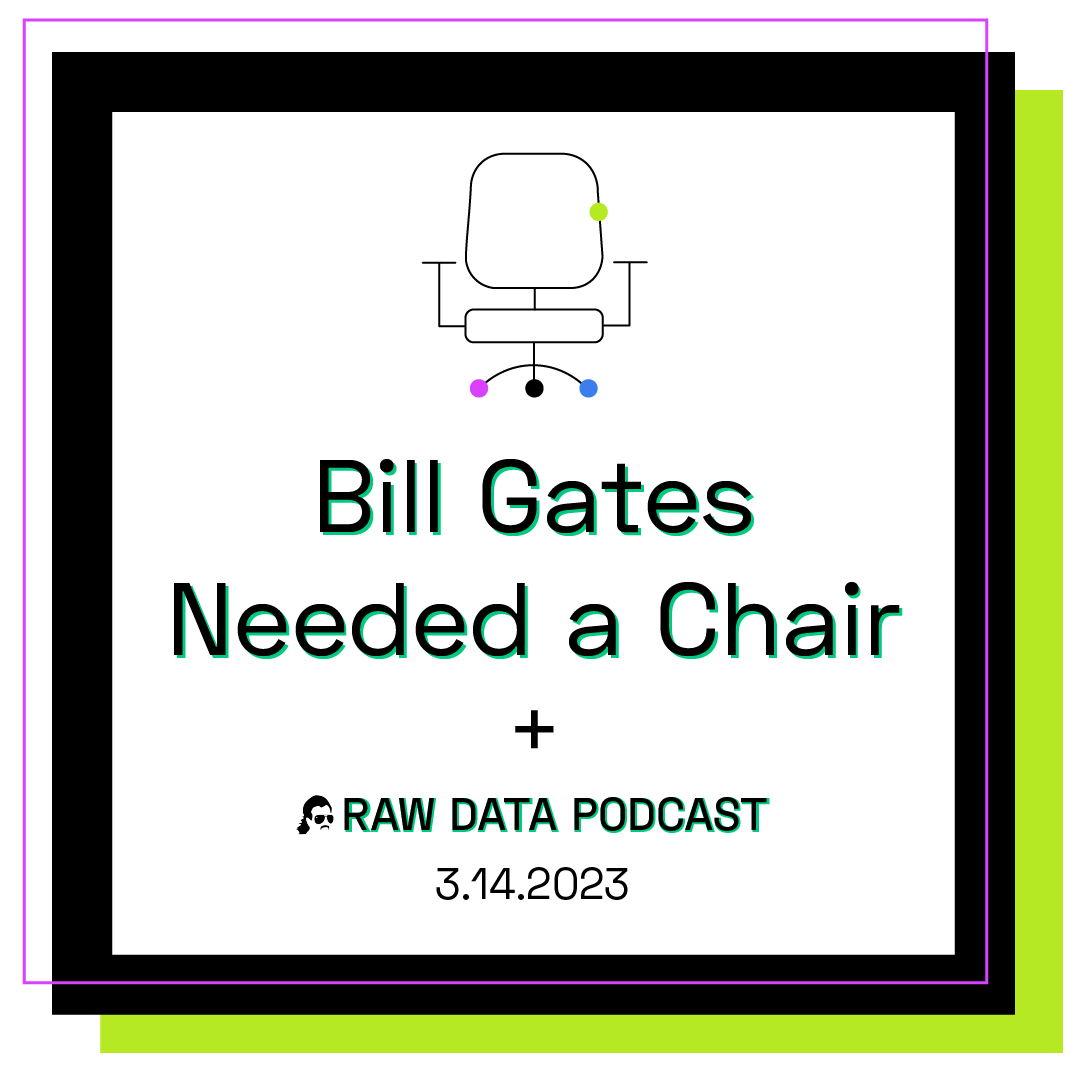
Raw Data By P3 Adaptive
Bill Gates Needed a Chair
Listen Now:Today, we’re doing something a little different. We’re going to focus on a true, unfiltered story about people in the tech industry, and more specifically, about one of the most powerful figures in the field – Bill Gates. Some might even say he’s one of the most powerful men in the world. This story had a profound impact on Rob, and we’re excited to share it with you.
You know, when people find themselves in uncomfortable situations, they often develop coping mechanisms. Some people might talk excessively, or tell bad jokes, while others might shut down completely. Unfortunately, there are also those who lash out at others when they feel uneasy, which can create a negative impression of them. As humans, we tend to form our opinions of others based on our interactions with them. If the only time we’ve seen someone is when they’re being a bully, it’s not exactly a great first impression.
This story was accidentally cut from our episode Good Design is the Cake, Not the Icing, w/Brad Weed, but we felt it was too important to leave out. It’s a human interest story that highlights the struggles and challenges we all face, no matter who we are. It might not be a feel-good or funny story, but it’s special because it’s so relatable.
At some point in our lives, we’ve all found ourselves on the outside looking in, trying to find a seat at the table. And that’s what makes this story so universal – it speaks to all of us. Thanks for joining us as we dive into this compelling tale.
Rob Collie (00:00): Hello friends. We're going to do something a little bit different this week, and it starts with correcting a mistake.
(00:07): A couple of weeks ago, in the introduction to the Brad Weed episode, I hinted at, having heard from Brad, a story about Bill Gates that kind of altered my impression of Bill a little bit. And then, due to an editing mix-up, we didn't put that part in the show. I think it's funny that I put that in the introduction, and none of y'all out there listening called me on it. Like, we never delivered, there was no Bill story. I look at the stats, a lot of people listened to that episode; not a peep. But we caught it on our own. Such is the quality control here at Raw Data that we catch a mistake like that two weeks later.
(00:42): Okay, so we went and rescued that story and we're going to share it with you in this episode. And I'm also going to cue up that story here in this intro with kind of the context of why I thought that story was important to me. What impression did I have of Bill that this story helped adjust a little bit?
(00:59): But before we get to Bill Gates, I'd like to tell you a story about this other person named Rob Collie. And this is a story that, if you've been listening to this podcast for a while, you've heard bits and pieces of this for sure, but you've never heard it end-to-end and you've also never heard it in total. But it's not even really a story about me, it's a story about this company, P3 Adaptive.
(01:20): Because recently, LinkedIn reminded me that I've now been at P3 Adaptive for 10 years. And that's right, my wife Jocelyn and I, both of us ex product managers from Microsoft, we did indeed take that leap into the solo wilderness 10 years ago and filed all the legal documents that formed this company. But the idea for the company goes back three years earlier than that, to early 2010.
(01:49): At that point in my career, in 2010, we're going to go back three years before the formation. In 2010, I had a unique set of perspectives on the business intelligence industry, the analytics industry, whatever you want to call it industry. At that point in time, I had seen the industry through four different perspectives, and not one of those four perspectives was in any sense unique to me. But the set of the four, I think that was the thing that was unique. Plenty of people had the perspective of one or two of those lenses. It's possible I was the only person in the world at that point who had all four of these perspectives.
(02:25): Okay, what are the perspectives? So the first one is that, on the Excel team, I'd really gotten to know the Excel Power-user, who really is shadow IT, the VLOOKUP and PivotTable crowd. Tens of millions of these people. When I was learning about this, both in the past and probably still today, 99% of the world's useful metrics, useful analytics are produced, were being produced by those people. And I really got into that. I got into that community. I grew to understand those people very, very, very well, and in fact I even became one of those people. I became good at VLOOKUP and PivotTables, and I used them for my own purposes in my daily life. So I dug it.
(03:10): And then the second perspective. I got introduced to the world of Real BI, real business intelligence. And I'm going to call this the traditional world of business intelligence, the one that predated, the pre-history before Power BI, before the modern tools. Still at Microsoft and still working on Excel, I collaborated very, very closely for a number of years with the people at Microsoft who were in charge of the business intelligence mission, most of them working for this SQL Server team. And this is a very different perspective. The customer in this case was basically CIOs and IT directors and their needs. And it was an alternative to the VLOOKUP and PivotTable world in terms of delivering metrics, delivering data, delivering actionable data to business people.
(03:58): And I drank that Kool-Aid, let me tell you. I drank it by the mugful. It was super clear to me that if you adopted "Real BI", that was a far more efficient and elegant and even capable model than cobbling things together in Excel on a daily basis. It had been super clear to me that these tens of millions of people slinging Excel every day producing reports for their colleagues, I mean, they weren't even really all that happy. These were great people, like some of my favorite people that I've ever met, and they were discouraged. Sort of underappreciated, but also overworked.
(04:35): And this tool that they loved, Excel, was also kind of sucking the life out of them in a way. And so at the same time, I could see these BI tools and how effective they were at eliminating a lot of the manual labor that was so painful out in the world. And they also were capable of doing just dazzling things that you could almost not do with any amount of Excel work. So in a way, I was kind of convinced that it was just a matter of time that this Real BI was going to go out there and replace all of these spreadsheets. I did mention that it was Kool-Aid drinking, right? Didn't really work that way.
(05:08): So then the third perspective is that I left the Excel team and I actually was given the opportunity to become a customer of traditional Real BI. And that was quite a surprise, how different that was. So, when I was building the tools for Real BI, I got to interact with the CIOs and the IT directors, but I didn't really interact that much with the people who were developing BI solutions. And I wasn't interacting that much, honestly, with people who had to work with the solution implementer and explain to them all the business logic and all of that. So I got to wear that hat in this third perspective, and it was a lot harder than I expected.
(05:47): Even then, with those three perspectives, I hadn't really put together that anything was really wrong. It was only when I picked up the fourth perspective, which was ... I was one of the first people playing with PowerPivot, this brand new fancy thing that I'd actually helped work on. And PowerPivot was, in hindsight, history will remember PowerPivot as the forerunner, the ancestor of Power BI. And once I had that perspective of what that tool was like to use, sort of in real life, really cast those three previous perspectives in a brand new light for me.
(06:21): So looking back, here's the way I understand those things now. The Excel experience had taught me that there was an inefficiency out there. There was a lot of pain. It was very, very, very clear that there was an opportunity for a software improvement to make the world run better. And then in the second perspective, I was introduced to traditional BI as if it was the antidote to that problem. But then in the third perspective, when I became a customer of it, I started to glimpse that this wasn't a very good antidote. The antidote wasn't as good as advertised, the Kool-Aid I'd been drinking turned out it wasn't so good.
(06:57): It's funny, even in last week's episode, Dan Battagin and I were laughing about how we had both tried multiple times to learn the formula language of Microsoft's primary entry in the traditional BI world. The formula language for the old SQL server analysis services was called MDX, and neither Dan nor I ever succeeded in learning it. We both learned VLOOKUP and Pivot, we both learned Excel. Neither of us could learn MDX. And we actually had the same parallel stories about, every six months, trying to learn and failing, and then six months later forgetting how hard it was and trying again.
(07:35): Now, that's also true that Dan and I aren't exactly dummies, and we should have taken something away from that. I held myself responsible for not learning MDX, and I should have looked a little bit more suspiciously at MDX itself. When it came time to become a customer and I got to see what it was like, I got to pay the $50,000 for a month or maybe six weeks of this high-price consultant to come in and interview me to death. I get to dump all kinds ... Not just of my money, but also of my time, a tremendous amount of my time into handholding this solution that I didn't know how to build because I didn't know how to write MDX and I didn't know how to write SSIS packages, which was like the Power Query of the time.
(08:21): And I got a very underwhelming result out of that. For all my time and money, I didn't get nearly what I expected. But again, I think at that moment in time, I was still kind of passing off, "Well, hey, this is just the best we can do, no big deal. Whatever." But then when I started playing with PowerPivot, I recast all of that as, we had a problem, we truly did. Excel wasn't getting it done in this space. But the traditional BI world wasn't going to get it done either.
(08:49): And to Microsoft's credit, to the team that invented PowerPivot, Amir Netz in particular, this was known. They took their lumps, they took their medicine, they realized that they still had a problem. And with PowerPivot, which morphed into Power BI, we finally got a tool that blended the strengths, the original promise of traditional BI, blended those strengths with the agility and, crucially, the learnability of Excel.
(09:19): And so here I was in 2010, using this new toolset that hadn't even been released yet, it was still in beta. And I was retracing the steps of that project where I had been a customer, and I was trying to rebuild it myself. And I was just blowing the doors off in so much less time, and for the low price of free. I was getting far better results out of PowerPivot than I ever got out of the traditional BI solution that I paid tens of thousands of dollars, and weeks and weeks and weeks of my time for.
(09:49): And I just sat back in my office, like at 3:00 in the morning one night when I'm working on something, I just sat back in my office and said, "Wow. The world is going to change. It's going to change dramatically. The price and the duration of a BI project is going to fall dramatically, and that's going to radically expand the demand for Real BI. There's going to be just so many more projects, orders and orders and orders of magnitude, more Real BI projects were going to be implemented, and they were going to be implemented at a lower price point and at a shorter period of time and at a shorter distance between the subject matter expert and the tools expert. In fact, sometimes they'll be the same person." Which was never the case in traditional BI. The business knowledge and the tools knowledge were always at great distance from each other in the old model.
(10:48): And so there it was, in 2010, I saw that the world was going to need a very, very, very different kind of consulting firm, because the existing consulting firms in the traditional BI space were built around that long, slow, super expensive, and by the way, very unsatisfying result type of project. The projects just ... They never returned on their promise. They never delivered. Even after the years and all the cost overruns, they never actually delivered what people wanted. And I'd been seeing that as well. I just never had been interpreting this information the same way until I saw there was a different possibility.
(11:29): When I thought that was the best the world could do, that traditional BI software was the best that the world could do, I accepted it in a way that I shouldn't have. But when I saw what the new tools could do and how it just completely upended that entire way of working, replacing it with something far more nimble, well, then I became a critic. I finally understood all the things that were wrong with the traditional BI world.
(11:52): Think of it this way. In the old traditional BI model, you paid $1 million, you waited 18 months and then you got, maybe, let's say, 50 points of value out of the other end of it, whereas you'd expected 100. But there was no better alternative. That was the best you could do, so that's what you did. You paid the million dollars, you waited the 18 months, you got the 50% result and you liked it; well, you didn't like it, but you definitely accepted it.
(12:18): In the new world, you're going to pay a fraction of that price, knock a zero or maybe even two zeros off the price. You're going to wait maybe a month, maybe two months. And then you were going to get, wait for it, not 50 points of value, not even 100 points of value. You were going to get more like 200 or 300 points of value. Because, as you got into it, you discovered all the possibilities that you'd never even thought of. Your ambitions actually would expand, and then you could actually meet those ambitions, still within the confines of this much shorter timeframe and this much smaller budget.
(12:56): Now, that is a tremendous change in the ROI, in the value of these projects. But how is the world going to get that value, which it clearly would want. Everyone would want that improved value proposition. But how is the world going to get that when the consulting firms in this space are all built around the old way? I thought, "Great, okay. The world's going to need this in the next six months, we'll go create the company, blah, blah, blah." Well, it didn't work that way. The demand just wasn't there yet. Things needed to mature and things needed to wake up a bit.
(13:28): So it was basically another three years' jump from 2010, when the realization was striking me, to 2013 when there was just enough work in this space in the United States to essentially support a one-person consulting shop. Now it was actually a two-person consulting shop, because Jocelyn did the entire back office; if you listened to Jocelyn's episode, you heard that. But I was the only consultant, and I'm pretty sure that for a while, I was the only consultant in the United States 100% devoted to PowerPivot. Think of it as being devoted to Power BI.
(14:03): And then it was another two years, to 2015, where there was enough work where I could start bringing other people into the story. Not full-time yet, just some contractors to help out. It wasn't until 2017 that the world was ready and there was enough demand for us to start hiring full-time consultants. So here we are, 2023, we're nearly 70 people strong, I think we have 50 consultants on staff now. We're growing very quickly. We're almost at the moment, like catching our breath though at the same time, because there's another leg up, there's a lot more work to be done.
(14:41): Think of it this way. We've done the hard work of self-funding this thing, growing this unique animal, this company, discovering sort of how it needs to be run, inventing the template along the way because it didn't really exist. There wasn't a template to follow in building a company like this. So we've been inventing and discovering it as we go. We've gotten it to a certain size, and it's been very, very satisfying.
(15:04): Back when rockets used to use multiple stages to get to the orbit, they would use one stage and they'd drop it, and then the next engine would kick in, it would run for a while then they'd drop it. Now, they just one big booster and it returns to earth and it lands on its own. It's pretty exciting, but it ruined a great metaphor, folks. There's been so many versions of this company, and it's like you got to build version N of this company to have the chance to build version N+1. Each version, each iteration of us has sort of set up the next one. And we're a very mature company now. We're all growed up, you know? And I'm as excited about what's in front of us as what's been behind us, as what we've done so far.
(15:44): All right, so what does that mean to you, dear listener? Well, first of all, you just listened to a long story about me and about our company, and I hope that you took something out of that. But let me bring it around for you, which is, I think first of all, that Microsoft has really tapped into something. That thing that they did for the traditional BI space, sort of blending its strengths with the agility of the Excel world and the learnability of the Excel world, that's like a magic trick. And they are now bringing that to basically every corner of traditional information technology.
(16:22): Another one of my favorite jokes, nobody believed in us. Well, nobody believed that you could take something like MDX and turn it into something learnable, more learnable anyway, like DAX. No one believed you could pull that off, but they did. And then I think the software world said, "Ah, okay, fine. You can do that one thing, but you'll never do that with ATL data transformation processes." And then, "Uh oh, Power Query and M. Oh, looks like they did it. They pulled it off." Now you see it expanding, right? Power Apps, Flow, Power Automate, some of the things that they're doing in Synapse, the Dataverse. This whole citizen developer thing. Microsoft is all in on it, and it's working. Microsoft is winning, folks.
(17:05): And if you're listening to this, you're at least Microsoft data platform adjacent, aren't you? So that's the first takeaway that I'd want to give you, is that I have bet the last 10 to 13 years of my career on that success. I put my money where my mouth was, right? And it's paying off, and it's going to continue to pay off, and it's going to continue to pay off for you as well.
(17:28): The second takeaway is when you hear me sort of sounding ambitious at the end of that story. That's because I think the future of data, even the future of professional data consultants looks more like the citizen developer model, looks more like the model that P3 Adaptive has chosen, but also the model of how you're building your career. That's the future of, I think, almost everything in this space. It won't be long before we see the Power platform versions of AI coming out of Microsoft, and I know that they've already kind of started that. But that's going to be one of their next pushes. You can just tell, right? It's going to happen.
(18:08): So when I say "We're the future", I'm not just talking about this company that we've been building. I'm also talking about this community, the people who are listening, the people who've been on this show, most of our guests. That's the "we".
(18:20): Okay, back to Bill Gates, because that's what you're here for primarily, right? So when I joined Microsoft in 1996, Microsoft was already a pretty large company. I think they had 16,000 employees in the Seattle area already, but they were still also kind of a personality cult, unlike, let's say, an Accenture or something like that.
(18:40): The CEO, the founder of Microsoft, kind of also served almost as a role model of sorts. He was a hero. But the impression that I started to get of Bill over the years was, frankly, that he was a little bit petty and abusive. Maybe not just a little bit. Maybe a little bit petty and a lot abusive. And I didn't really care for that, that was icky. I'd grown up as a nerd, I'd grown up being bullied, and it just didn't seem right to come full circle and be bullied by other nerds.
(19:13): This was part of the Microsoft culture that, it was always a little uncomfortable for me. And it wasn't just me. A number of other people that I knew also had this impression that, in interactions with Bill, in product reviews, he would tear you up. And he tore me up in the one that I was in, and it was all a misunderstanding and it was all pretty silly in the end, but it still left a bad taste in my mouth. Okay, I'm still okay working at Microsoft, but I'm not going to be in for this Bill Gates hero worship stuff.
(19:41): And I just kind of filed that away. That's my impression of Bill, was that he would bully people, and I wasn't down for that. So imagine my surprise then to hear the story that Brad told me on this podcast. And Brad is someone who I completely trust and respect. And it's the first story I've heard from someone like that, and it was the first story that I'd ever heard from someone like that, someone that I trusted in the human plane as well as the tech plane, that painted Bill in a bit more of a human and sympathetic light.
(20:13): This has been always been a tension for me, something I've always felt a little bit unresolved about. I like the idea that people aren't all one thing. My experiences and experiences of others are valid; they happened. And those behaviors, I don't really think those were okay. I still don't. But I love the idea of nuance, and I love to see people in a light that paints them as more complicated, as more complex than what I thought.
(20:42): And to see that some of these bullying behaviors, even from one of the richest, most powerful people in the world, that those might be powered by an insecurity, oh, wow. That's just amazing, you know? I wouldn't have expected it. And I really valued it, so much so that we wanted to circle back and make sure that we share it. So now we have the largest ratio ever of introduction to authentic podcast content in the history of the show. So let's get into it.
Speaker 2 (21:14): Ladies and gentlemen, may I have your attention, please?
Announcer (21:18): This is the Raw Data by P3 Adaptive podcast with your host, Rob Collie, and your co-host, Thomas LaRock. Find out what the experts at P3 Adaptive can do for your business. Just go to P3adaptive.com. Raw Data by P3 Adaptive is data with the human element.
Rob Collie (21:44): David and I have had completely different experiences of what it was like to interact with Bill Gates. David thought he was a super nice, super cool guy; I thought he was an eccentric bully who I never needed to see again in my life.
Brad Weed (21:58): Yep. I think both of those statements can be true.
Rob Collie (22:01): Really? Is it just at different points in time though?
Brad Weed (22:05): Well, there definitely was a kinder, gentler Bill. Once he decided to leave, he became a lot softer. I benefited from that. I know in my interactions, yes, he could be a bully, he can still be a bully. And what I've witnessed is that that was more pronounced the more people there were in the room.
Rob Collie (22:26): Yeah.
Thomas LaRock (22:27): Hmm.
Brad Weed (22:28): There were times when I would think to myself, back to performance, "Well, he's just putting out a performance because there's more people in the room." But I've come to have a more empathetic take on Bill. I think that it was more that people in the room made him more uncomfortable.
Rob Collie (22:44): Yeah, okay.
Brad Weed (22:45): And his social awkward, unfortunate way of dealing with that was to lash out.
Rob Collie (22:52): Okay. That makes sense to me.
Brad Weed (22:54): And so, if you got in a smaller setting with him, he was funny and kind and warm. And I had ... Talk about random, I'm with an intern at the intern party at Bill's house in Medina. It was a different house he was renting while his big house was being built. Bill comes out, gaggles of developers surround Bill, and then the dinner bell rang and it was time to go get your burgers. We go sit at this table and there's poor Bill, alone by now, getting his burger. And he's wandering in the lawn with his plate, looking for a seat, just like every human being does at a party.
Rob Collie (23:40): Oh, wow.
Thomas LaRock (23:42): Yeah.
Brad Weed (23:42): And he sees that there's a seat open at our table. There are just three seats available, two of them were taken, and so Bill took the third. And so there the three of us were eating burgers with Bill, his trademark mustard on the cheek. What do you say to Bill when he has mustard on his cheek? And he was super engaged, interested, genuine, kind, warm, for that 40 or 45 minutes that we were chatting.
Rob Collie (24:15): Well, that is really cool.
Brad Weed (24:16): This was a designer from London, Richard Banks, I don't remember Richard at all, but who was really fascinated and interested in the discipline around how we think and what we do and what we make. And that is not the Bill that most people witness. And most people never had a chance to because you're always in a room with 50 other people.
Rob Collie (24:41): That's exactly where I got my impressions, was in those large rooms. I really appreciate you telling that, Brad, because I've been, really, very puzzled by this tension between my impression and others. I've been looking for this theory of everything that unites it, and I think you just gave me one. I think it's very credible. All right, so I can go back to feeling a little bit of warmth towards the man. I
Brad Weed (25:06): I think we all know people who can get uncomfortable and get awkward in social situations, and he just happens to be one of the most powerful men in the world who has those behavioral characteristics.
Rob Collie (25:18): Yeah.
Announcer (25:18): Thanks for listening to the Raw Data by P3 Adaptive podcast. Let the experts at P3 Adaptive help your business. Just go to P3adaptive.com. Have a data day!
Sign up to receive email updates
Enter your name and email address below and I'll send you periodic updates about the podcast.
Other Episodes
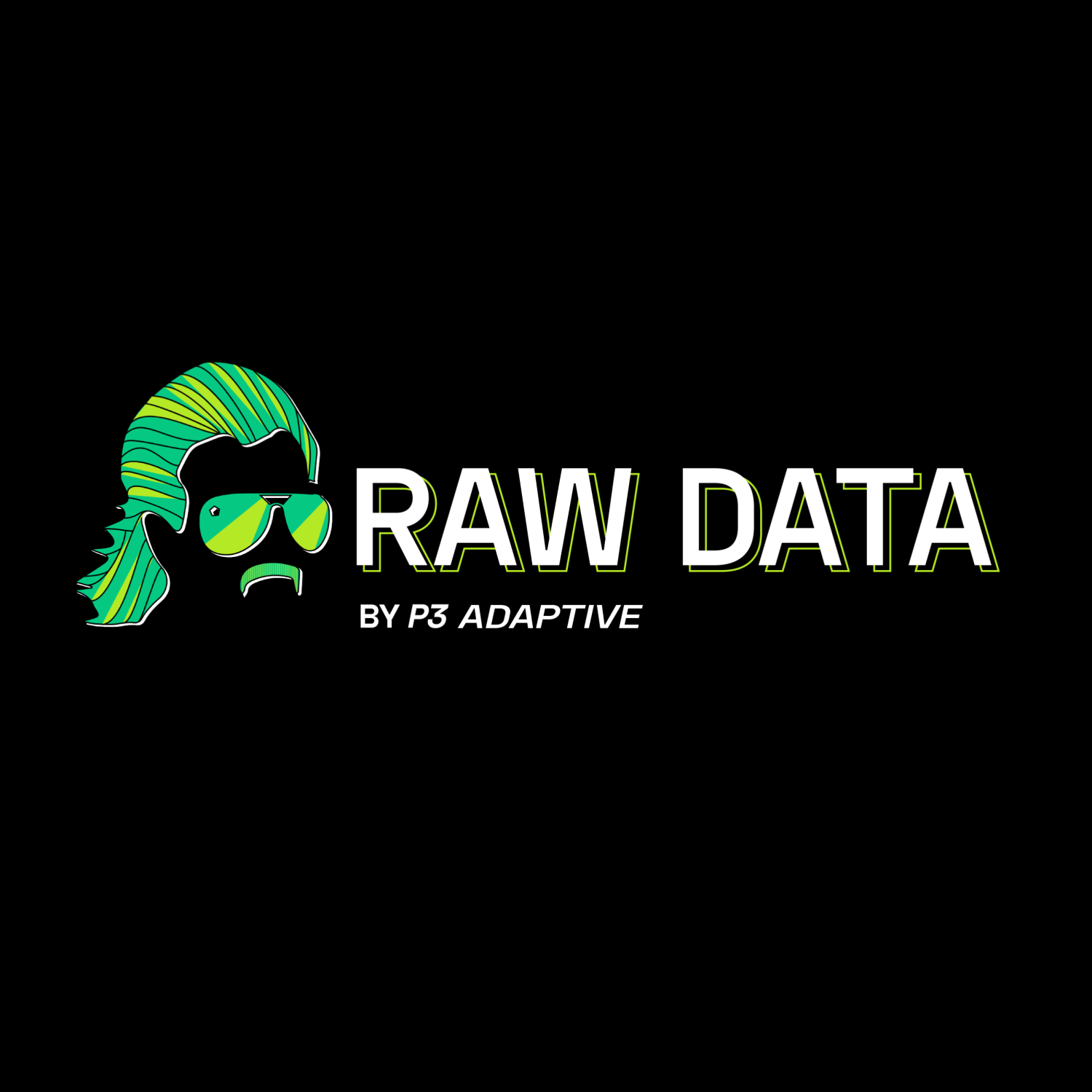
Adjacent and Between: Demystifying Digital Transformation with Power Apps and Power Automate
03.26.24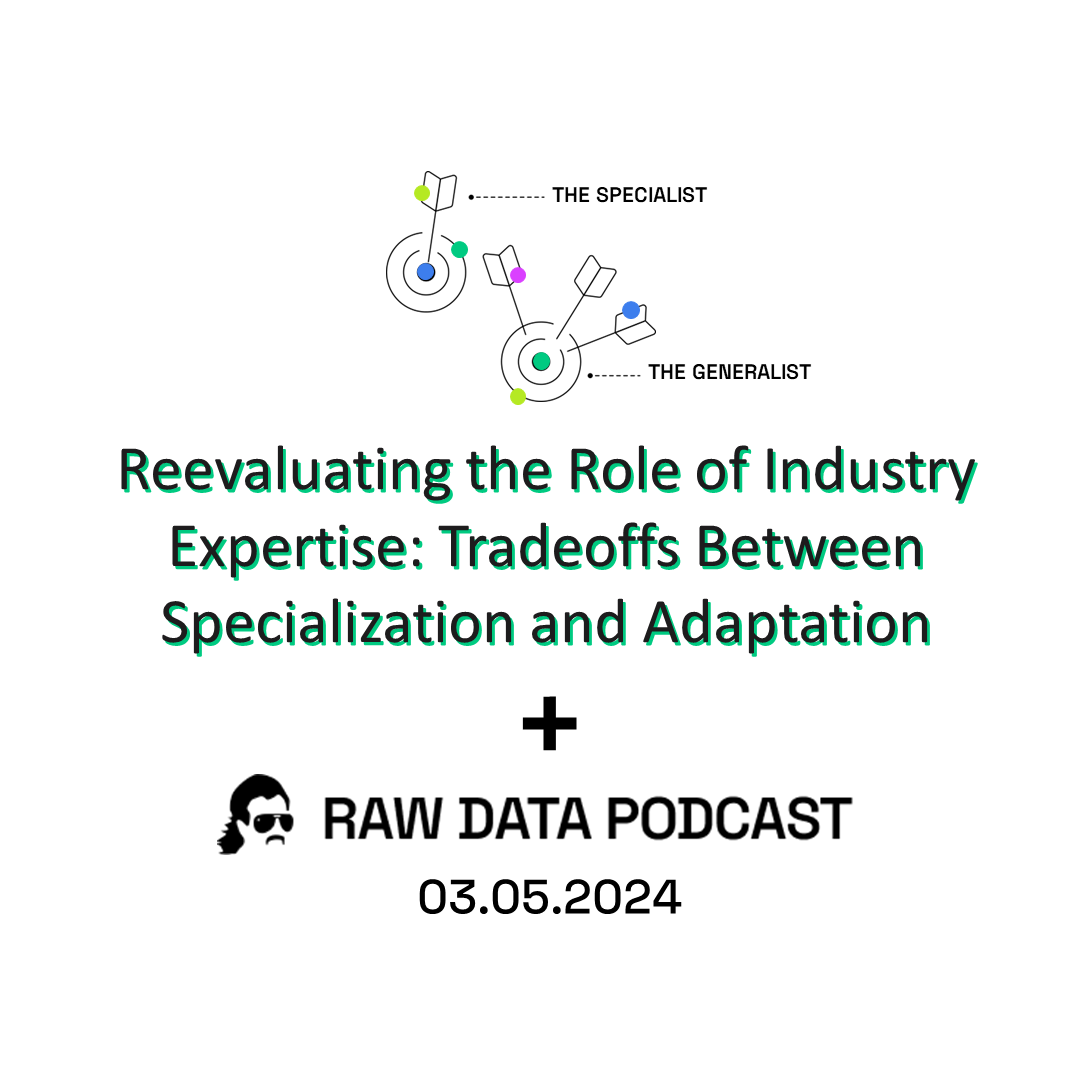
Reevaluating the Role of Industry Expertise: Tradeoffs Between Specialization and Adaptation
03.05.24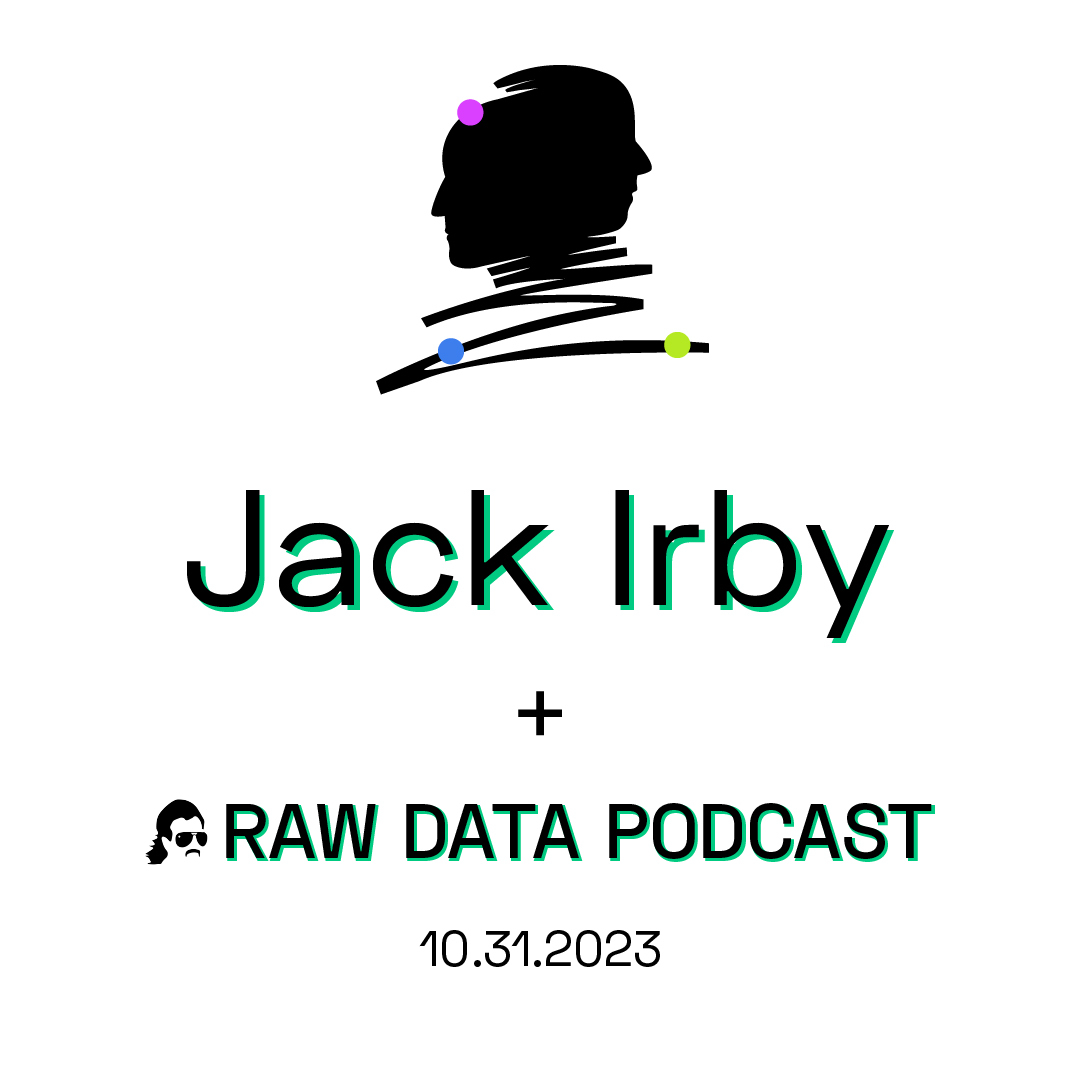
The Fruit of the Electric Grapevine: Industry-Leading Visibility on Limited Resources, w/ Jack Irby
10.31.23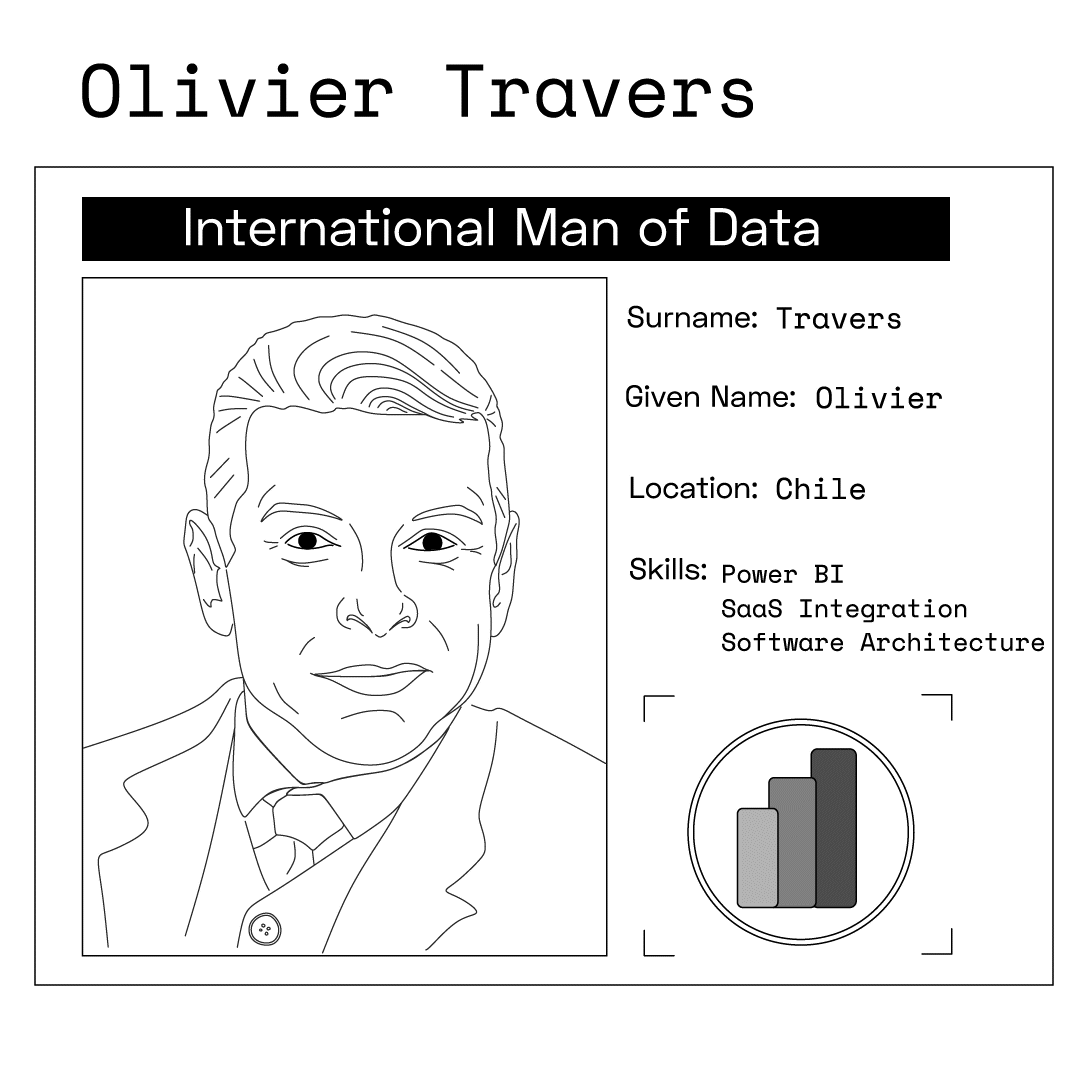
Stay Away from Guadalcanal, w/ Olivier Travers
MS Data Platform International Man Of Mystery
01.04.22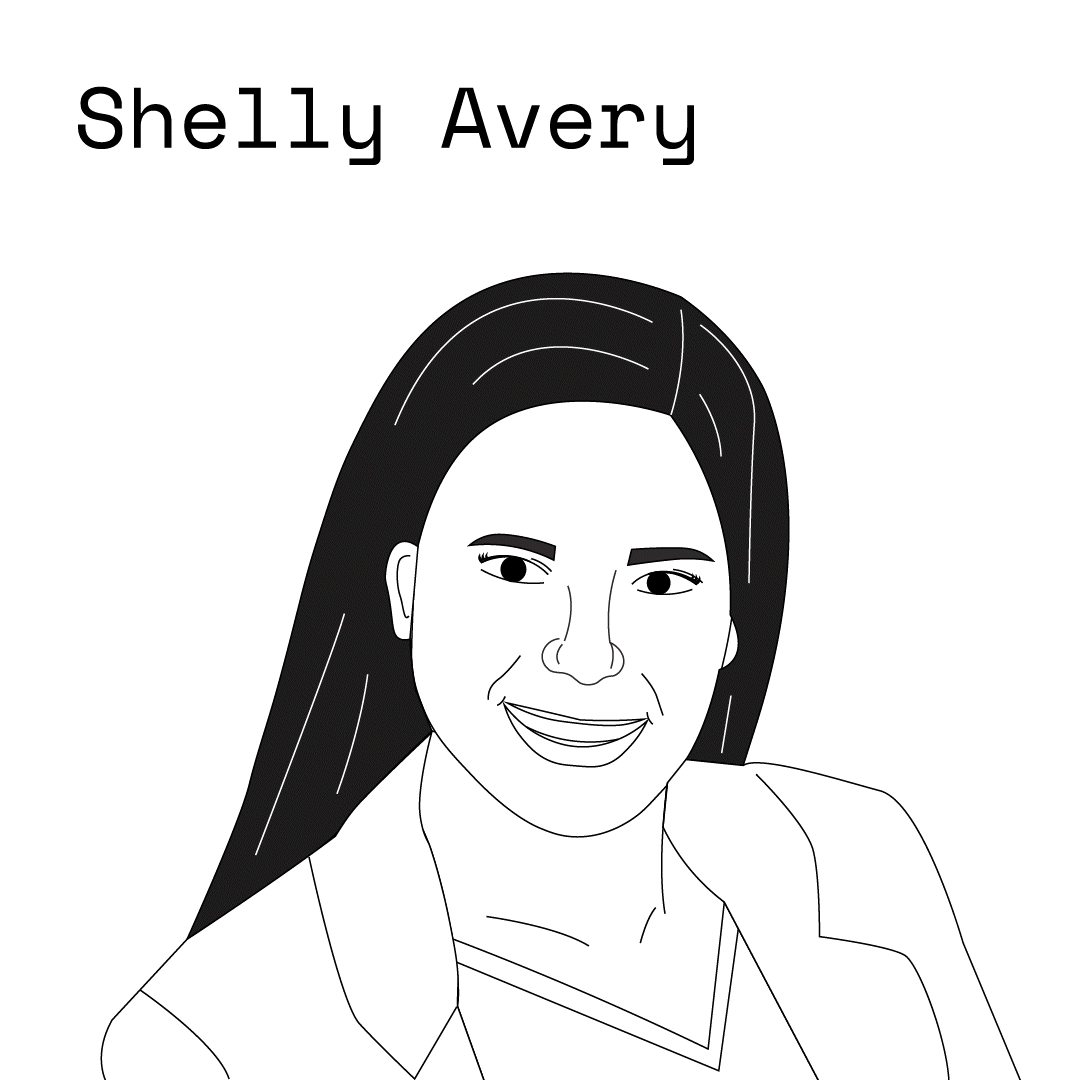
99% is the New Zero, w/ Microsoft Director Shelly Avery
Director-US Healthcare Specialist, Microsoft
09.14.21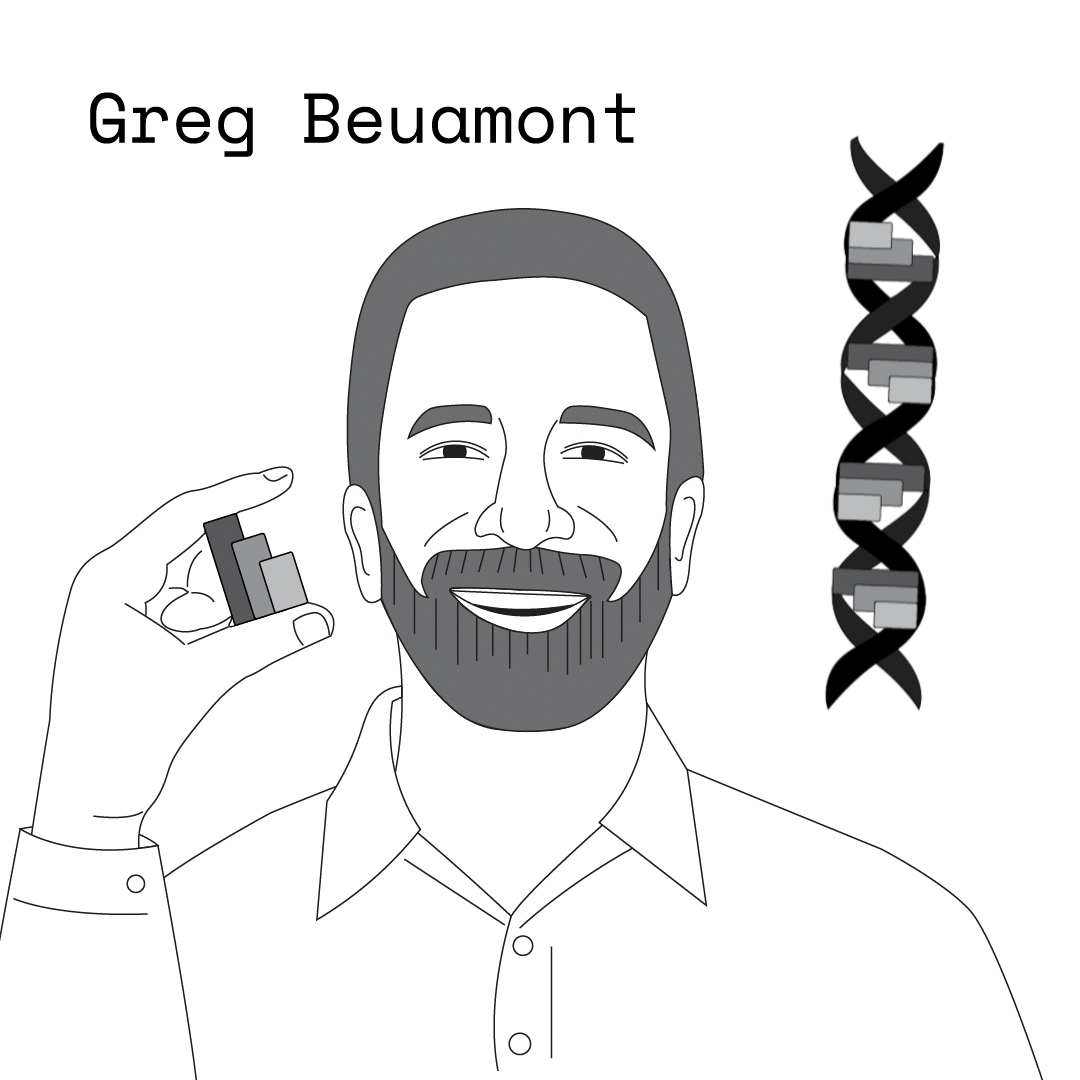
For Those About to DAX, w/ Microsoft’s Greg Beaumont
Senior Business Intelligence Specialist, Microsoft
08.17.21
Spreadsheet Celebrities & Power BI Playdates, w/ Chandoo
Hear from the Mozart of Excel Dashboards: Chandoo
08.10.21
The Data Lakehouse: Brick by Brick, w/ Databricks’ Denny Lee
Sr. Staff Developer Advocate, Databricks
08.03.21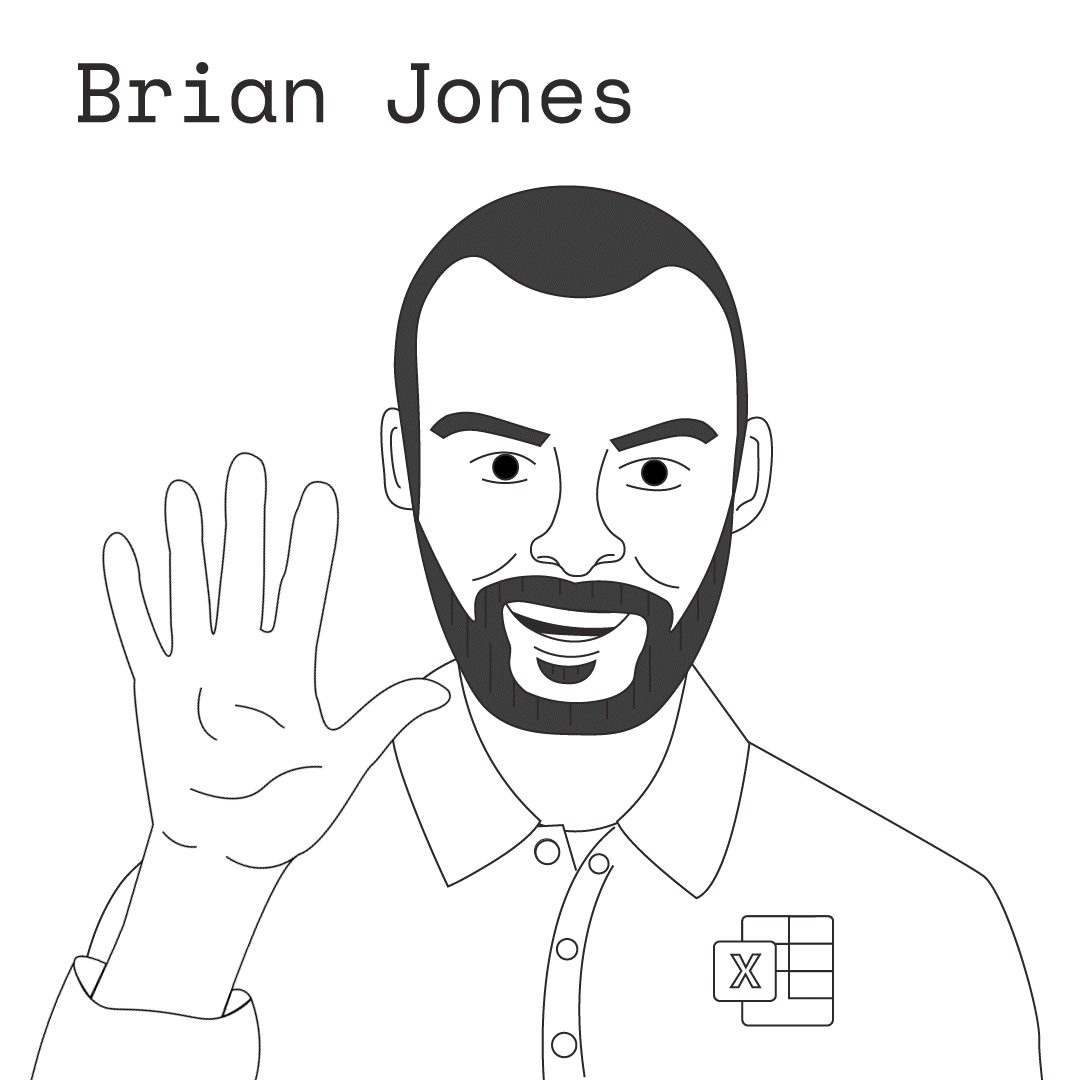
Excel Past/Present/Future, w/ Excel Head of Product Brian Jones
Head of Product, Excel-Microsoft
07.27.21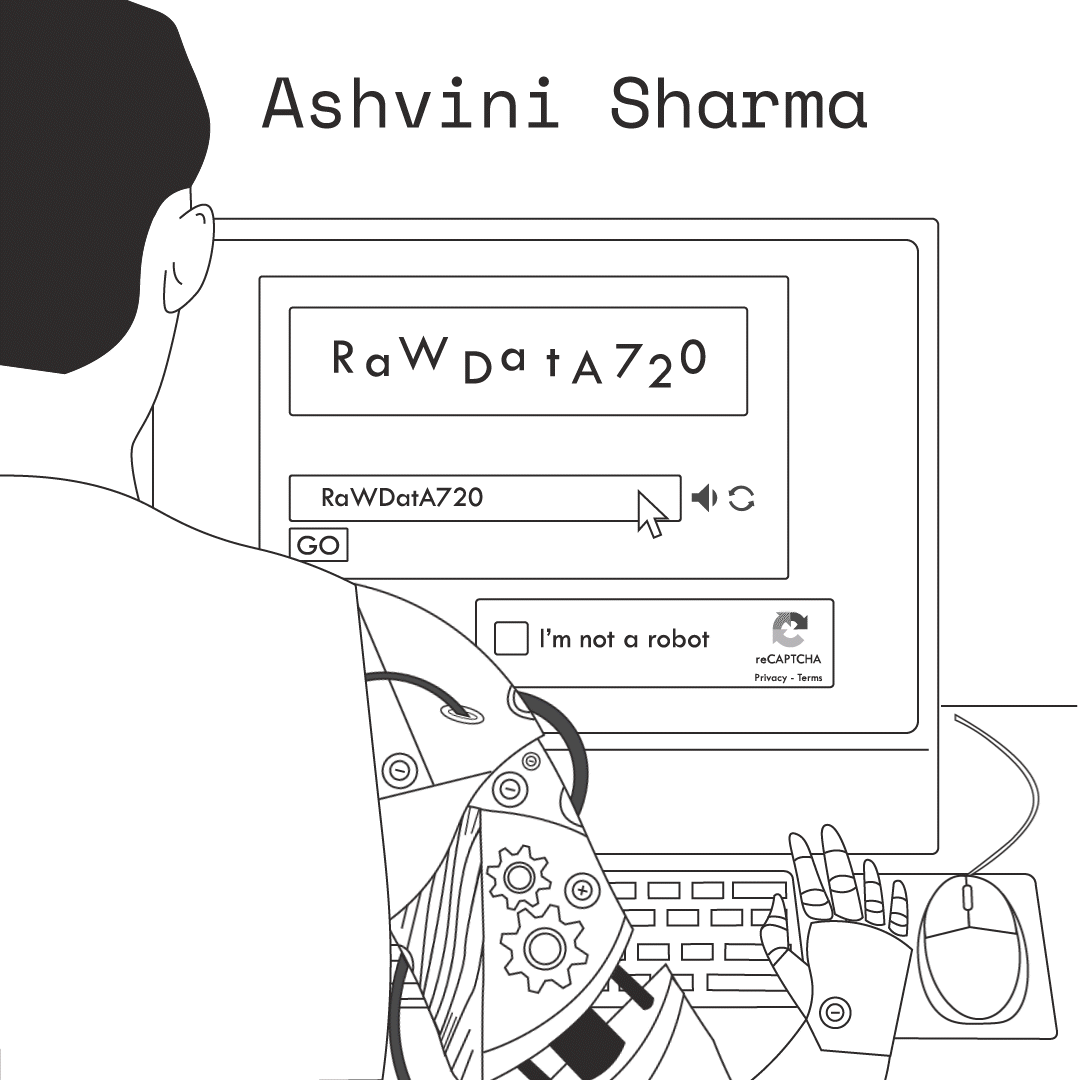
Robotic Process Automation for All, w/ Microsoft’s Ashvini Sharma
Group Program Manager-Power Automate RPA, Microsoft
07.20.21
COVID Basement Racquetball, w/ Microsoft’s Vishal Lodha
Strategic Account Director, Microsoft
06.03.21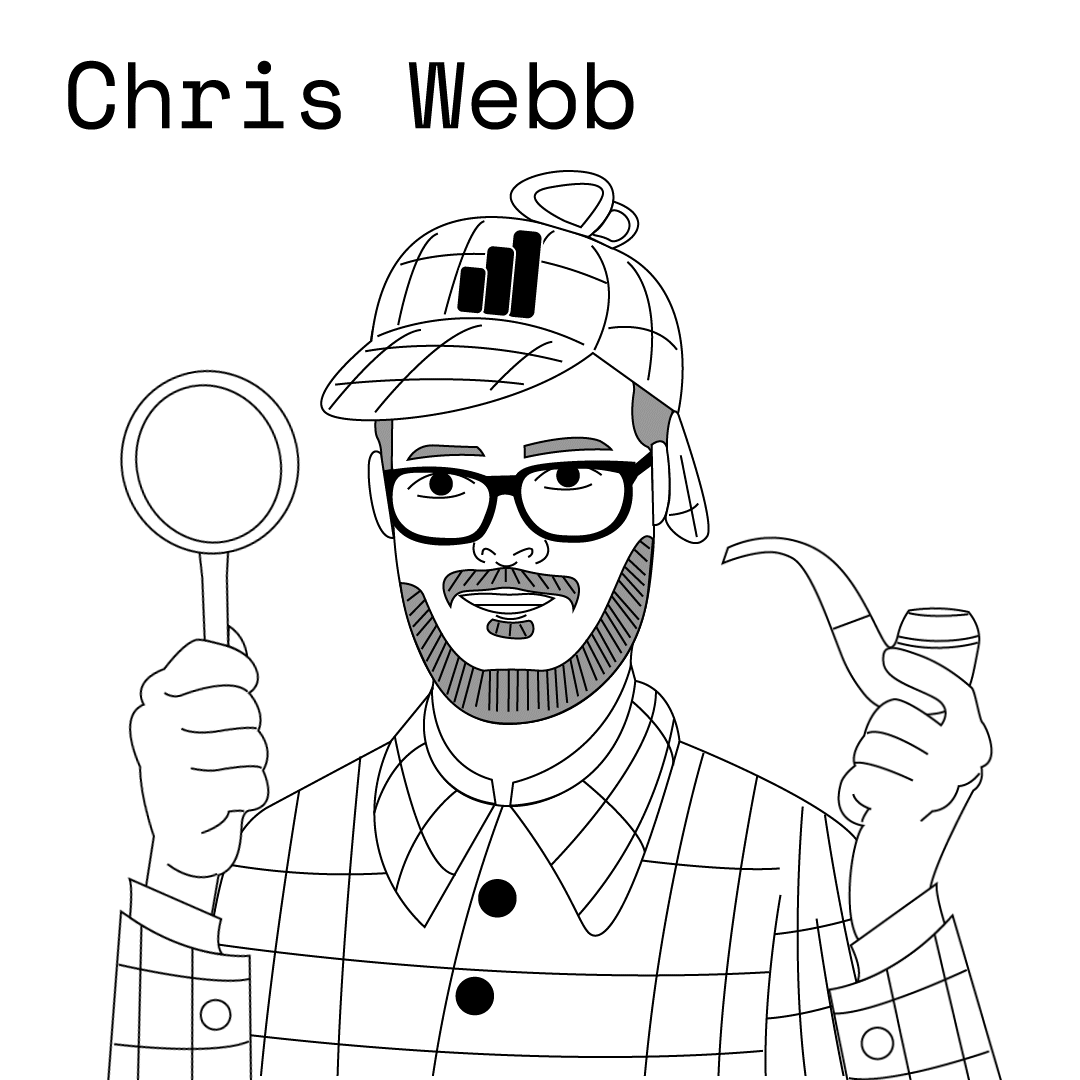
Surfing the Changing Seas of Data, w/ Microsoft’s Chris Webb
Principal Program Manager-Power BI Customer Advisory Team, Microsoft
06.01.21
A Different Kind of Data Emergency, w/ Derek Rickard
Chief Data Officer, Emergency Reporting
05.04.21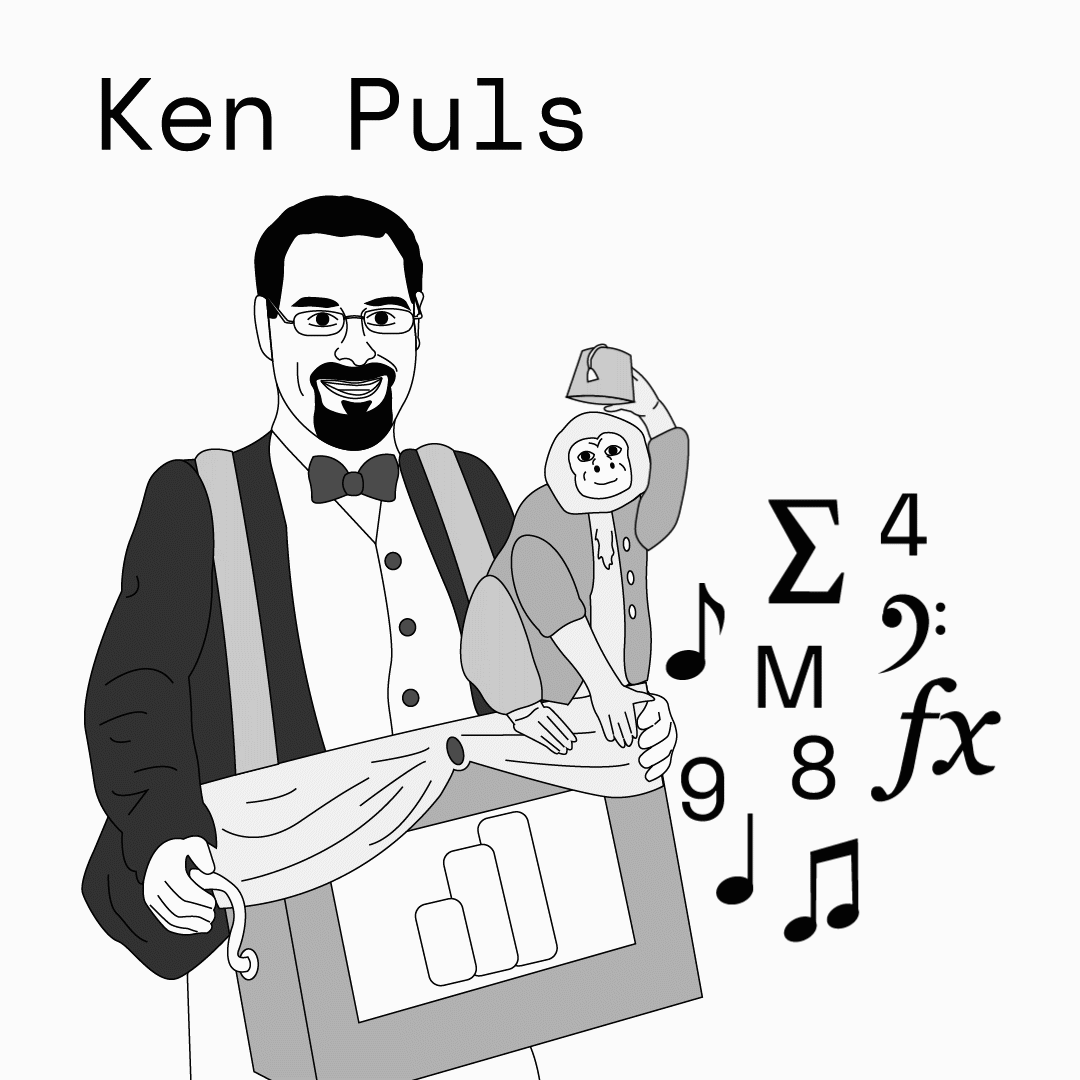
Earth’s Only Hope vs. Alien Excel Invaders, w/ Ken Puls
President and Chief Training Officer, Excelguru Consulting Inc.
04.27.21
Intelligence Platform is a Cool Name, w/ Microsoft CVP Arun Ulag
Corporate Vice President of the Business Intelligence Platform at Microsoft
04.01.21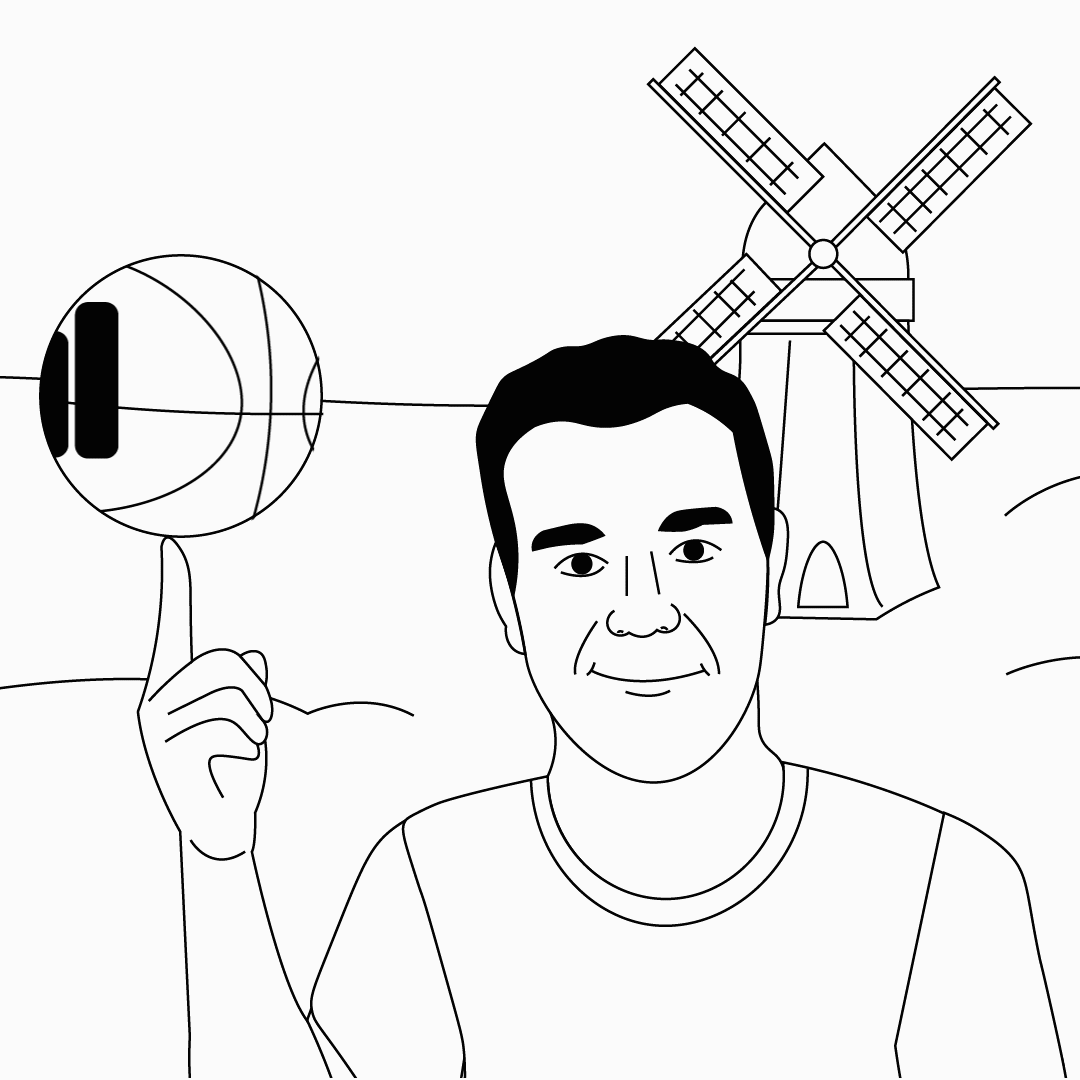
The Dutchman of Data Dunked on Me, w/ Kasper de Jonge
Analytics Advisor and Principal Program Manager-Power BI, Microsoft
03.23.21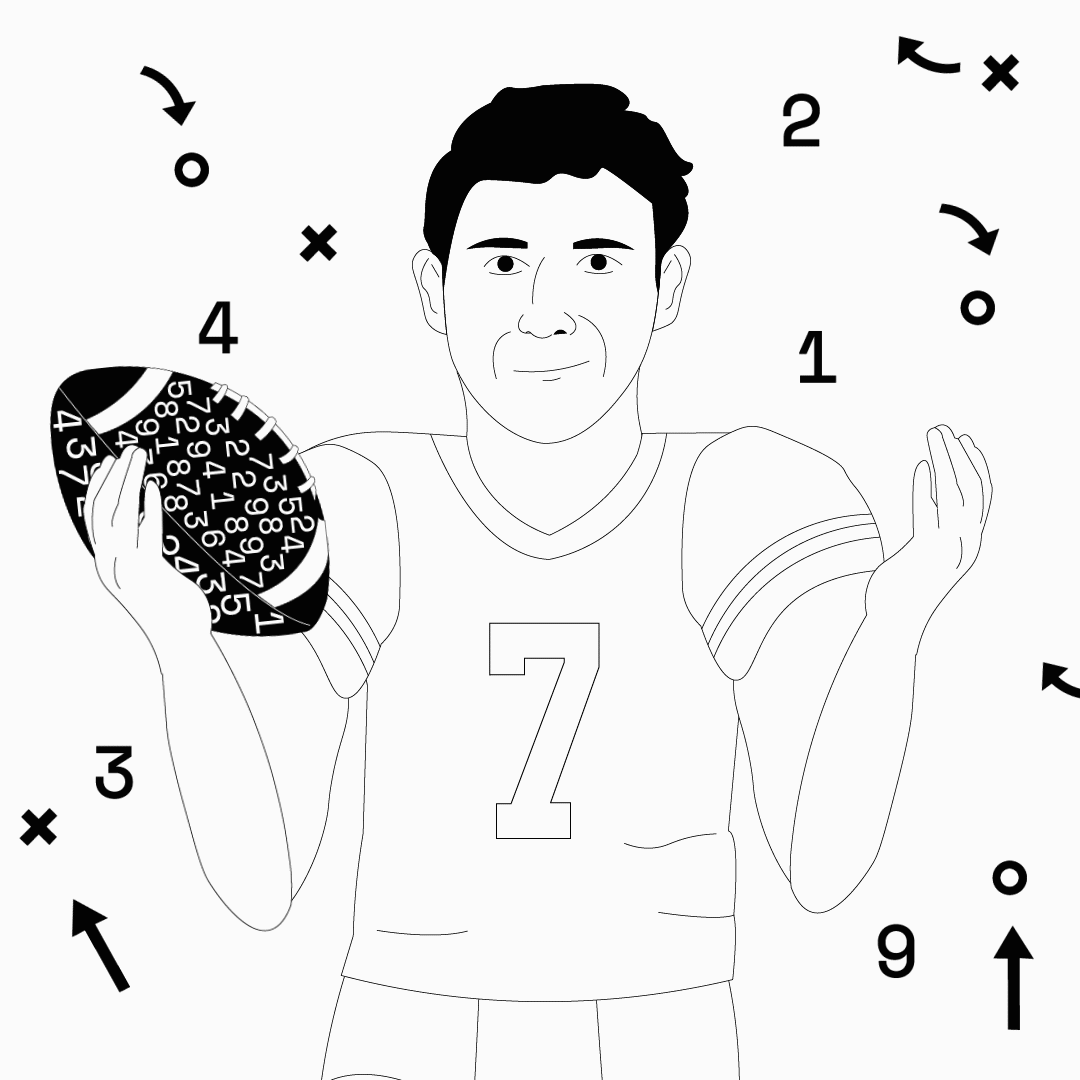
Everyone’s in the Middle, w/ Former NFL QB Hugh Millen
Former NFL Quarterback and Data Nerd
03.09.21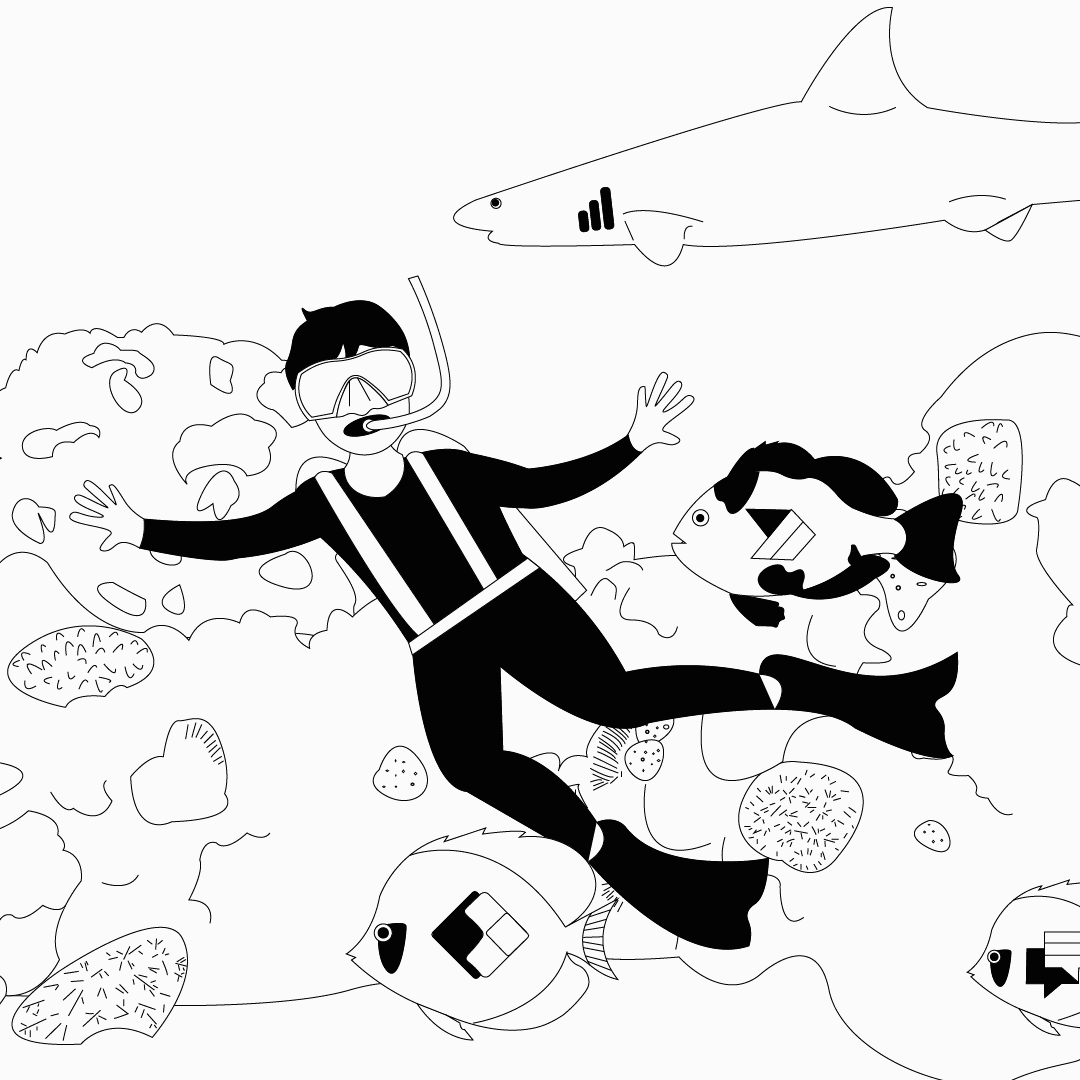
Marine Biology Leads to Power Platforming, w/ Chuck Sterling
Senior Program Manager, Microsoft
02.23.21
Data Chefs Can Come From Anywhere, w/ Gartner’s Lori Rodriguez
Vice President Executive Programs at Gartner
01.26.21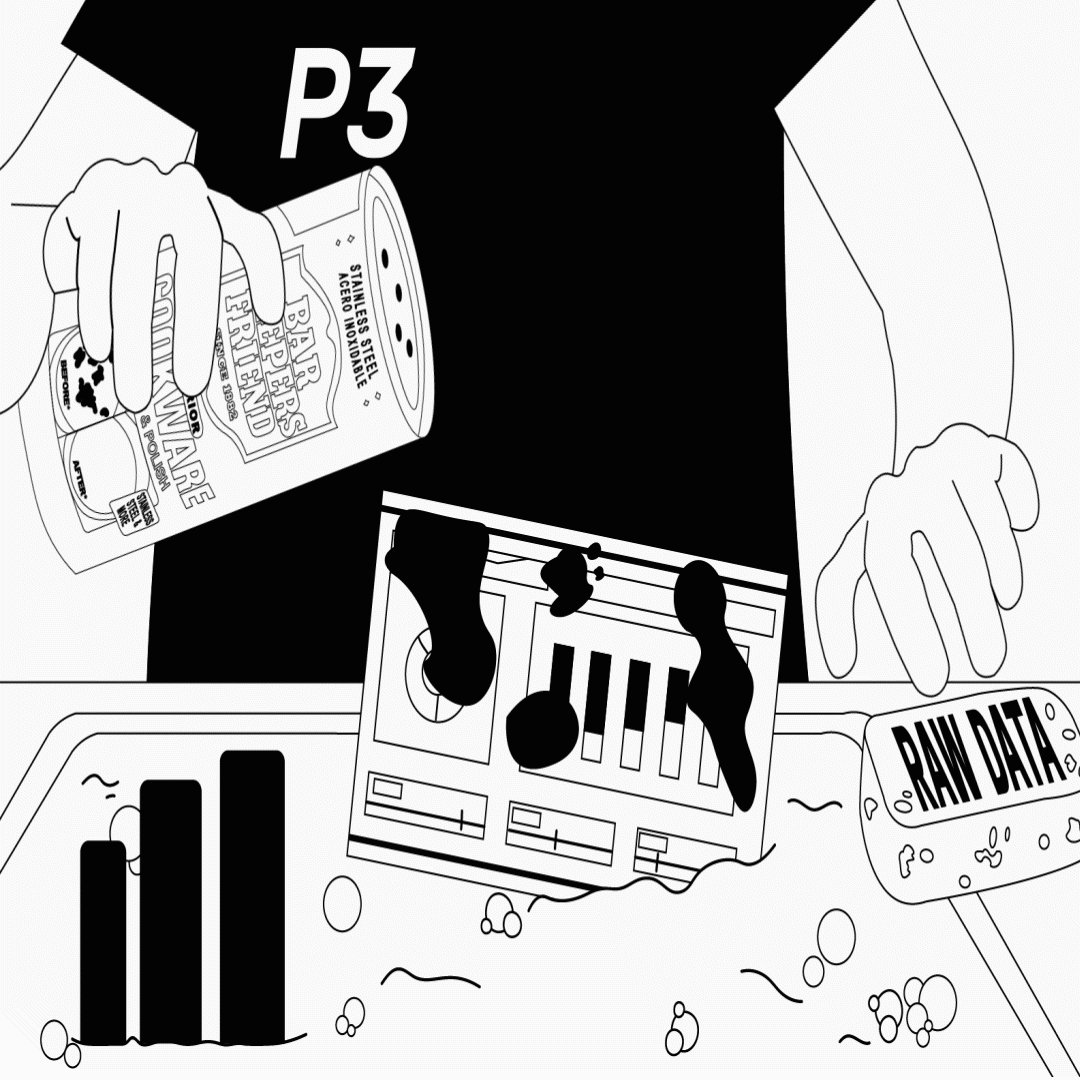
Scrubbing Data & Beating COVID, w/ Matt Selig of Bar Keepers Friend
Exec. Vice President, Chief Financial Officer & Chief Human Resources Officer at SerVaas Labs
01.05.21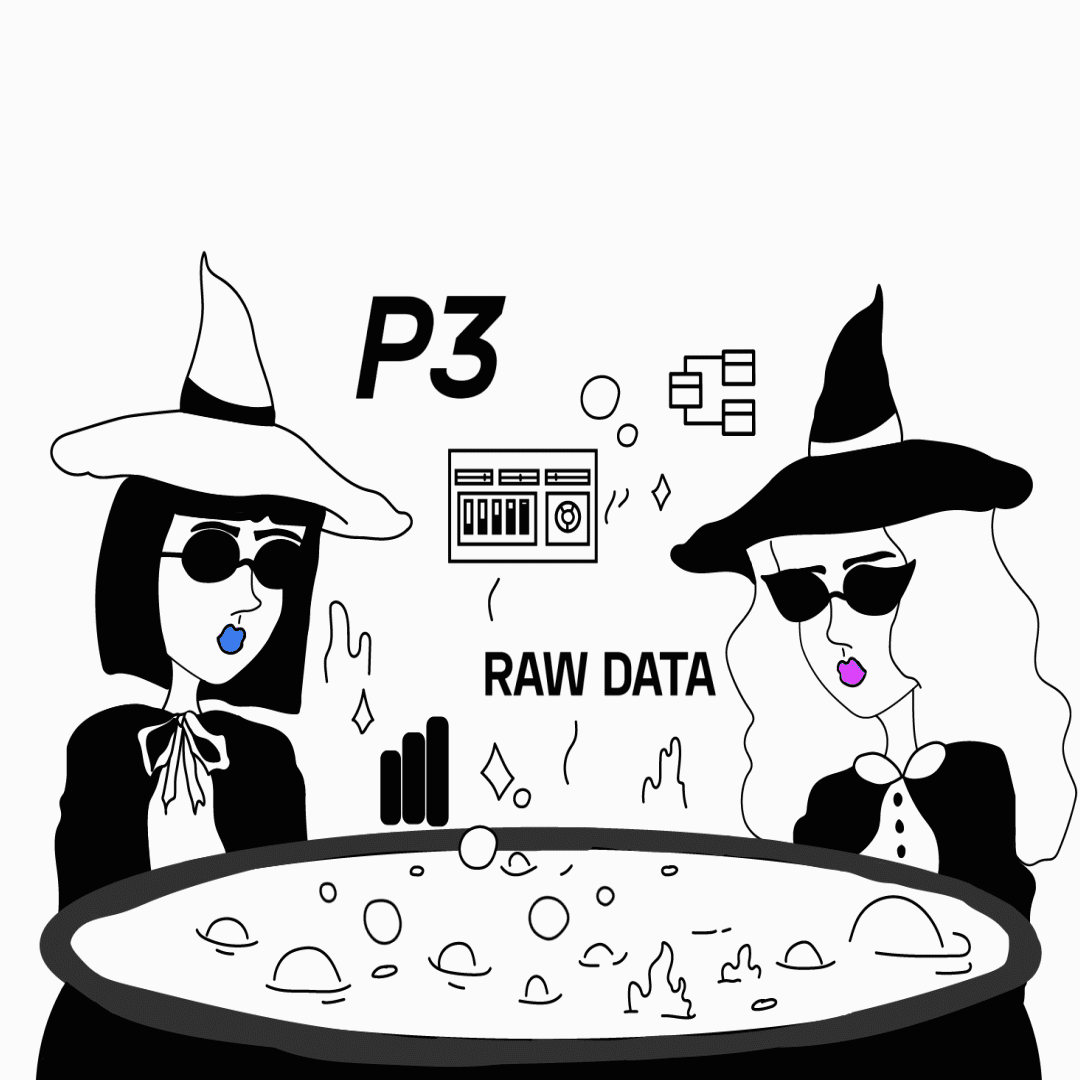
The Data Witches, w/ Shannon Lindsay & Stephanie Bruno
Shannon Lindsay-Microsoft Certified Data and Analytics Professional &
Stephanie Bruno-Associate Director of Informatics at the Elizabeth Glaser Pediatric AIDS Foundation (EGPAF)
12.22.20
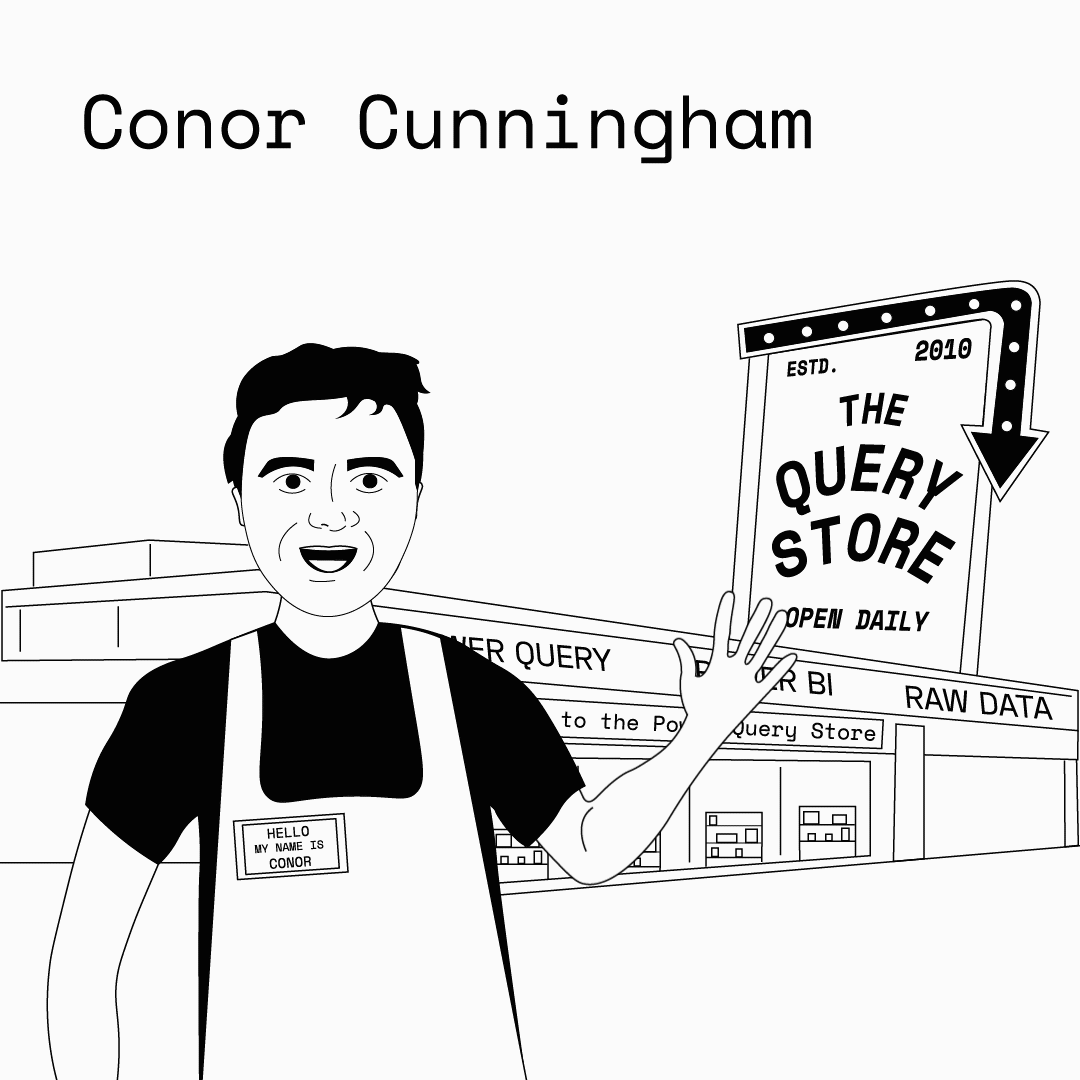
The Query Store’s Open for Biz, w/ Microsoft’s Conor Cunningham
Partner Software Architect, SQL Server Engine-Microsoft
12.15.20One of the World’s Most Amazing Humans, w/ Matt Allington
Power BI Consultant, Trainer, & Microsoft MVP
12.01.20
